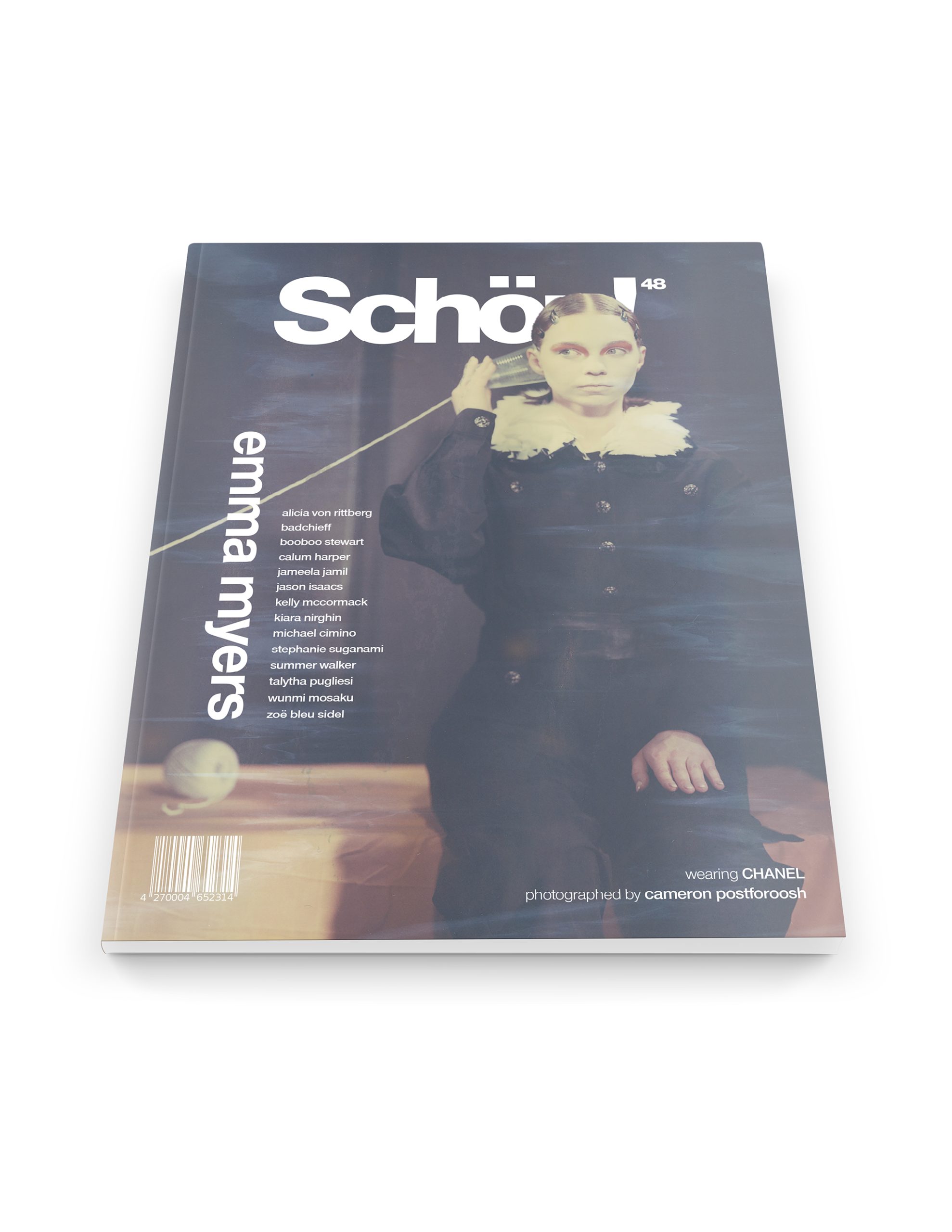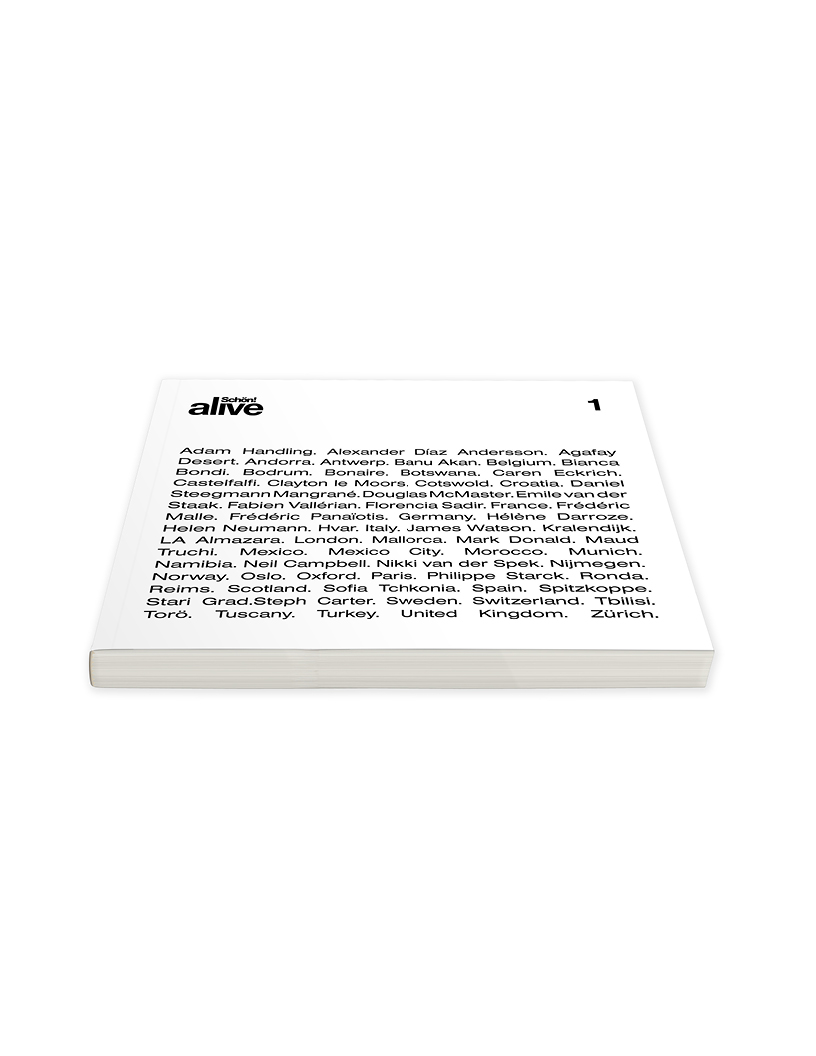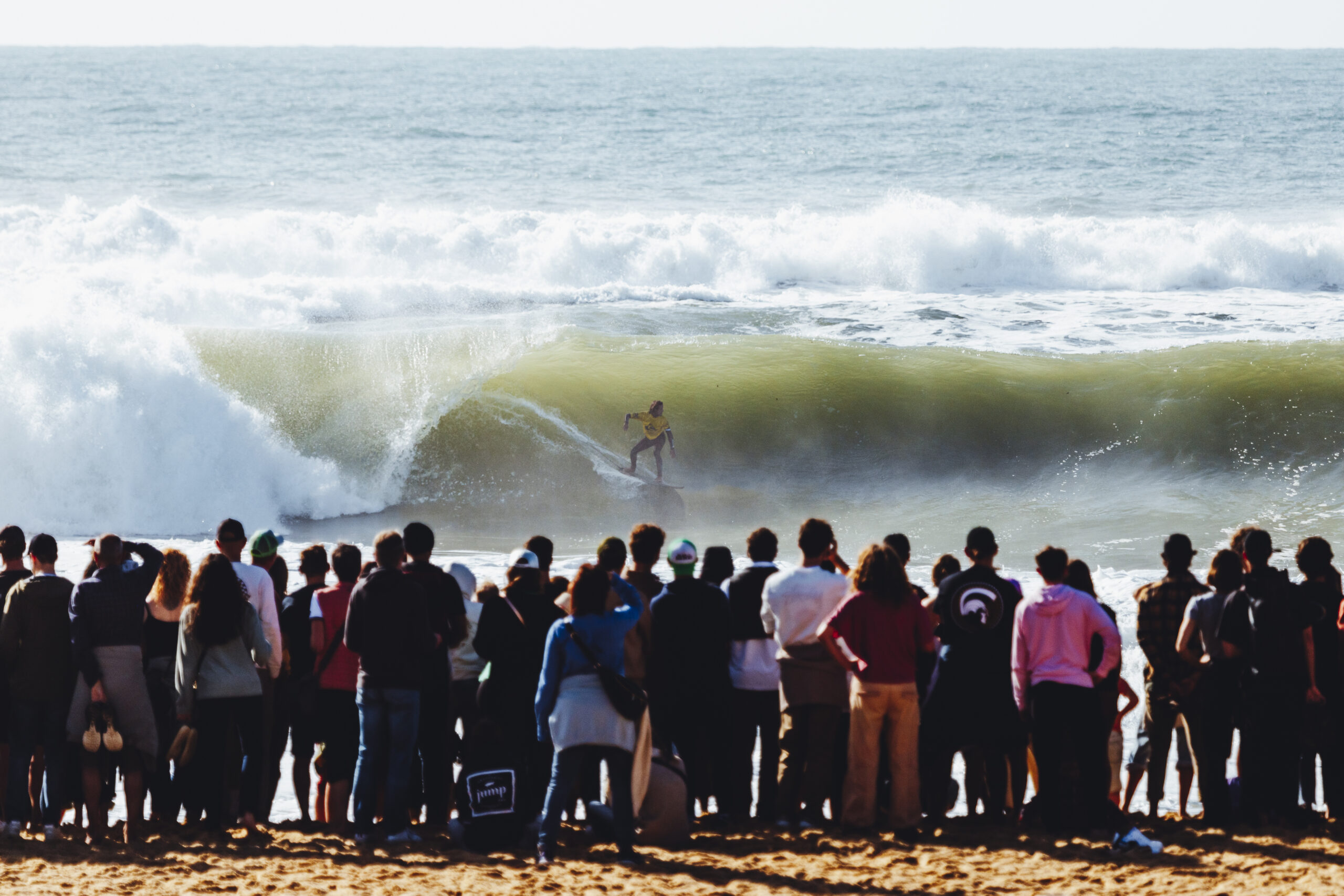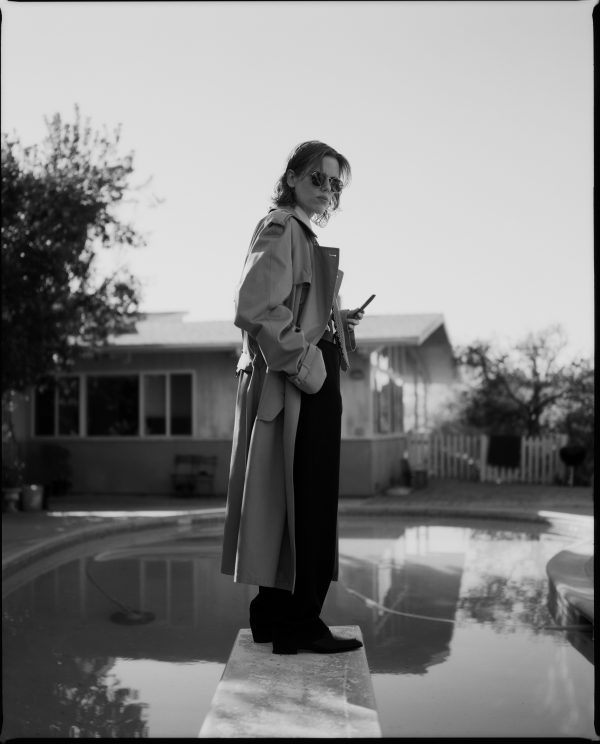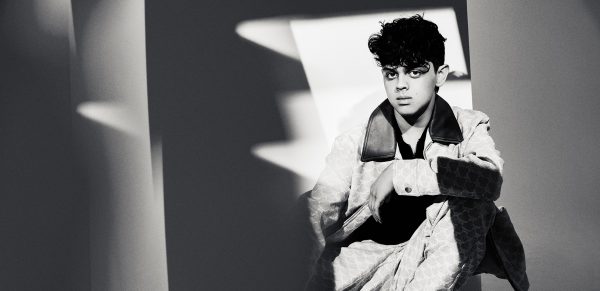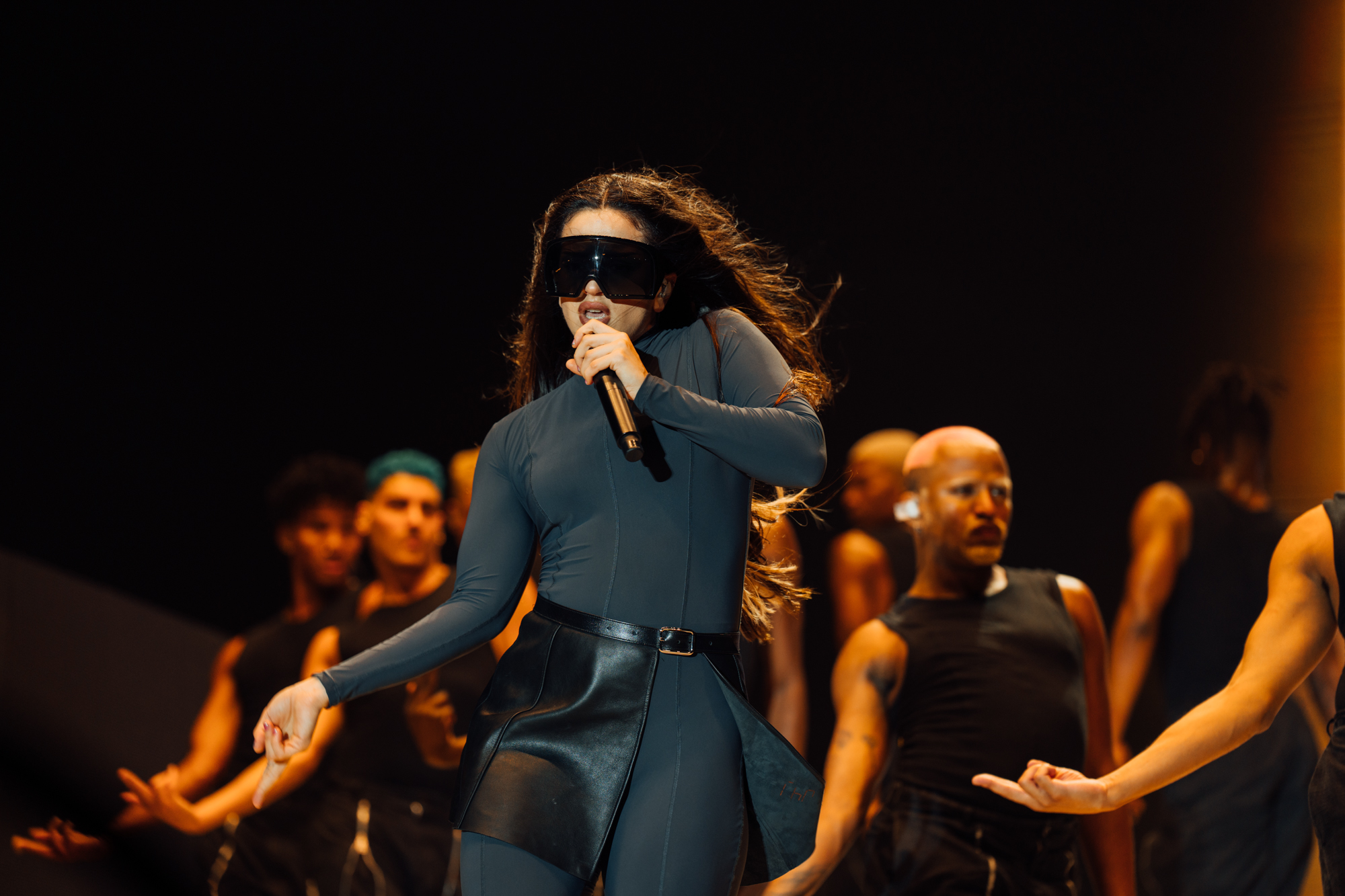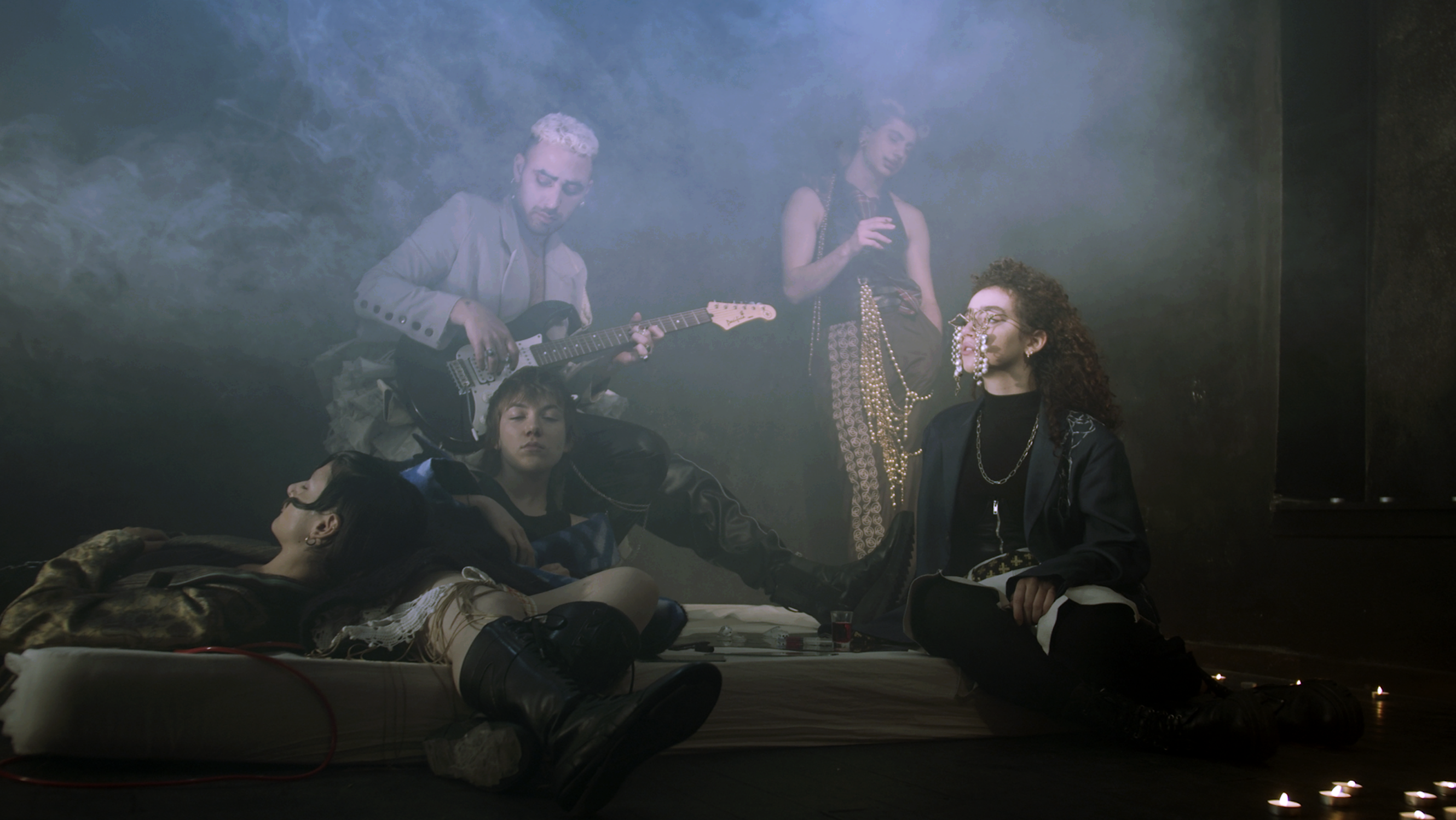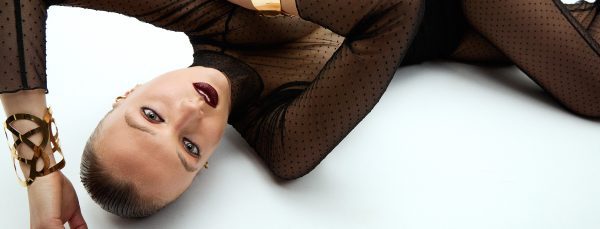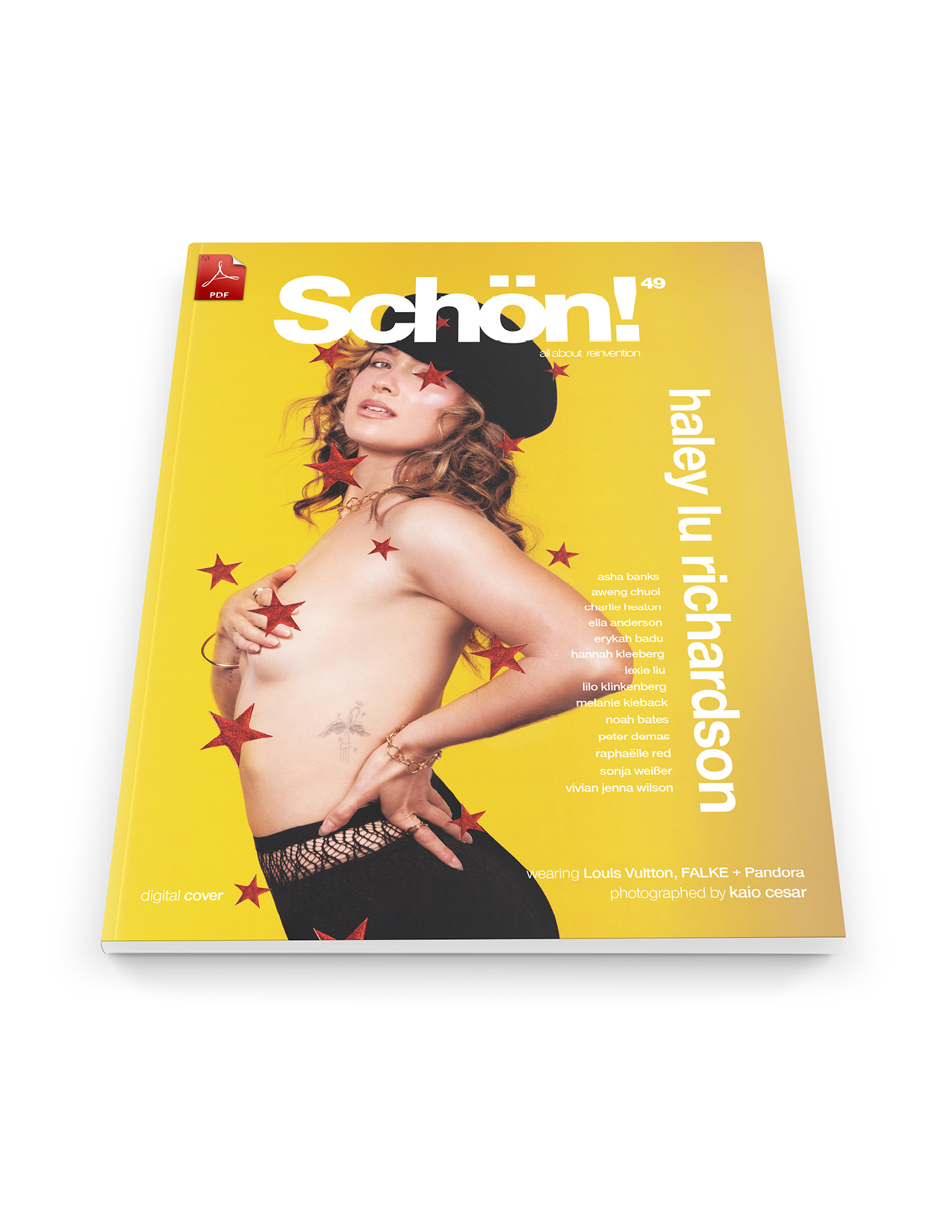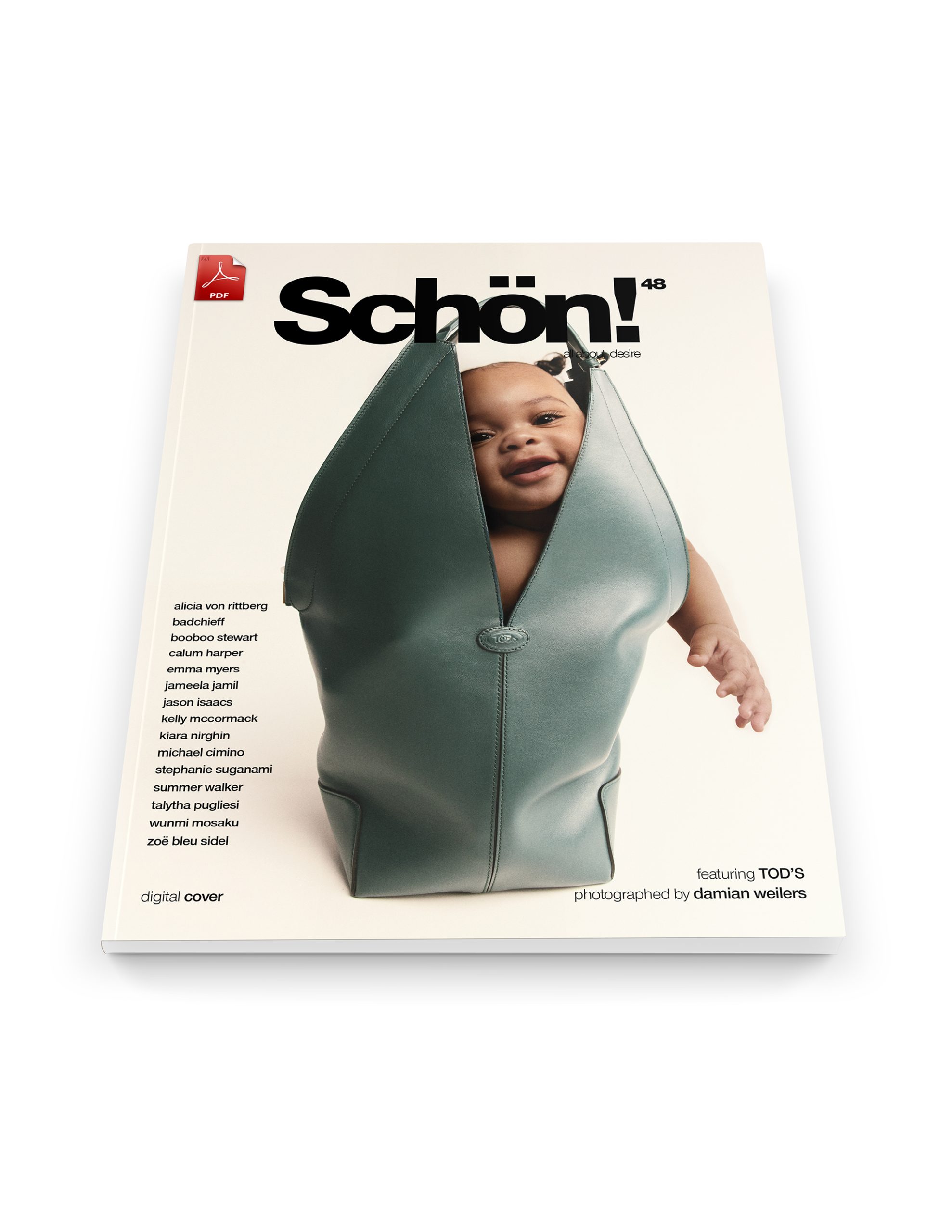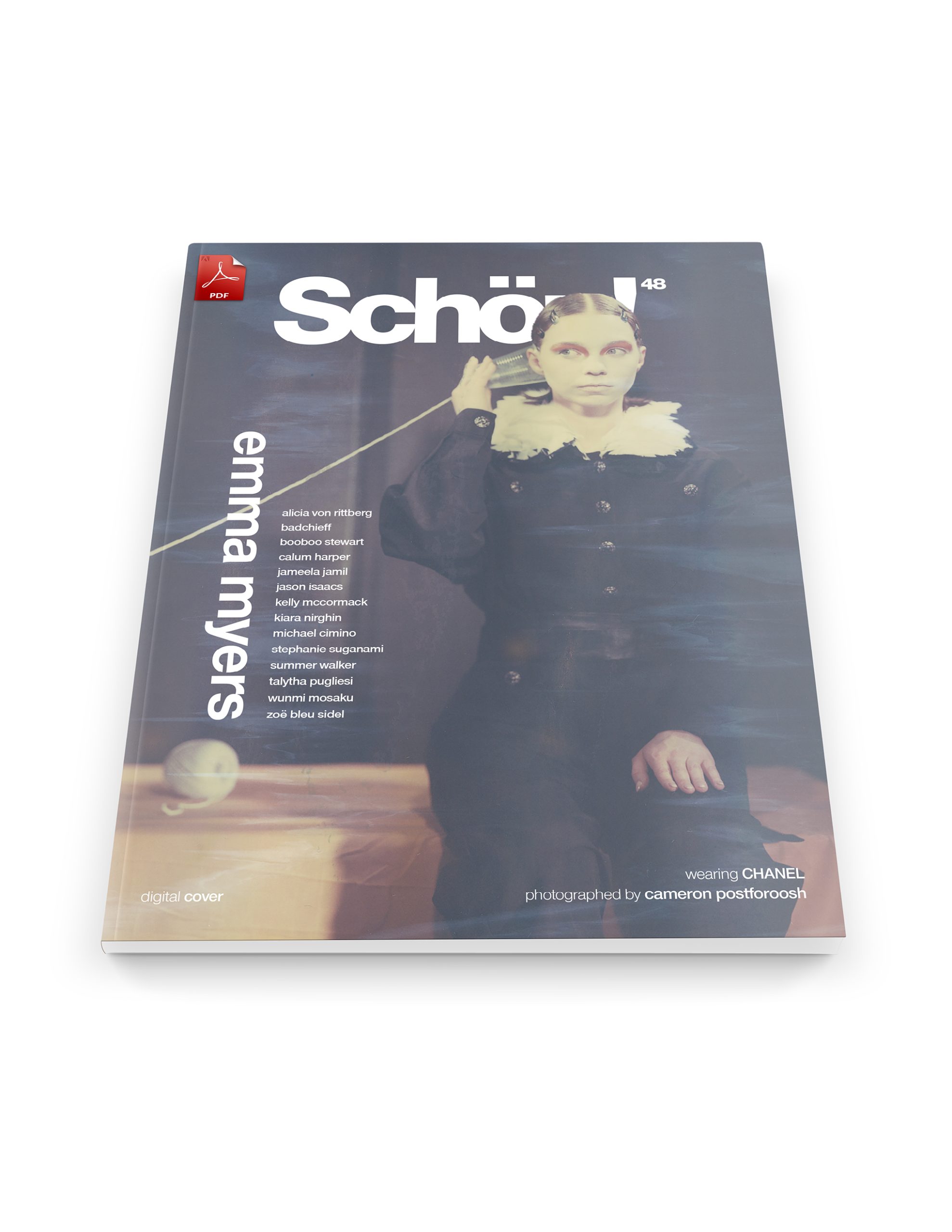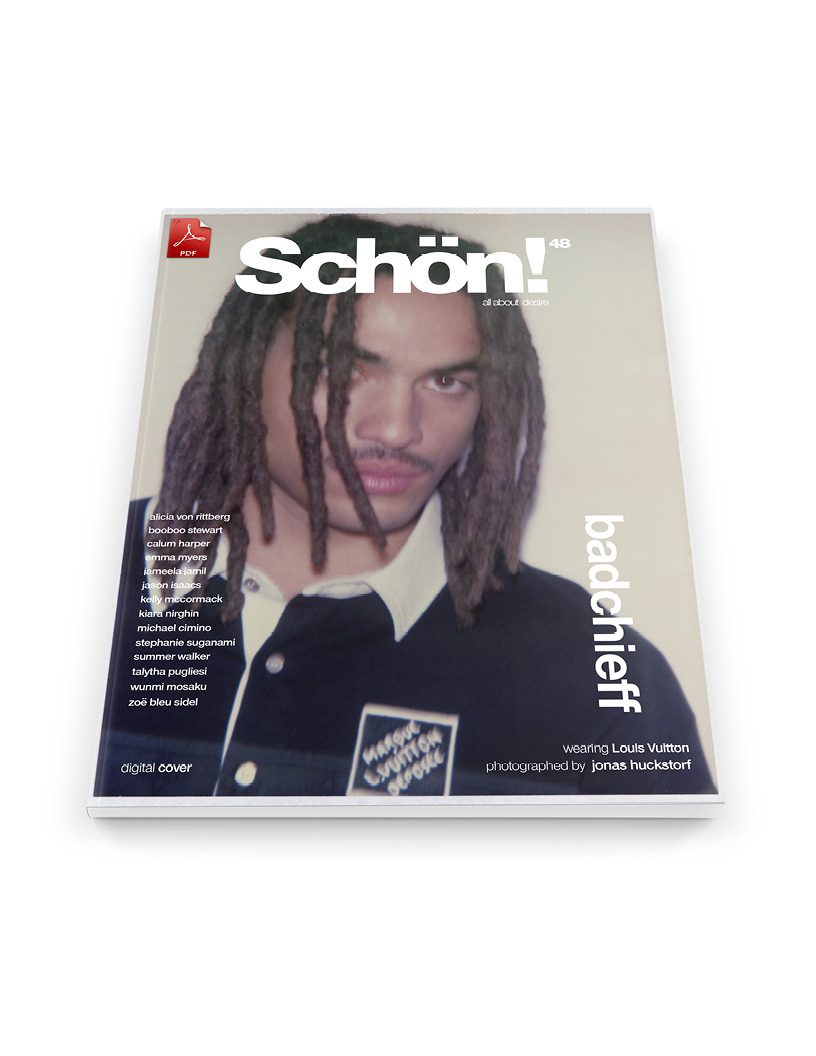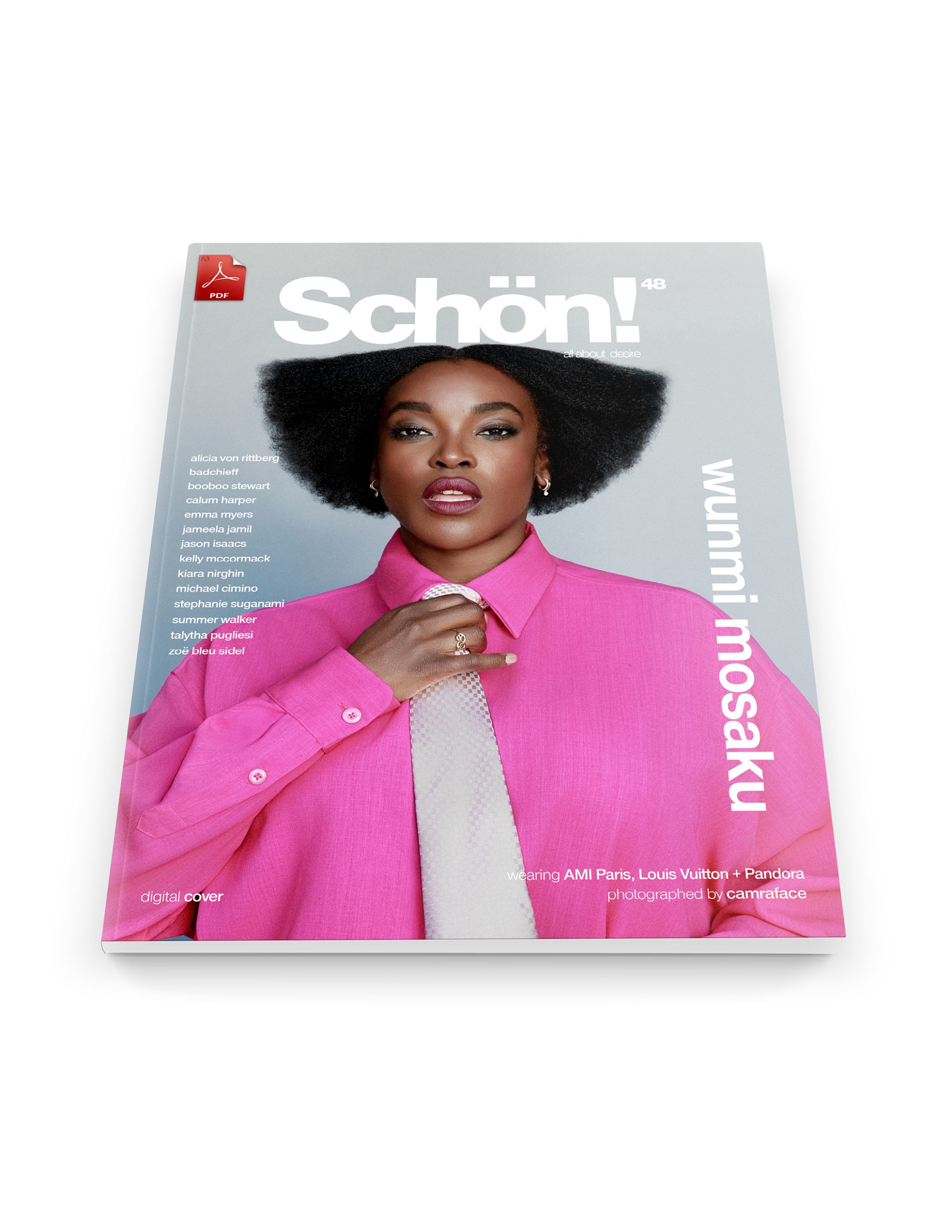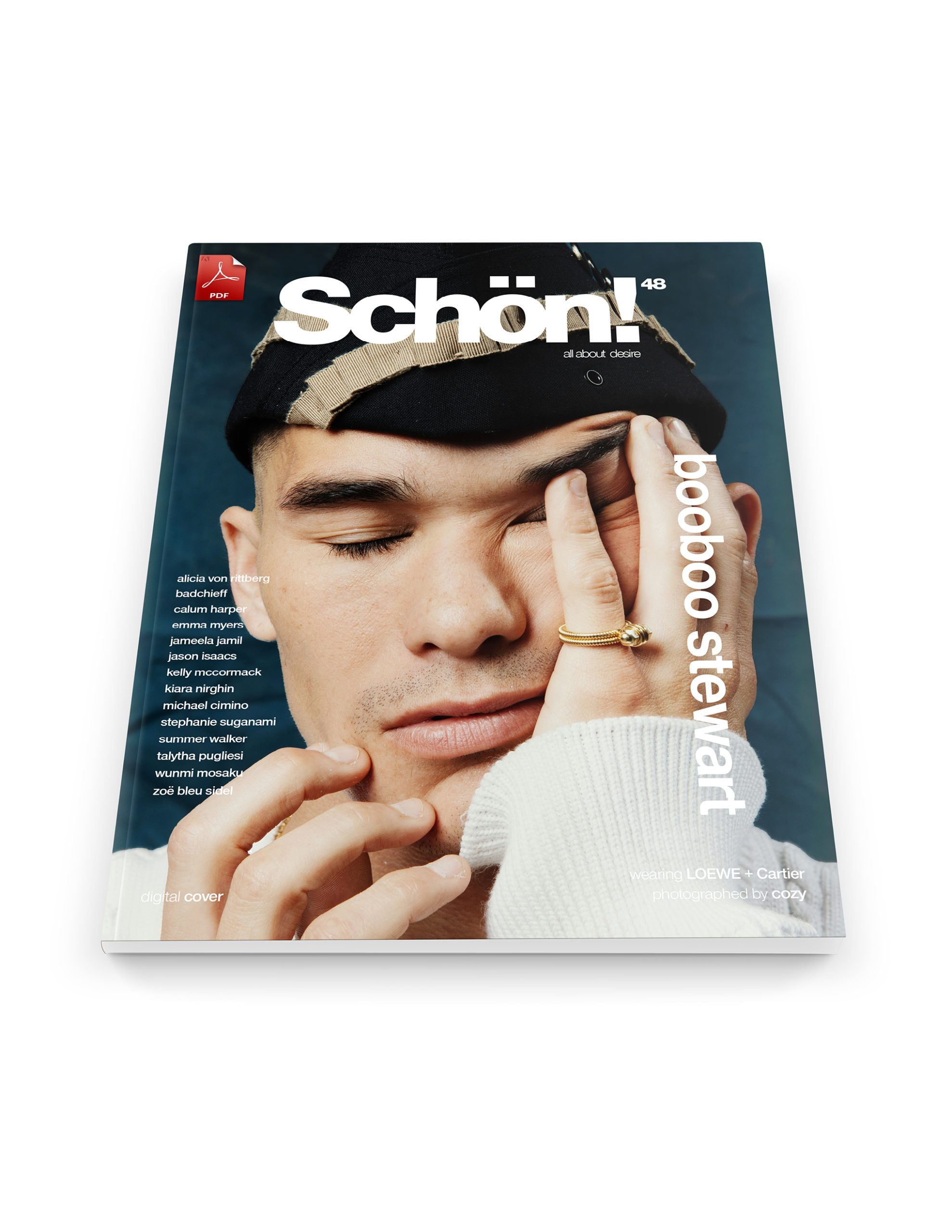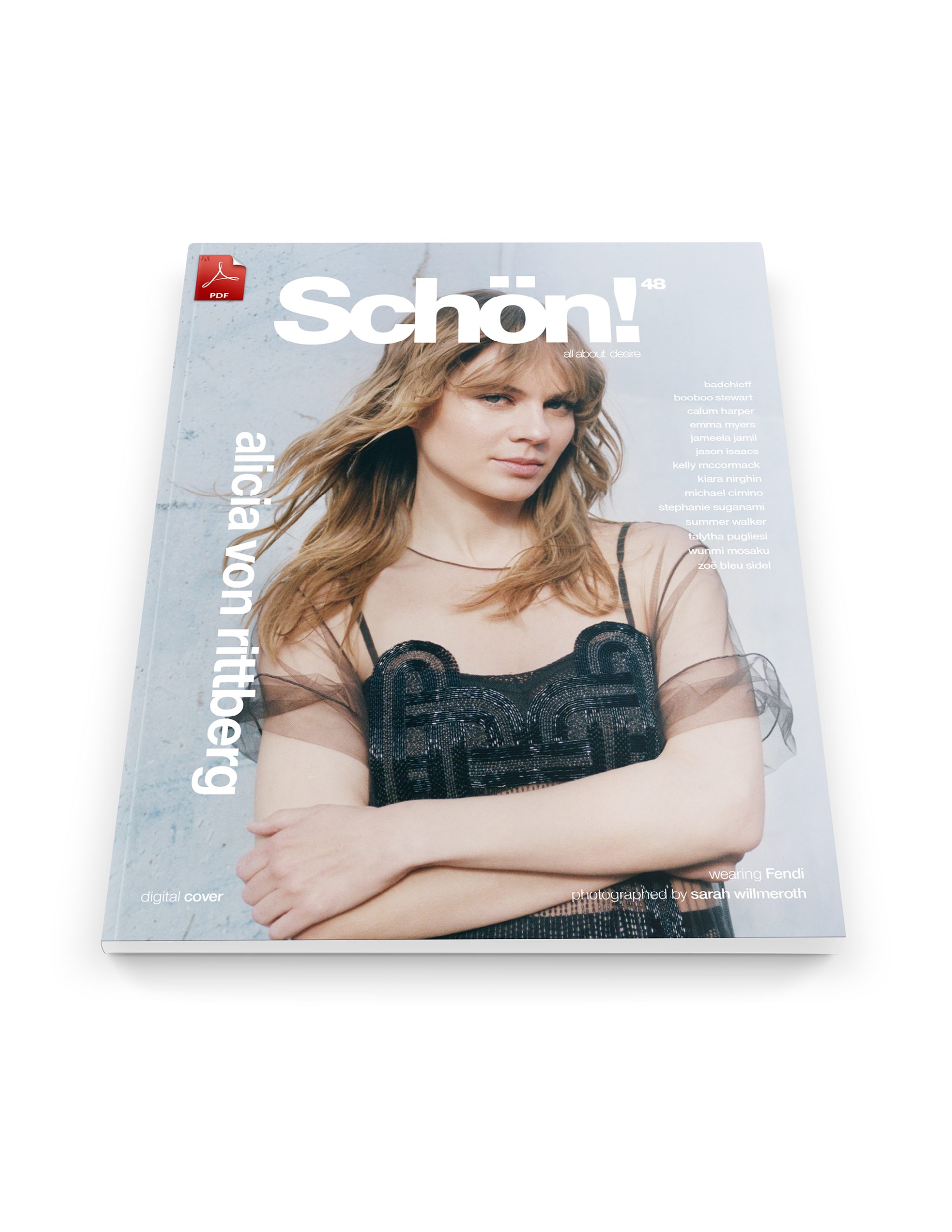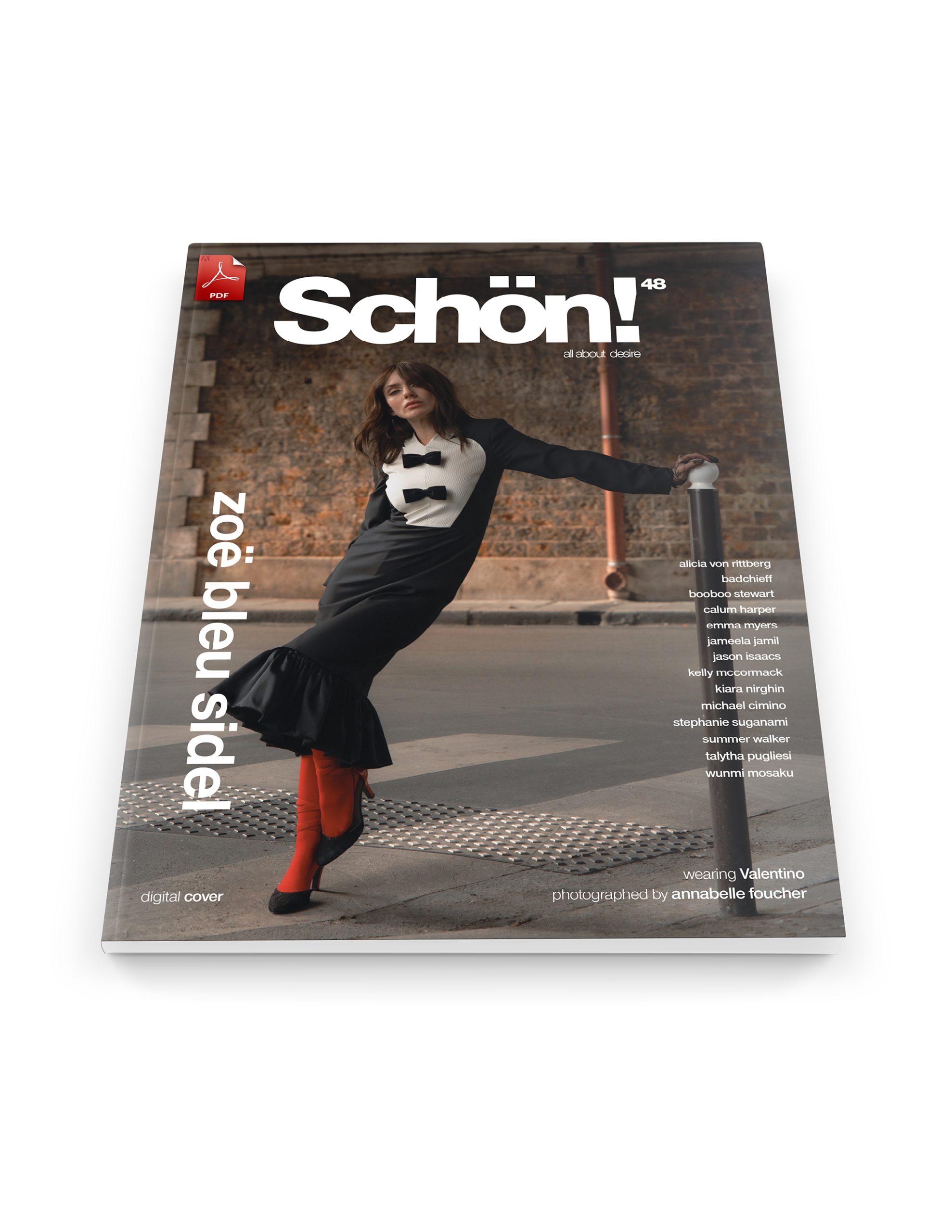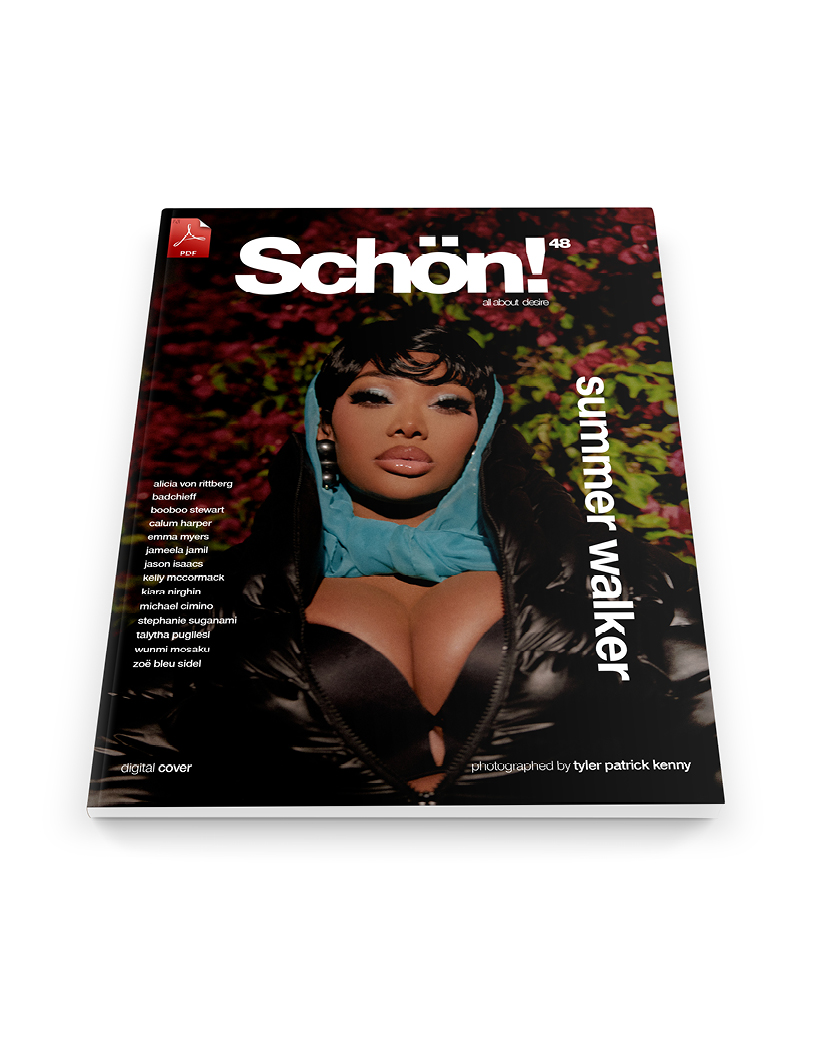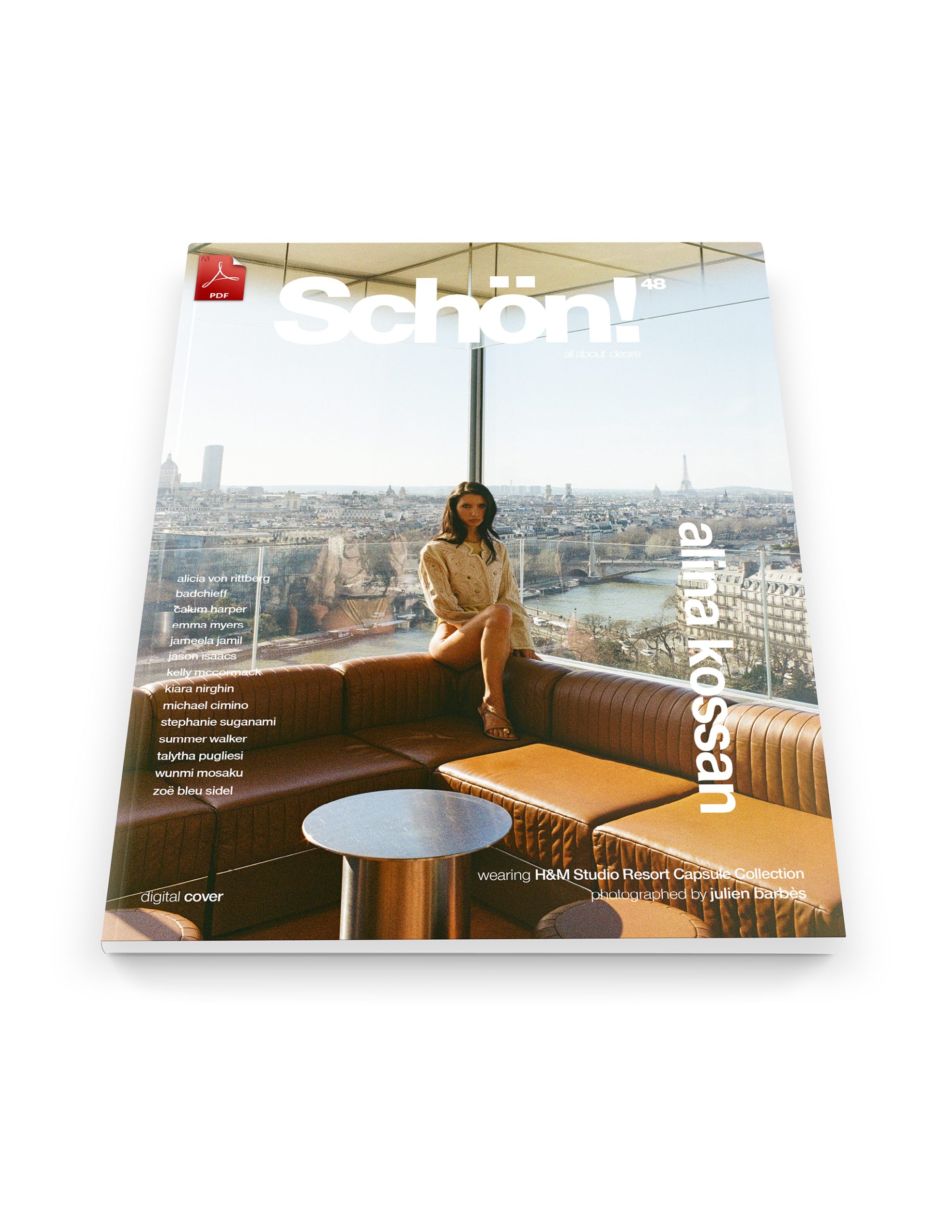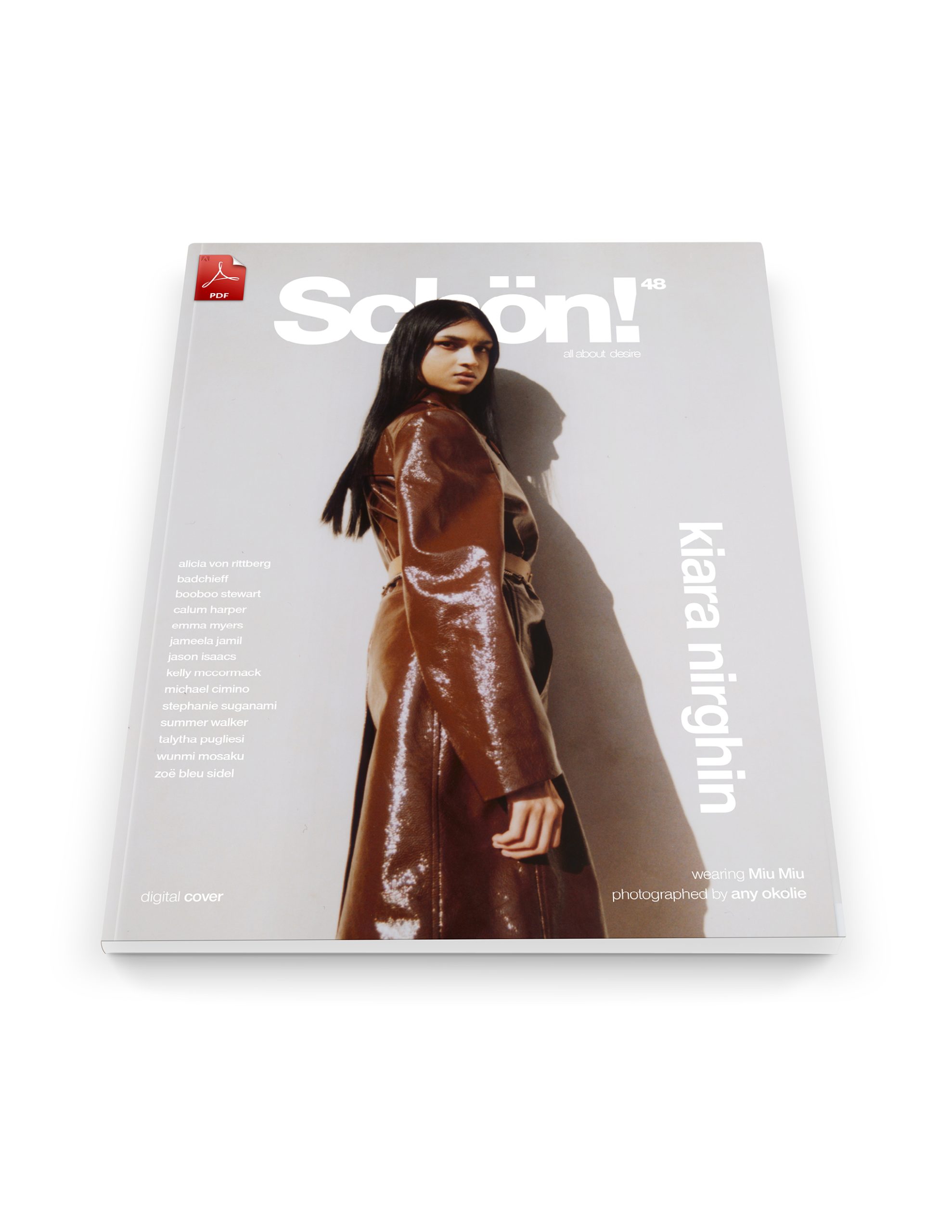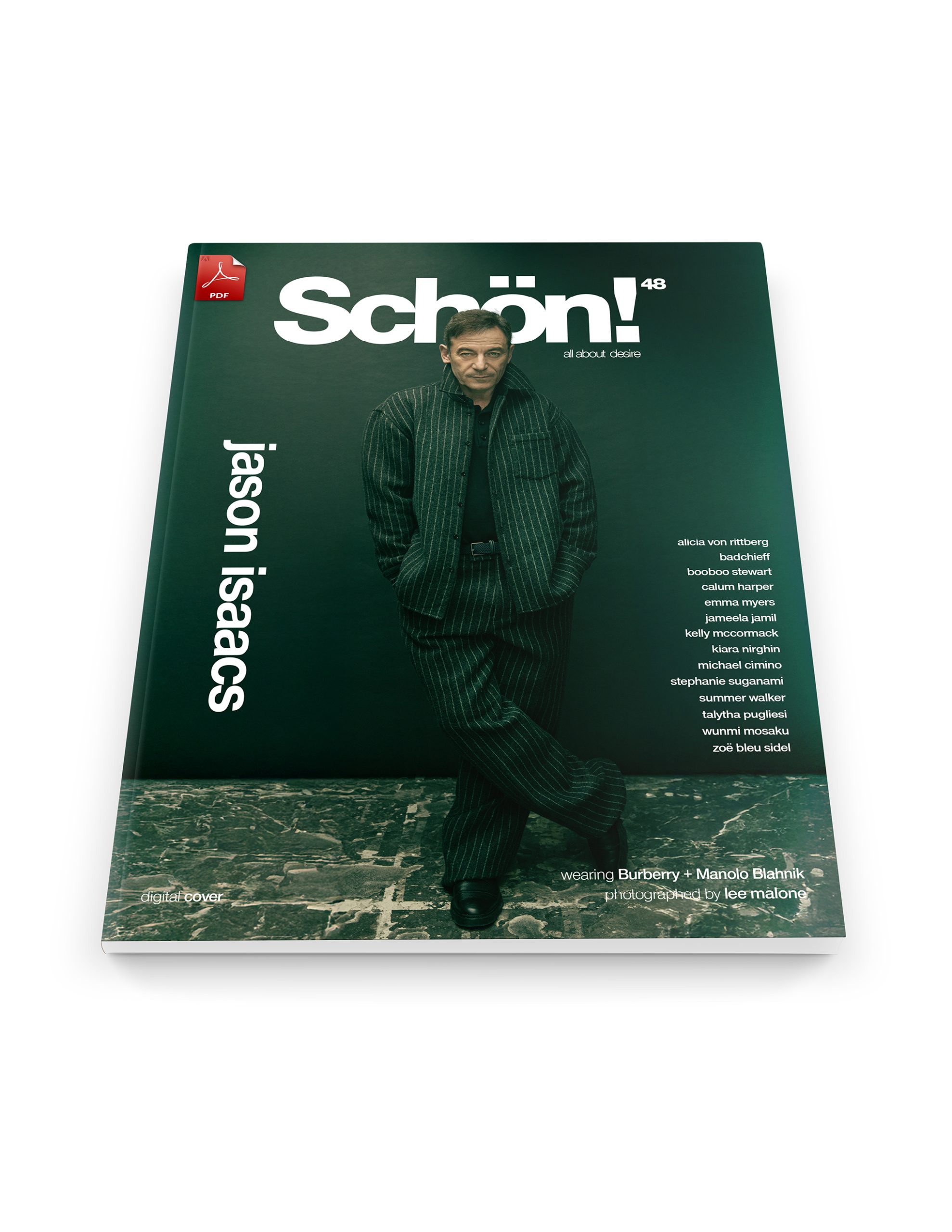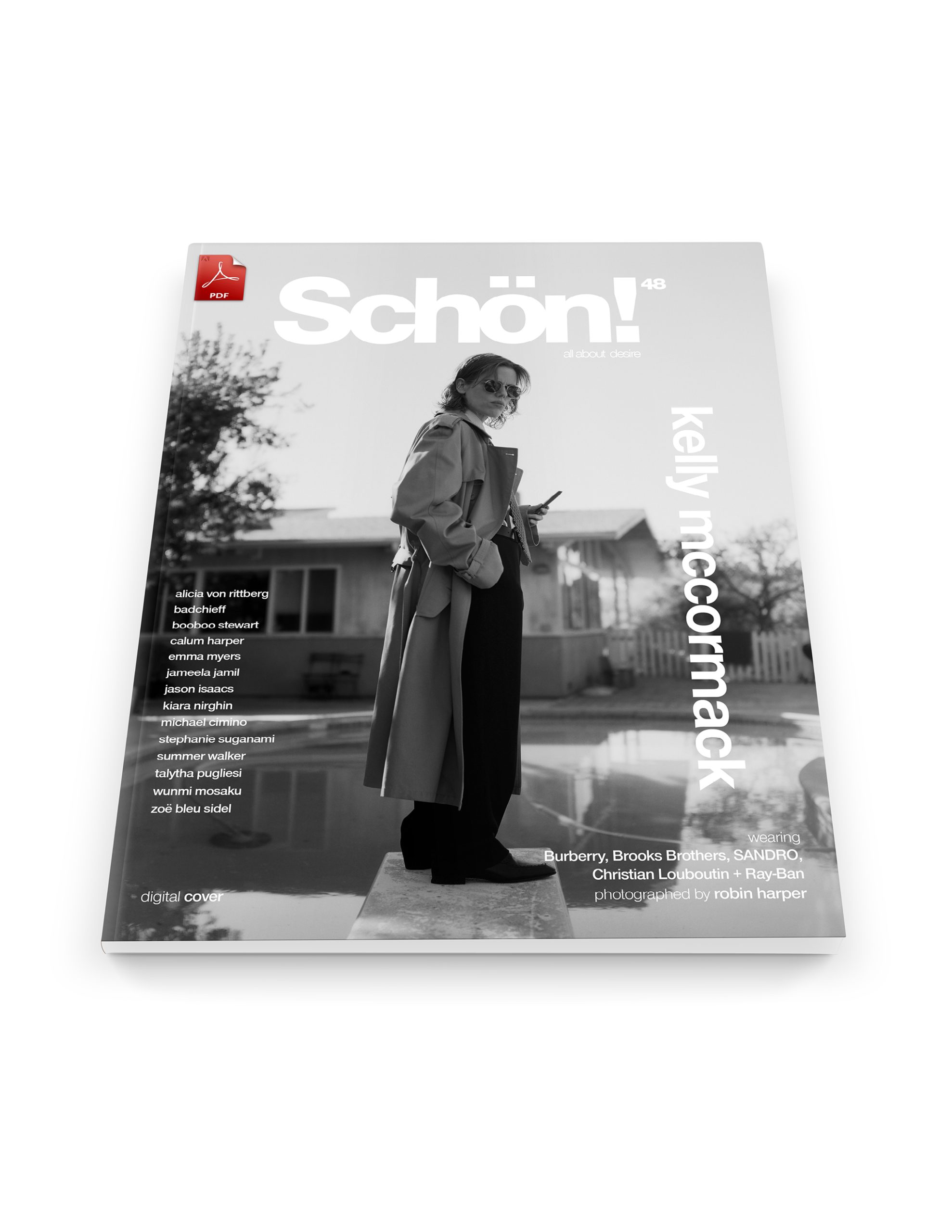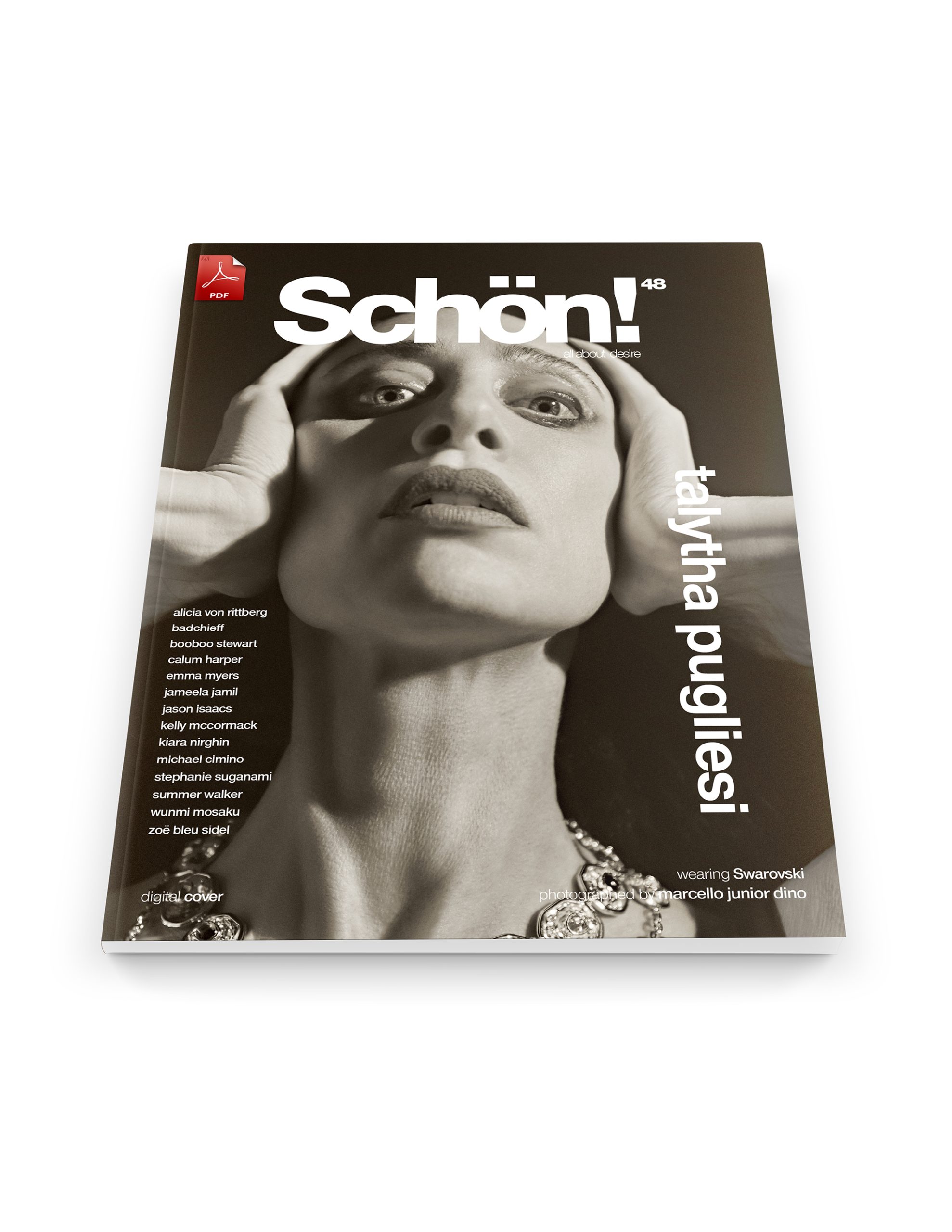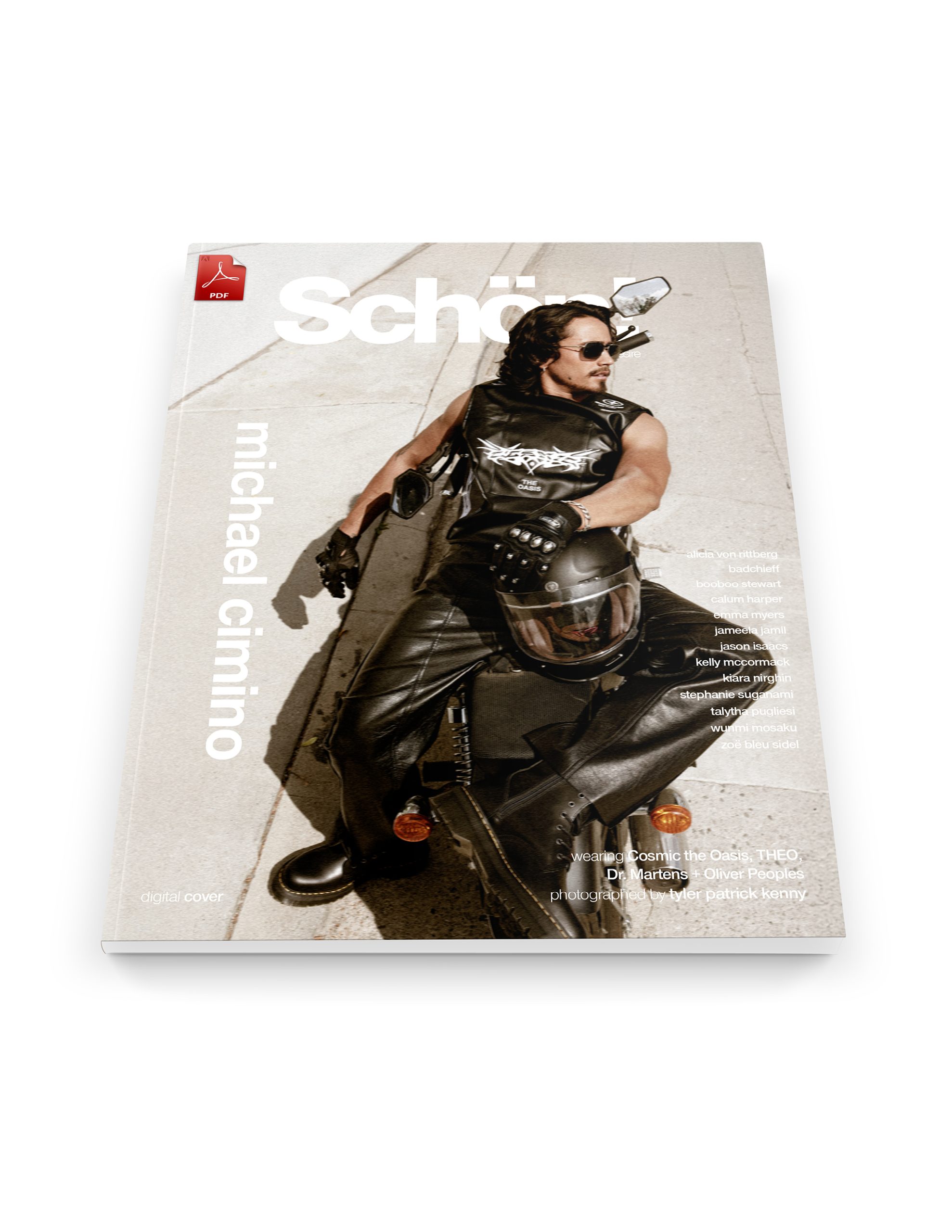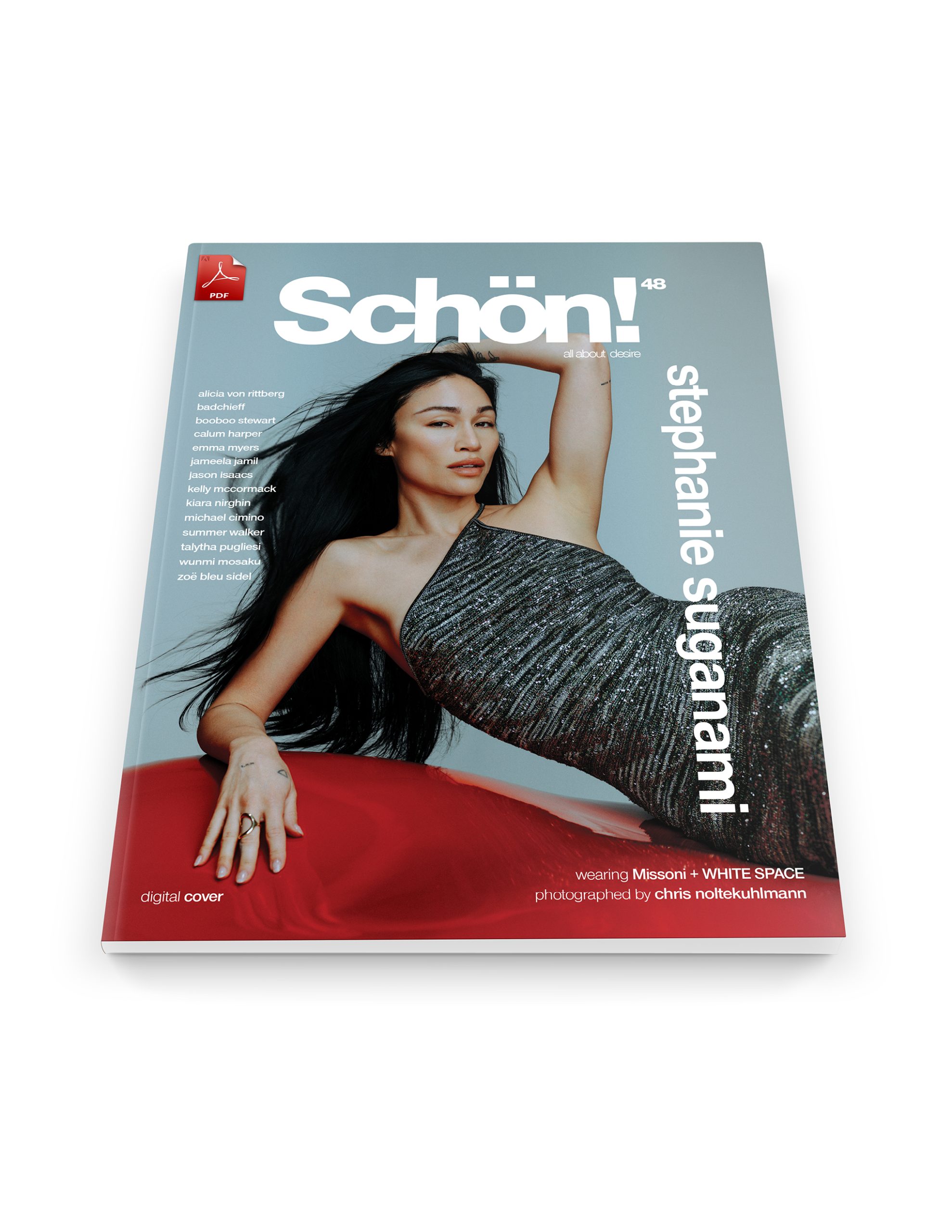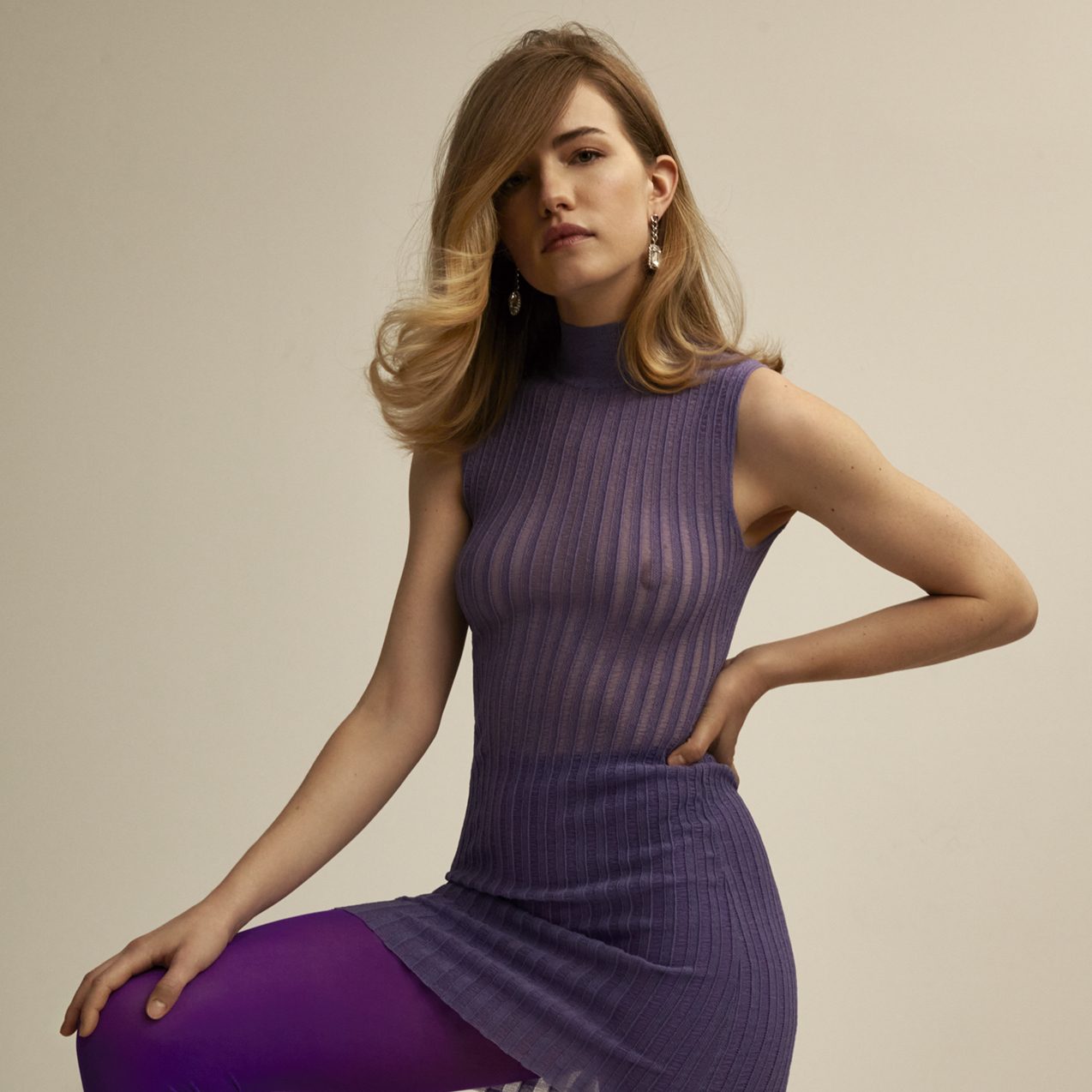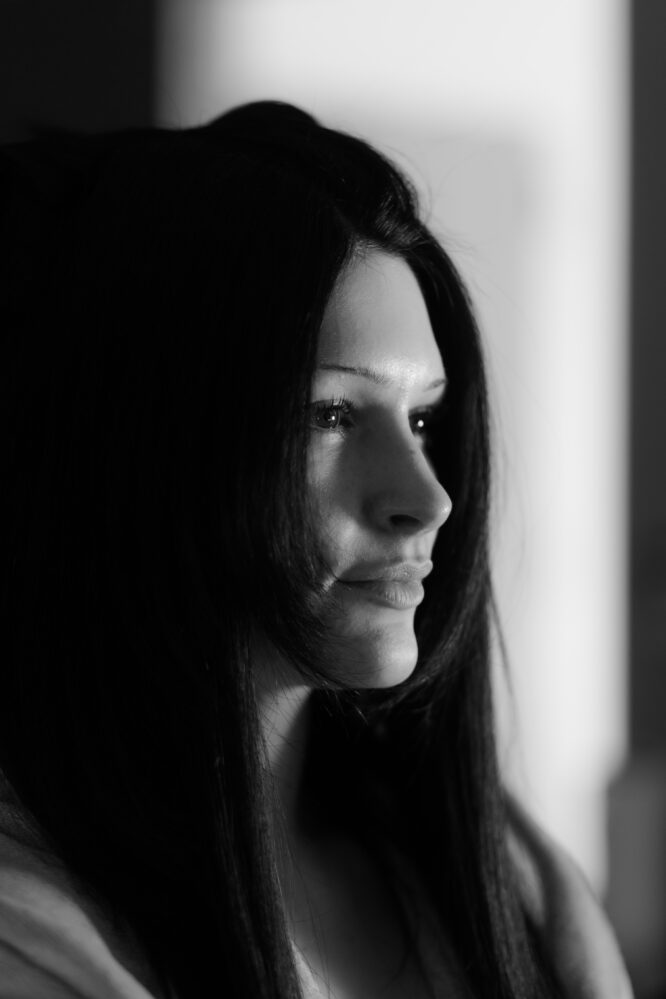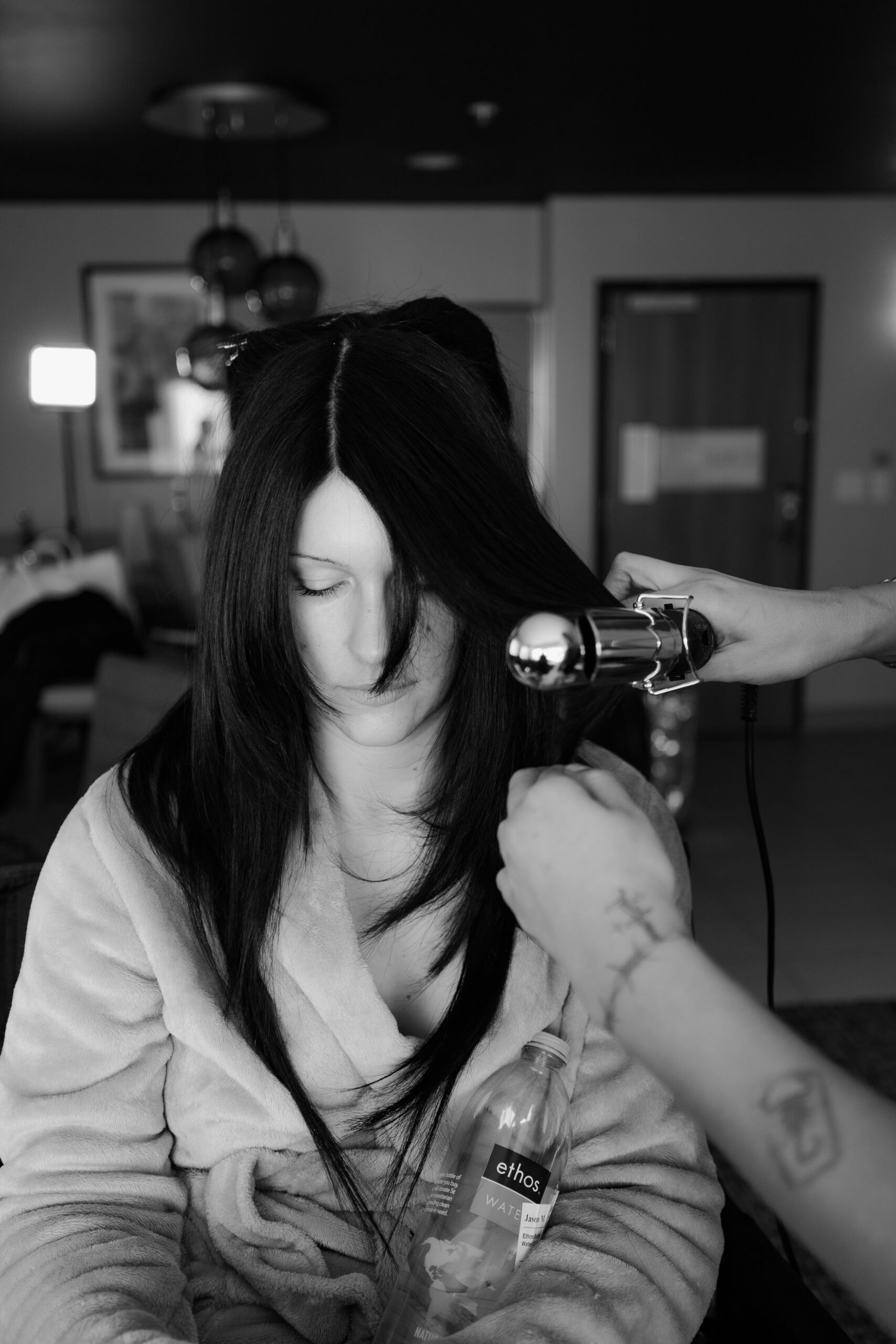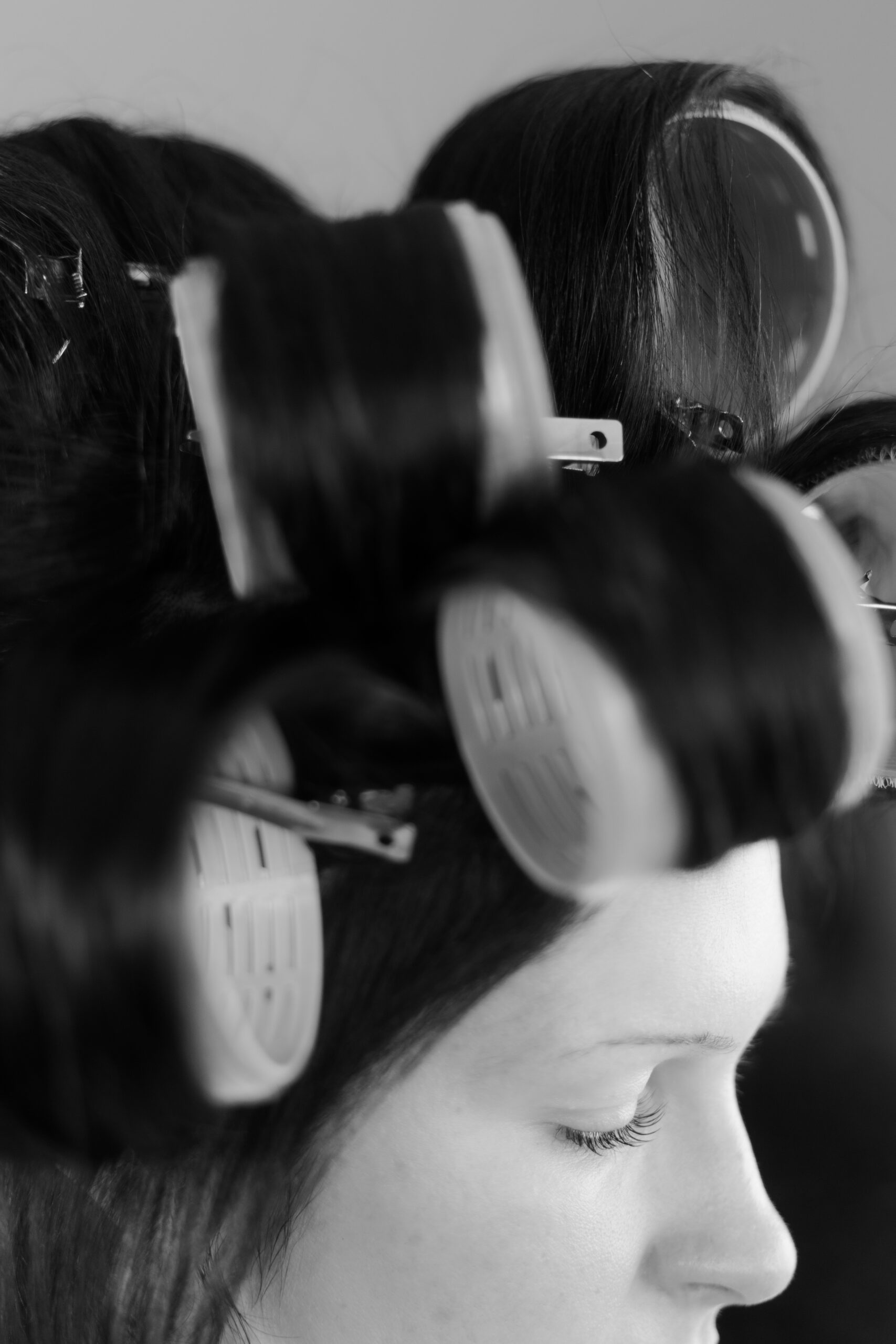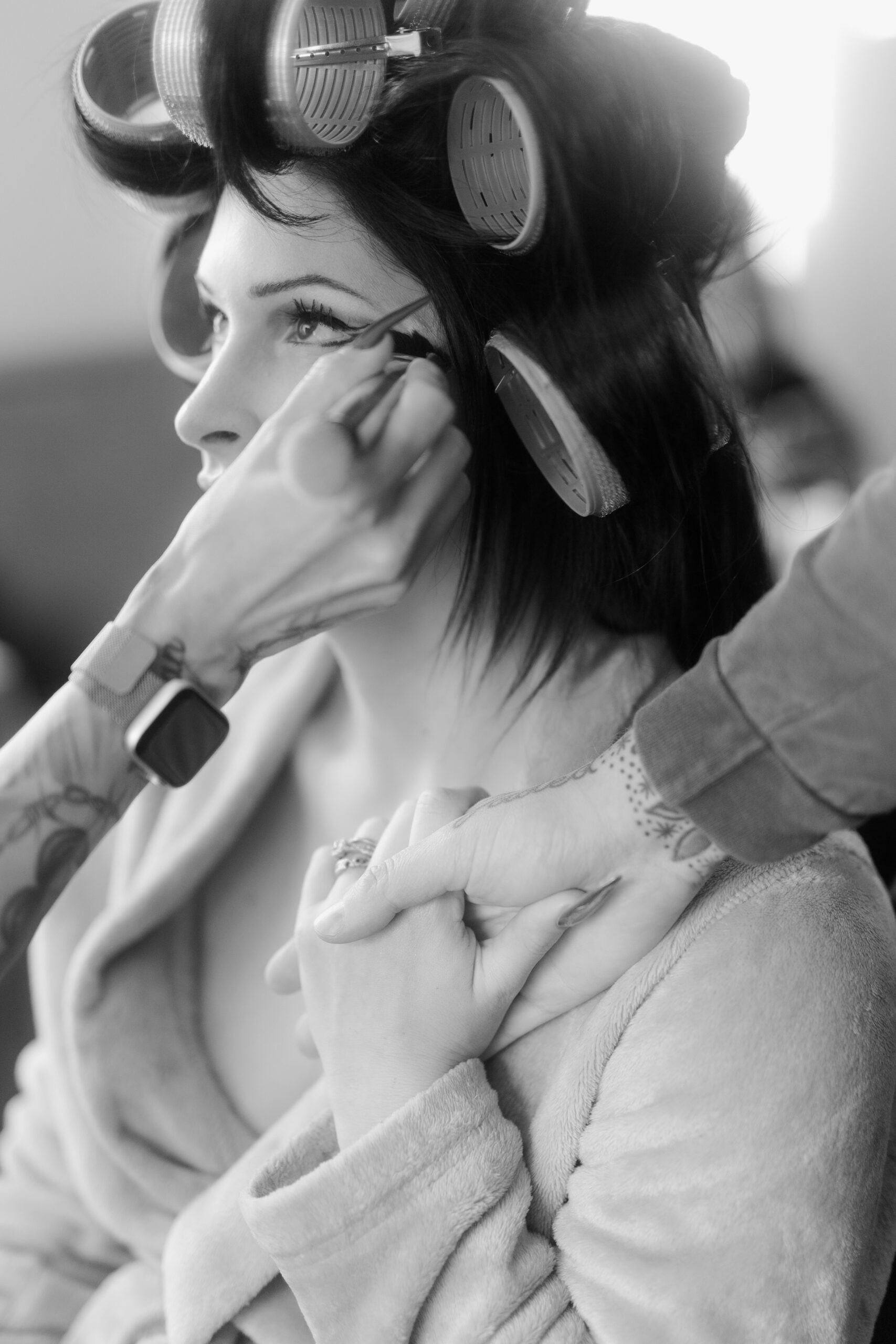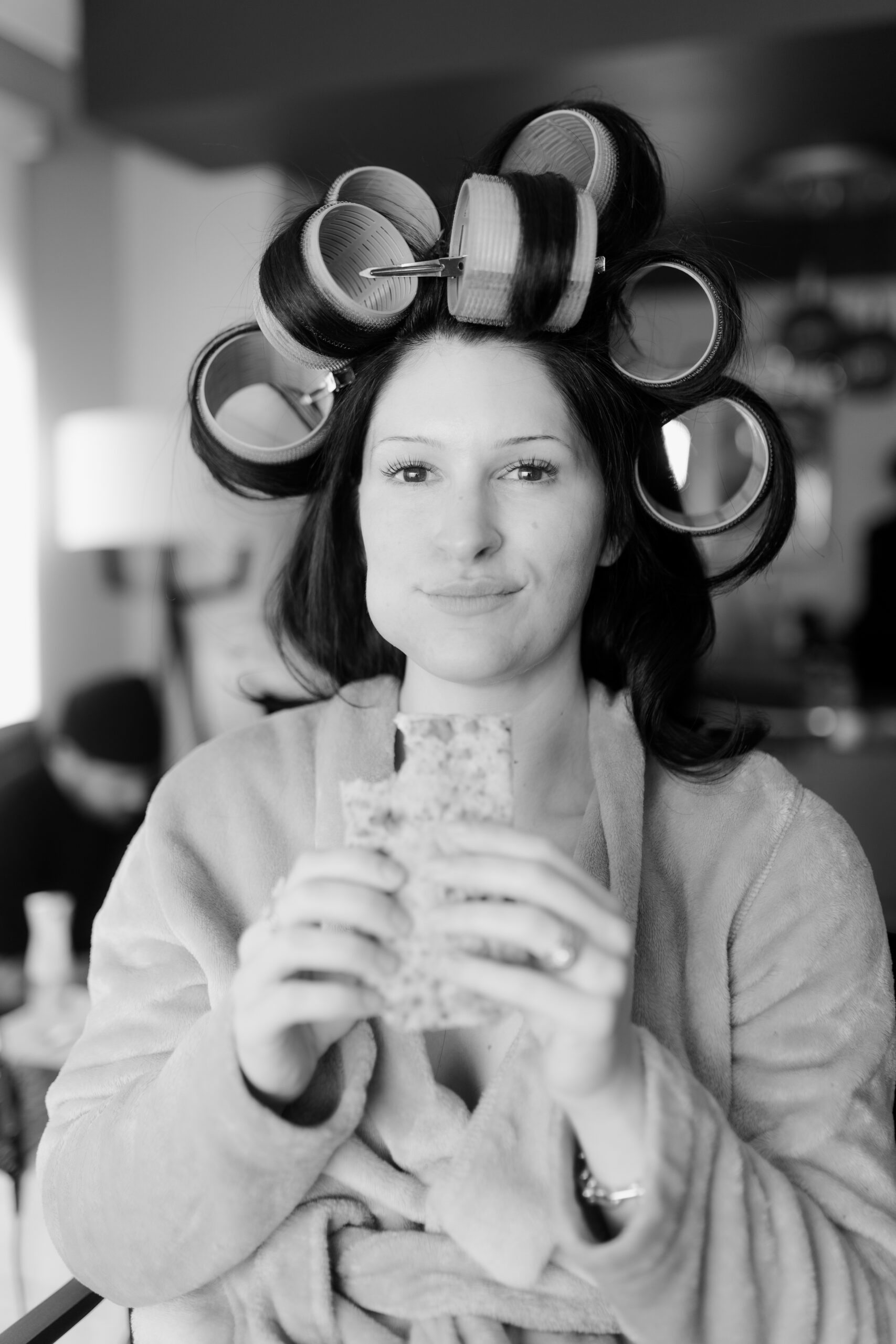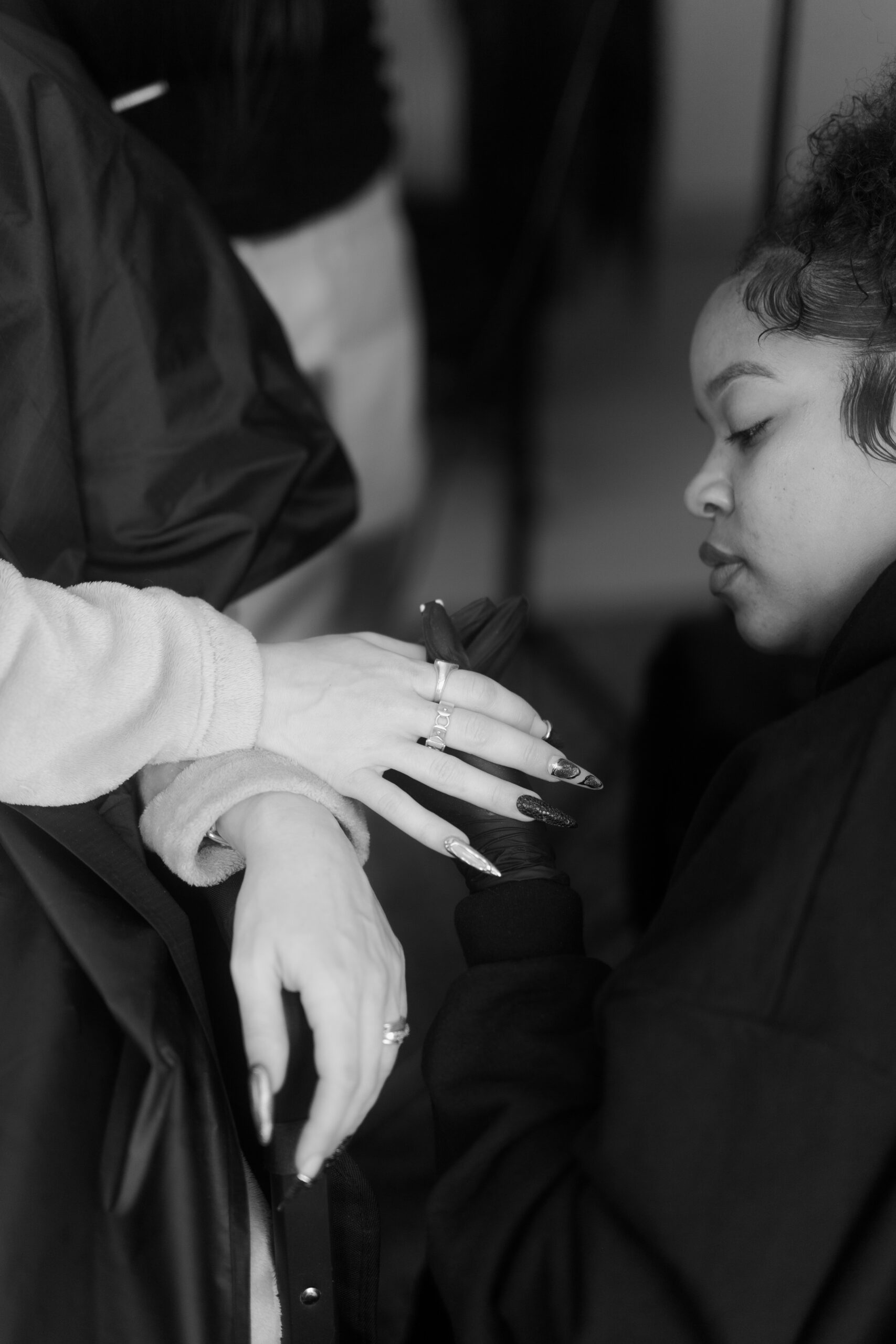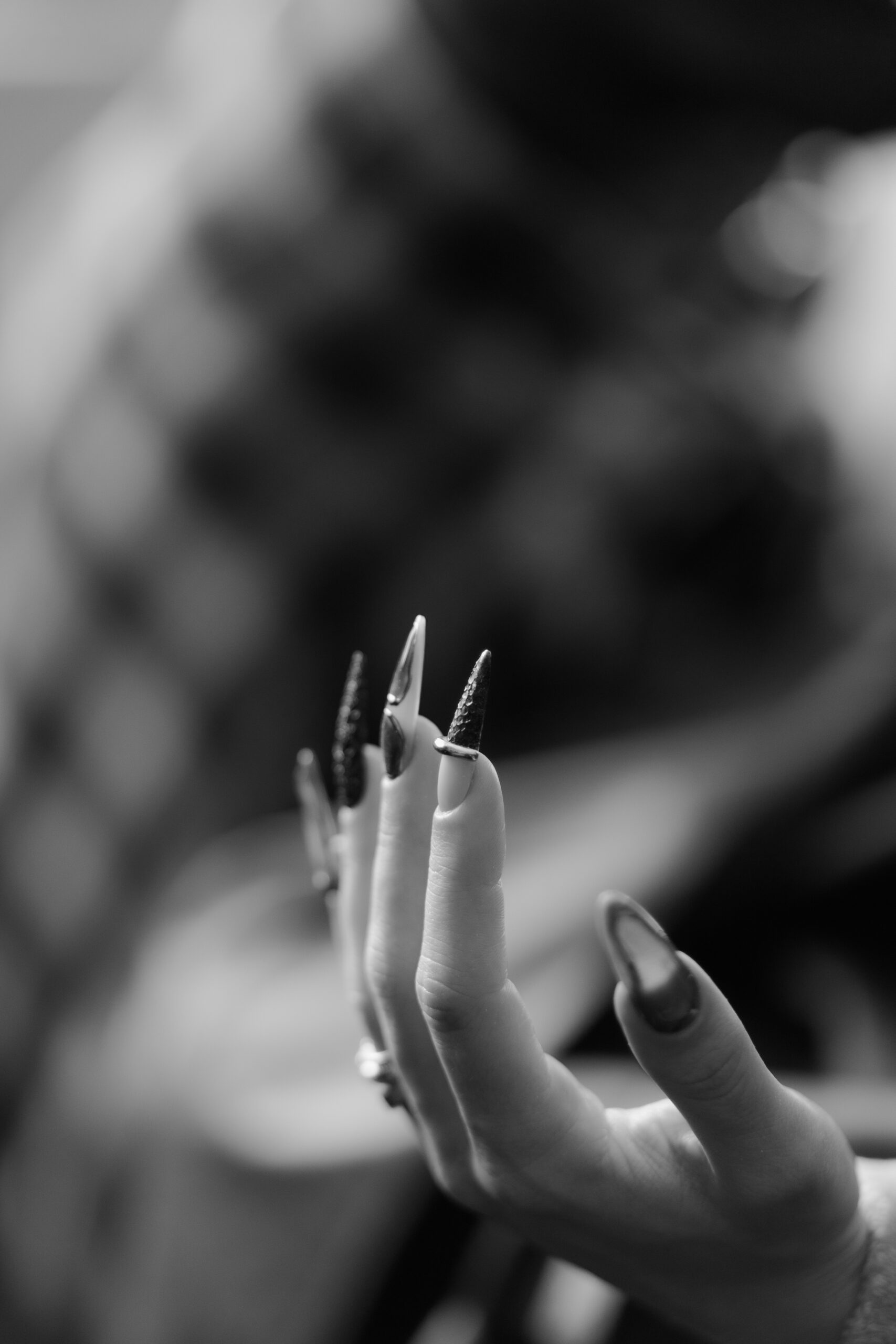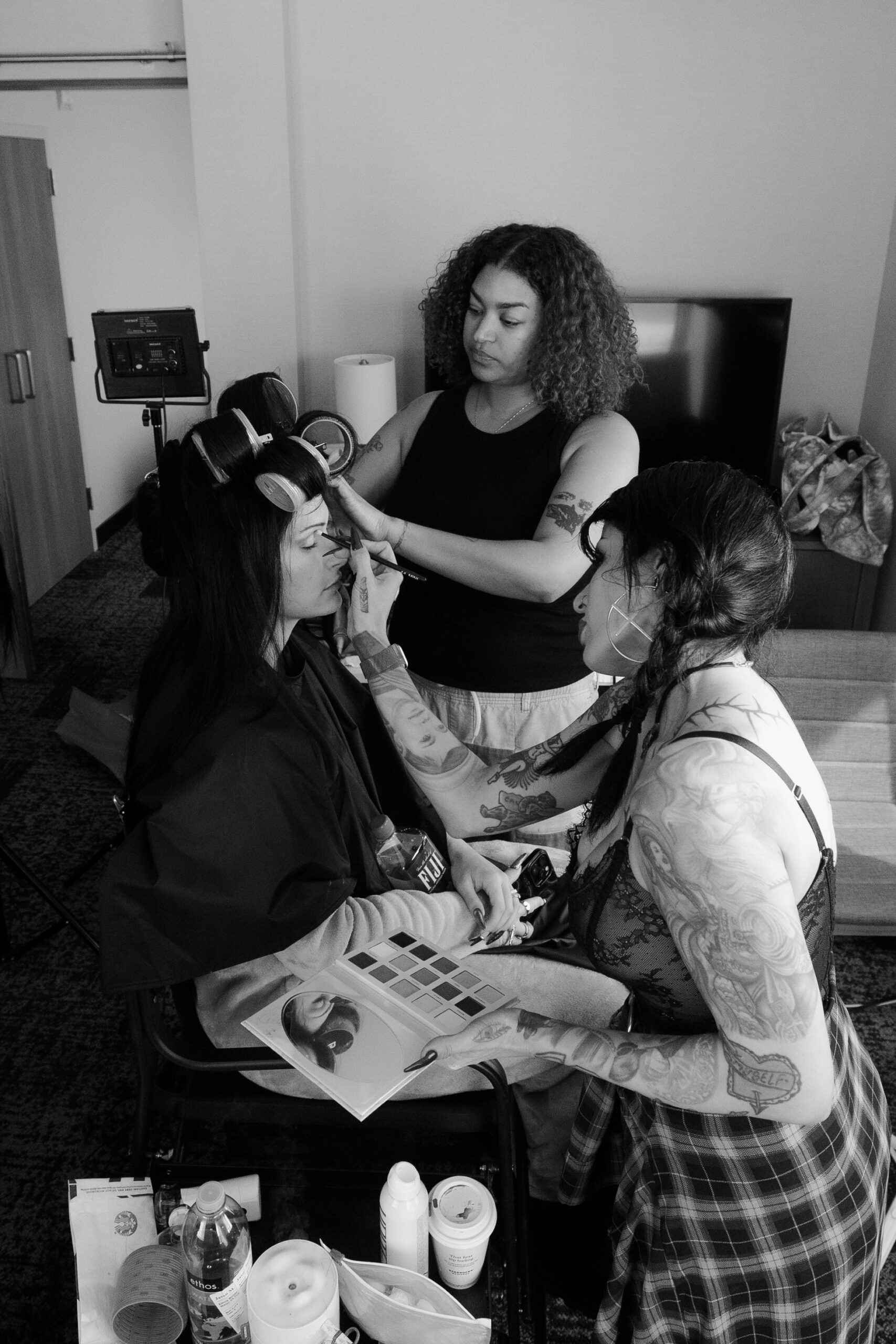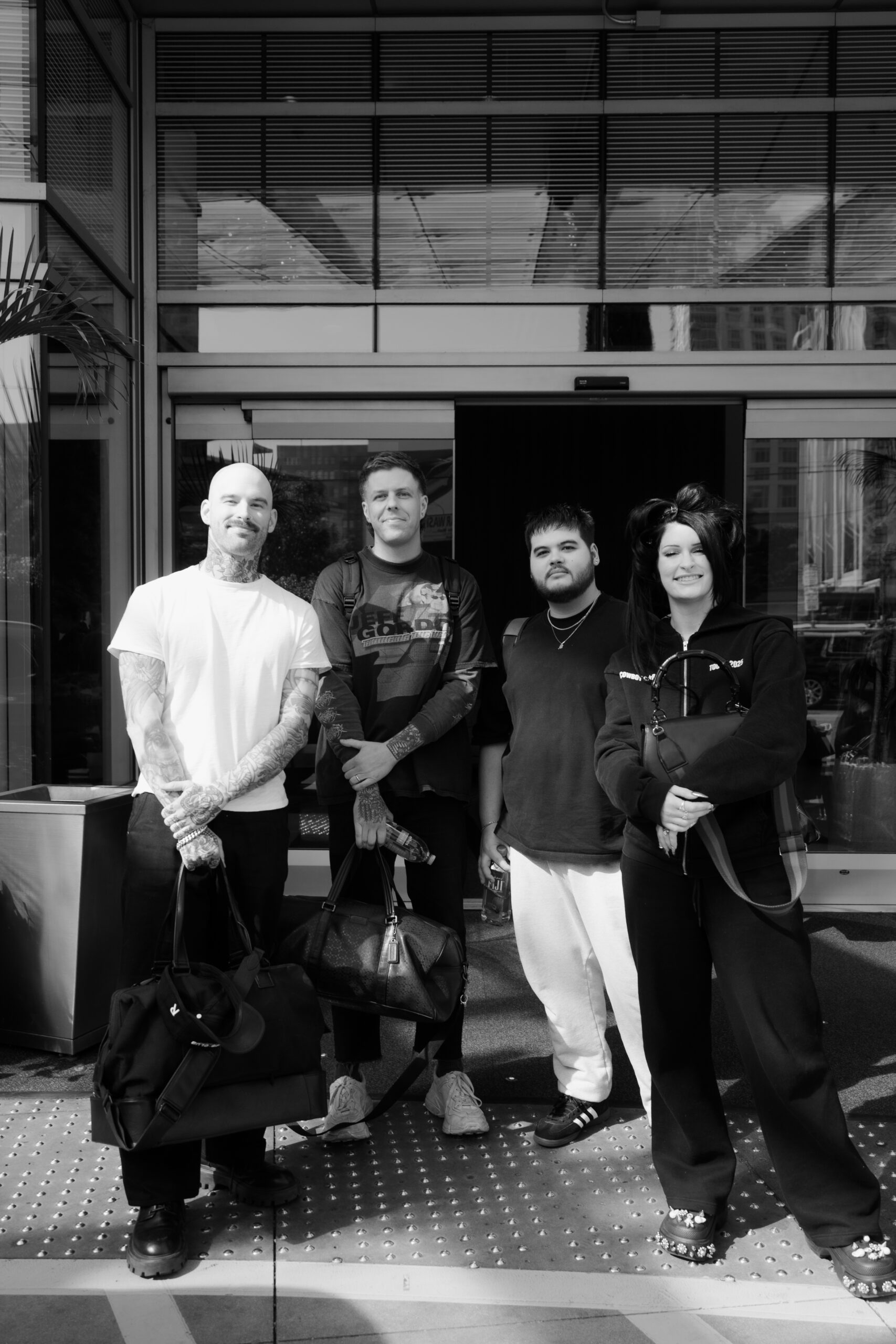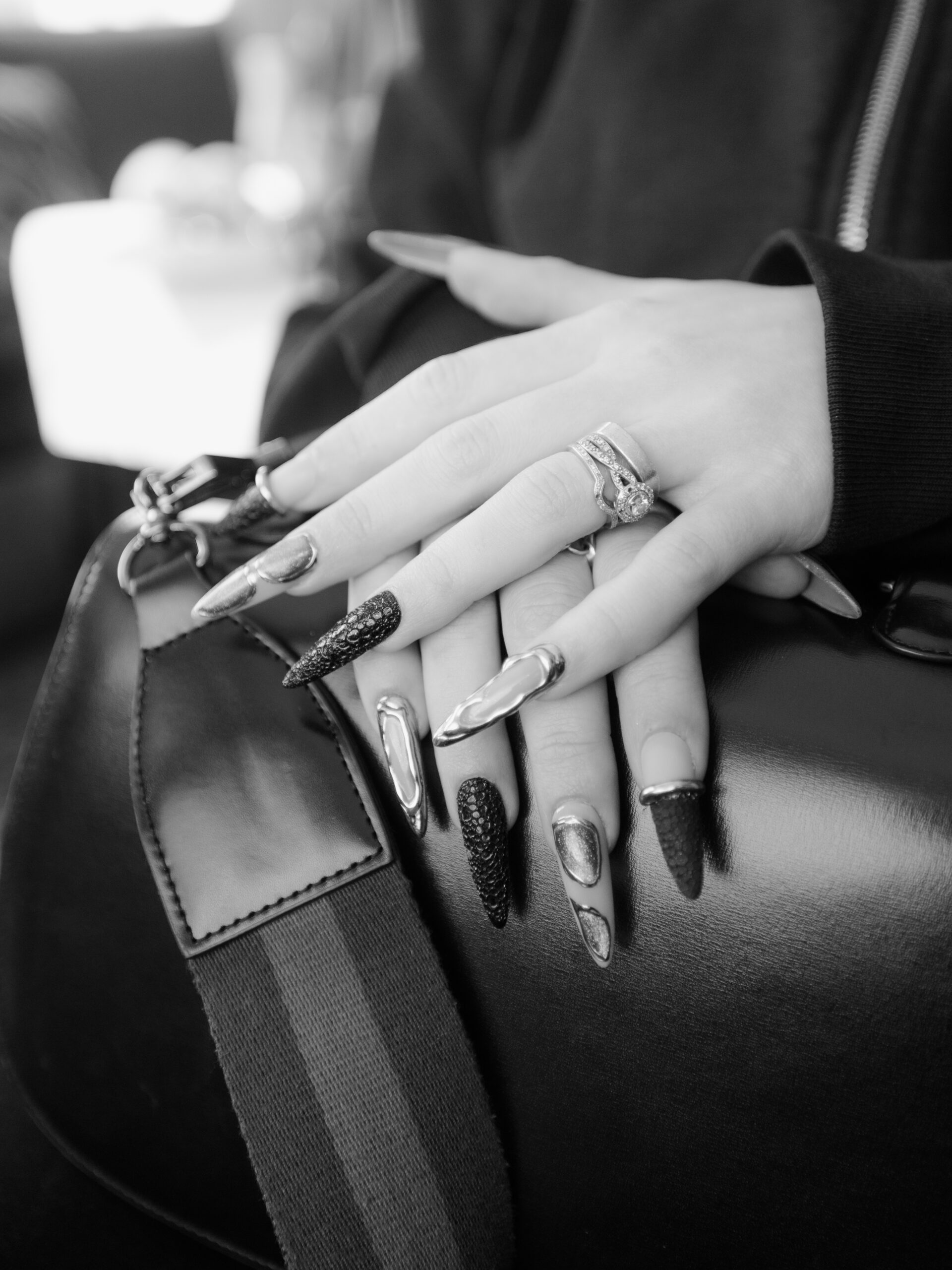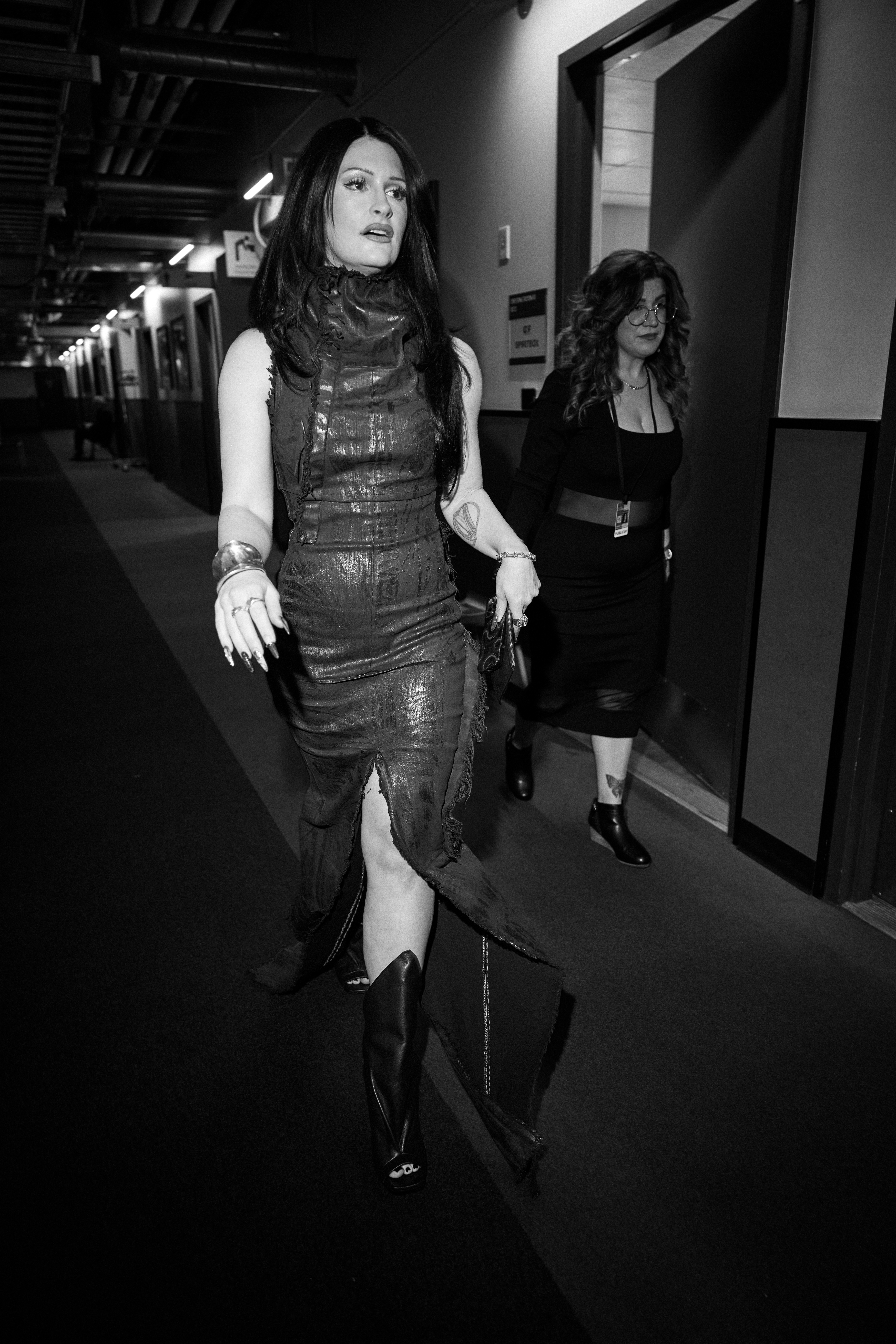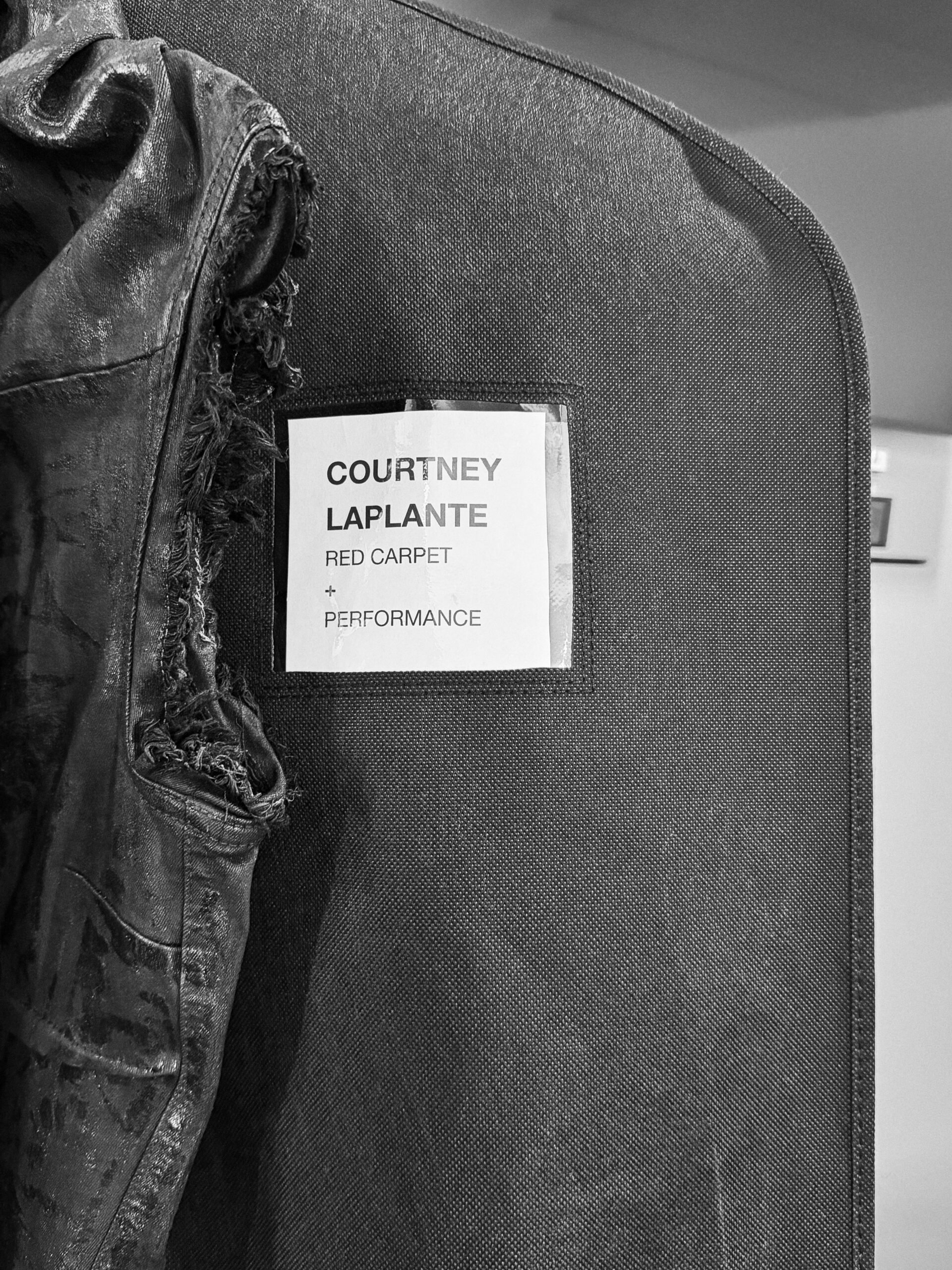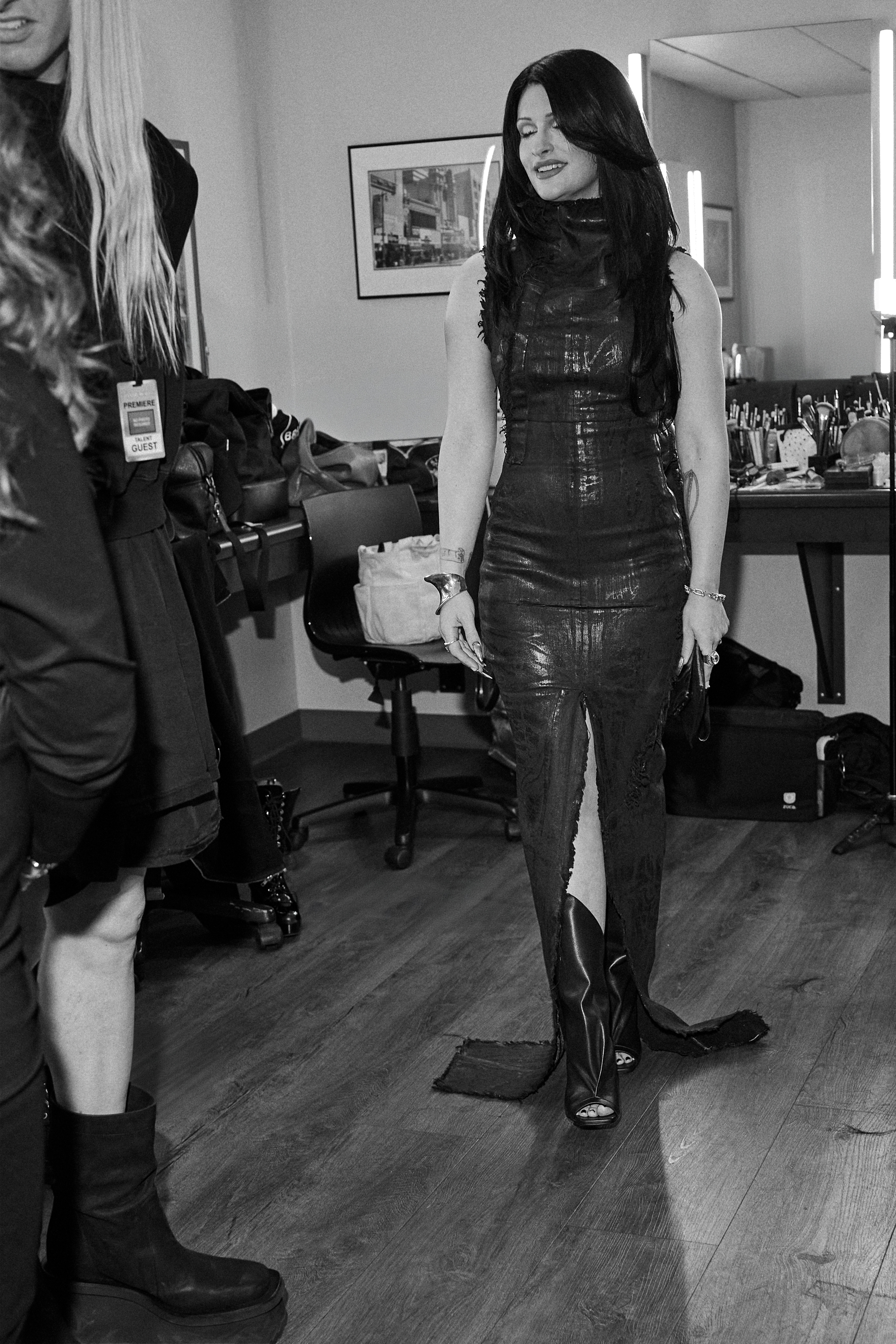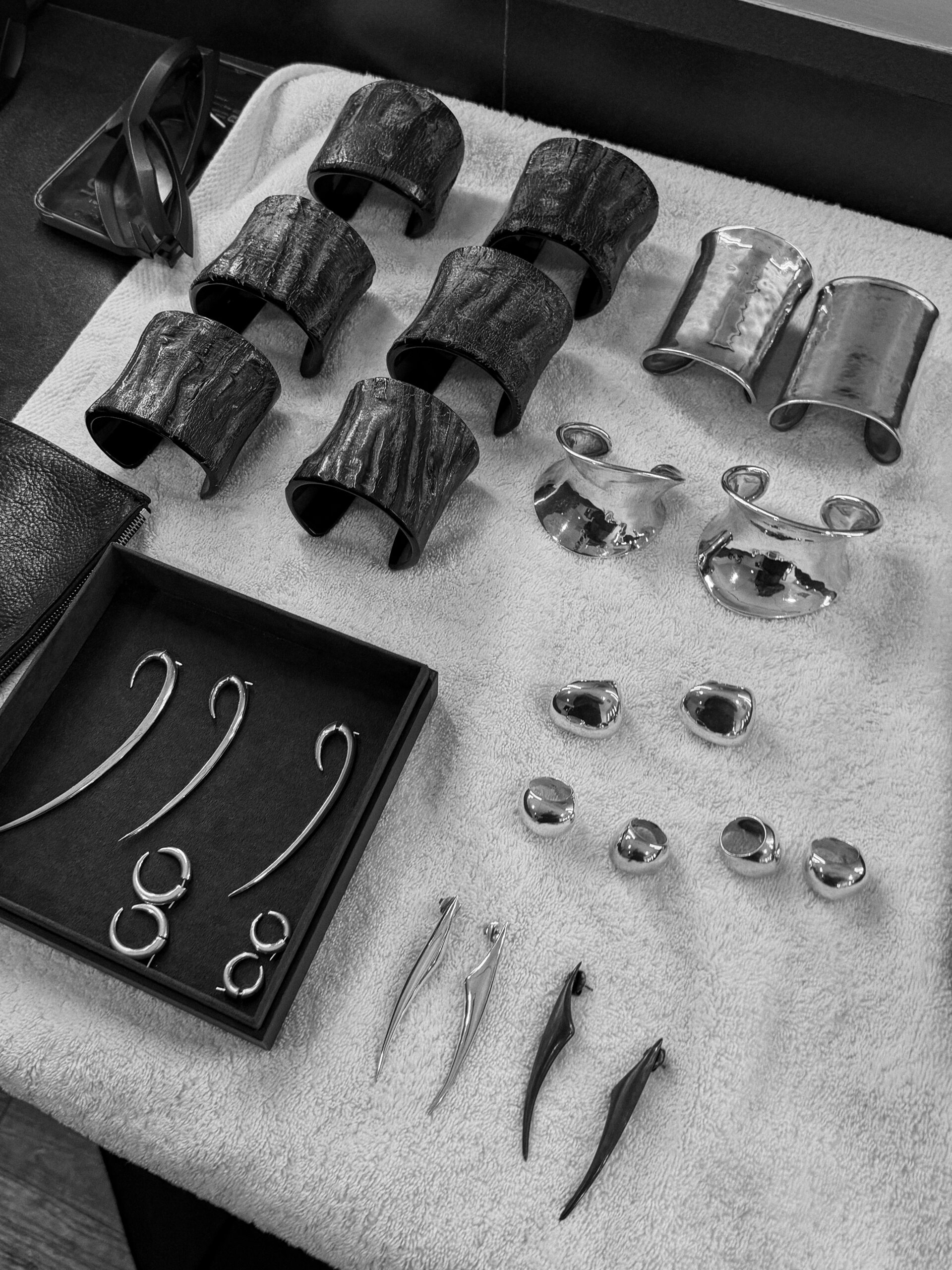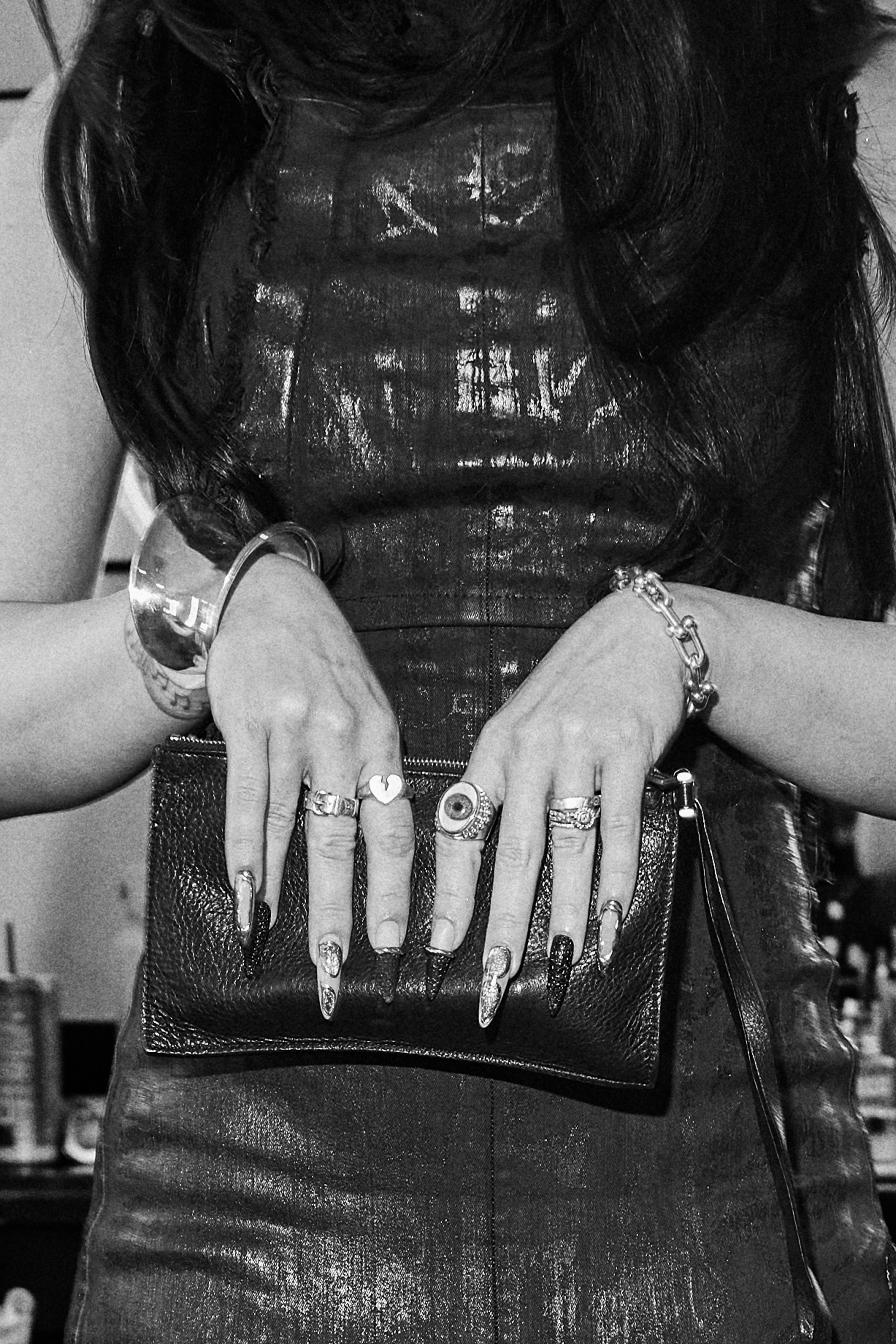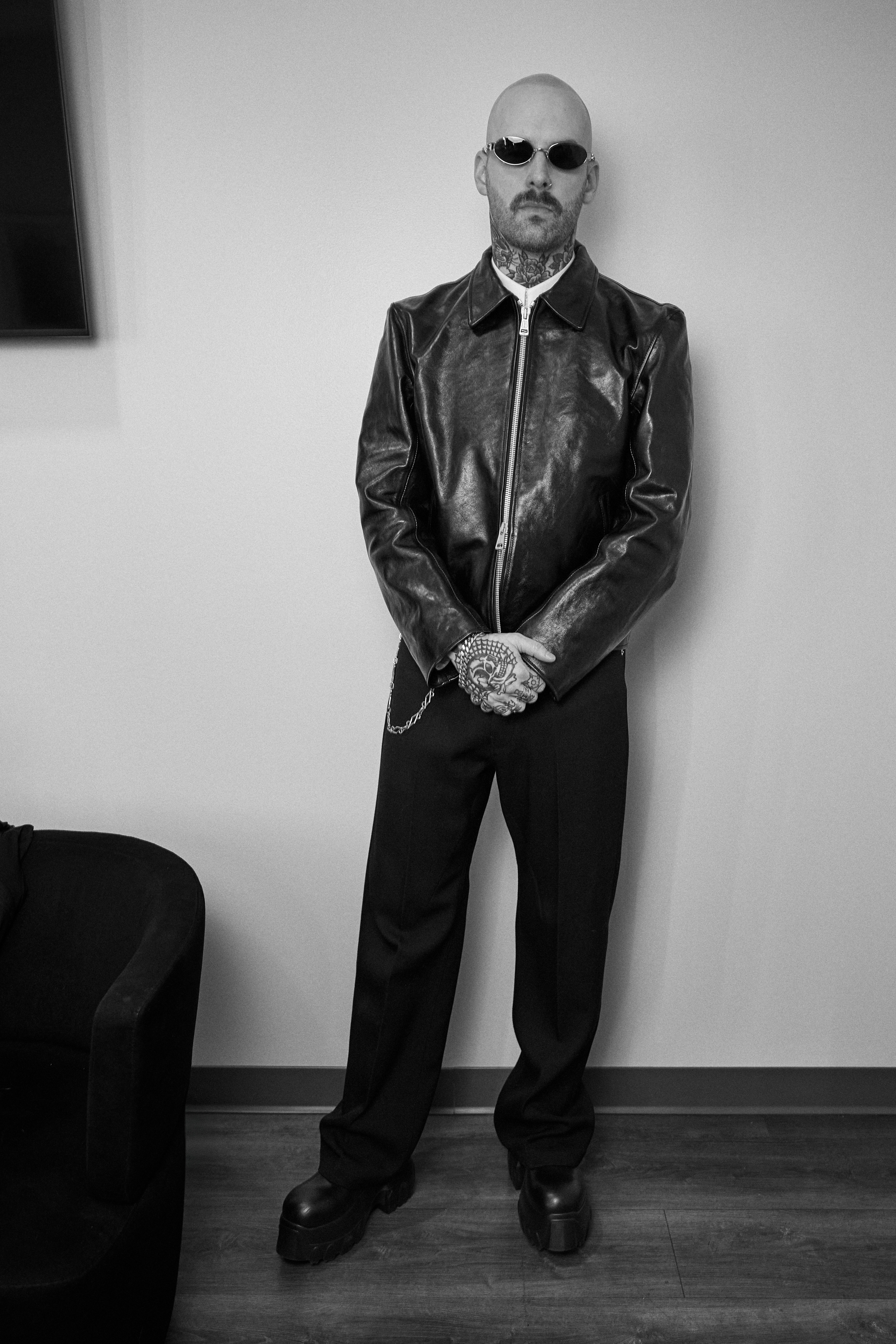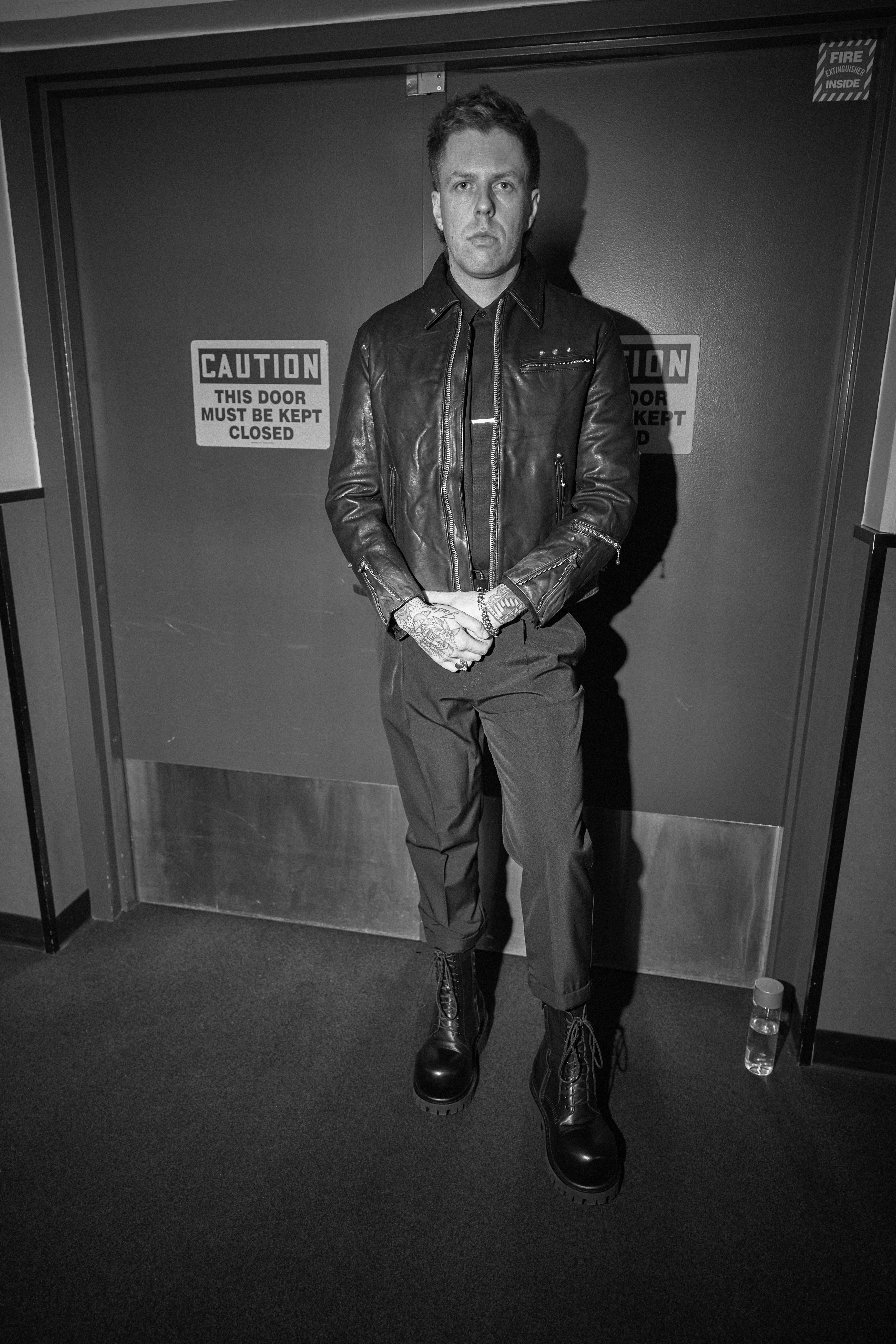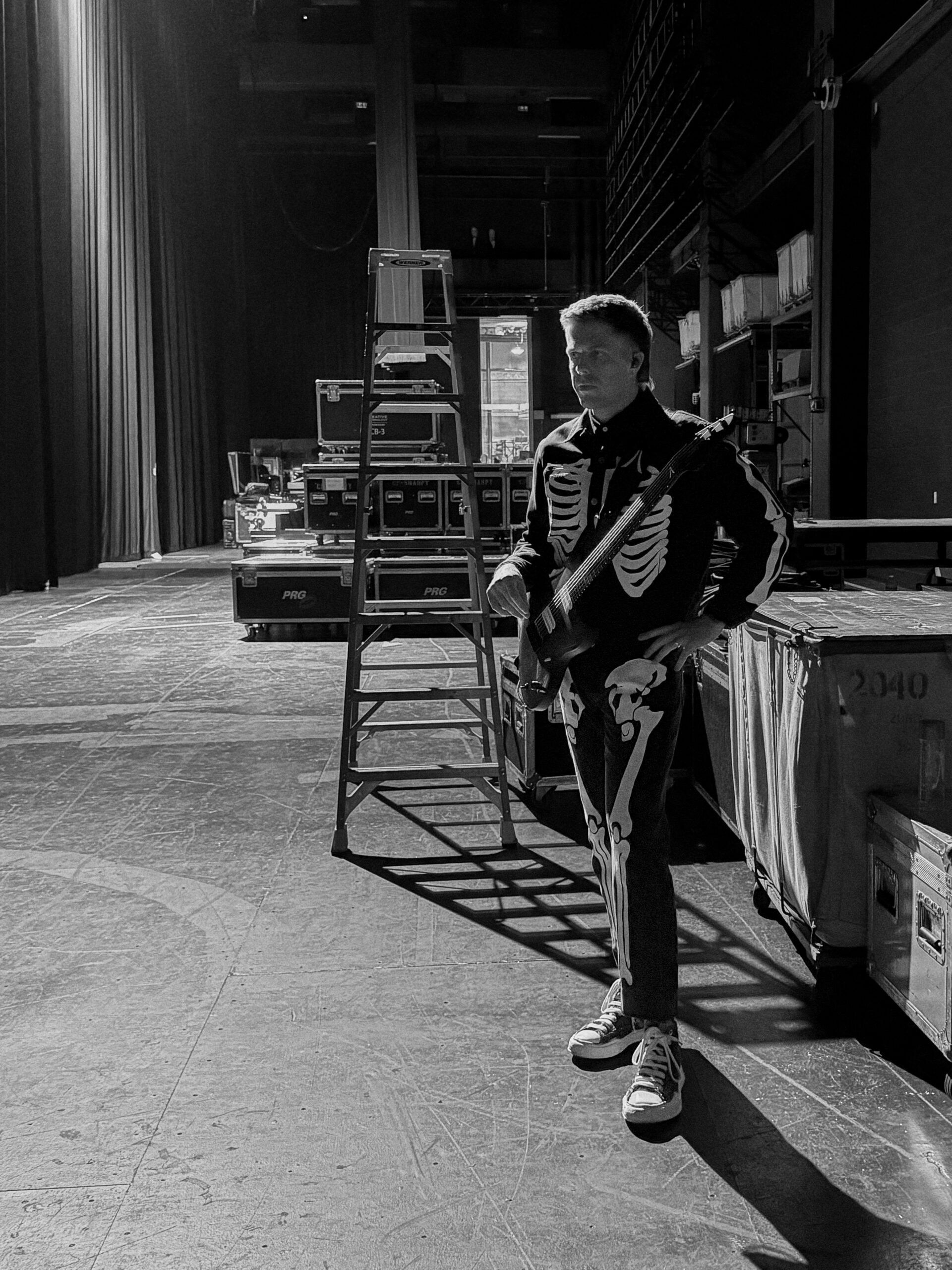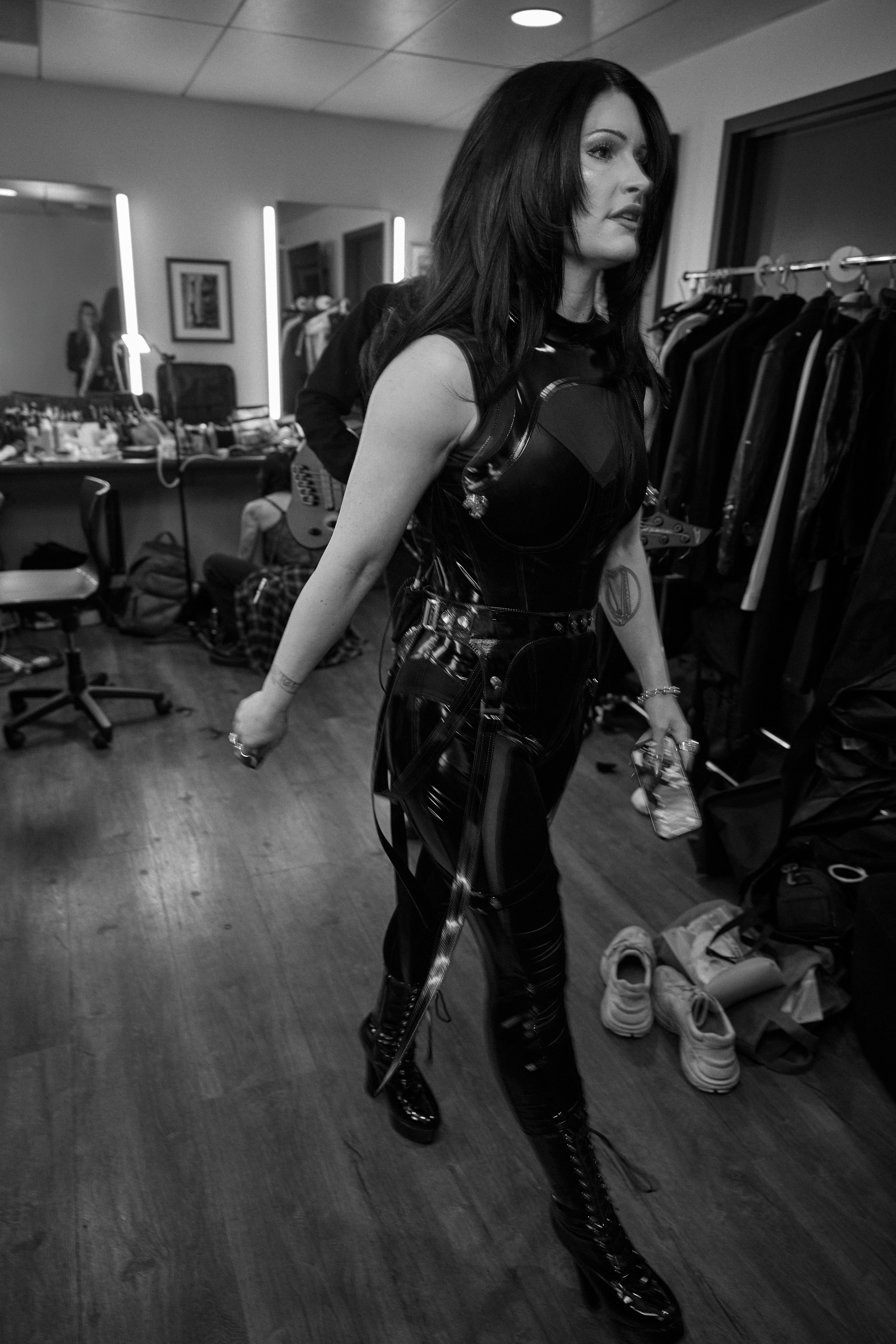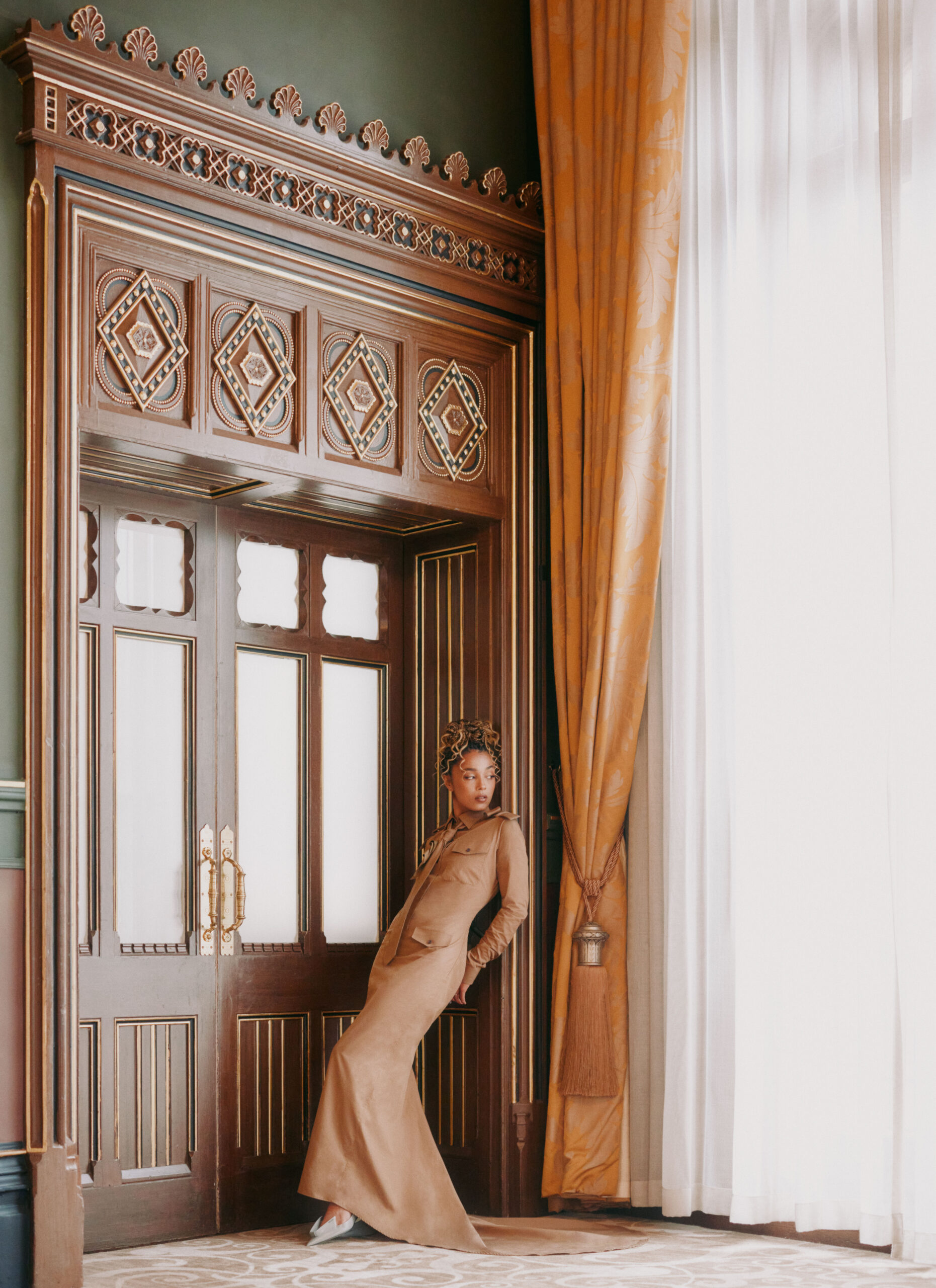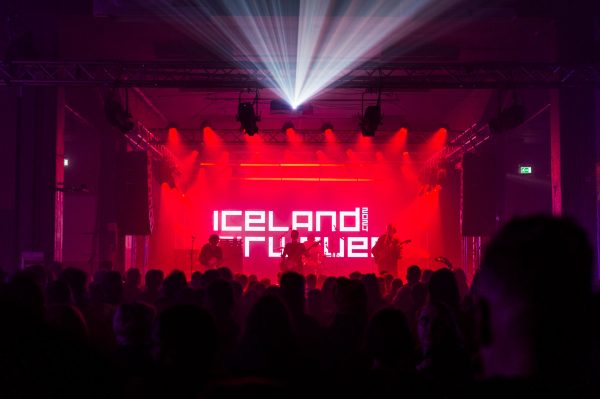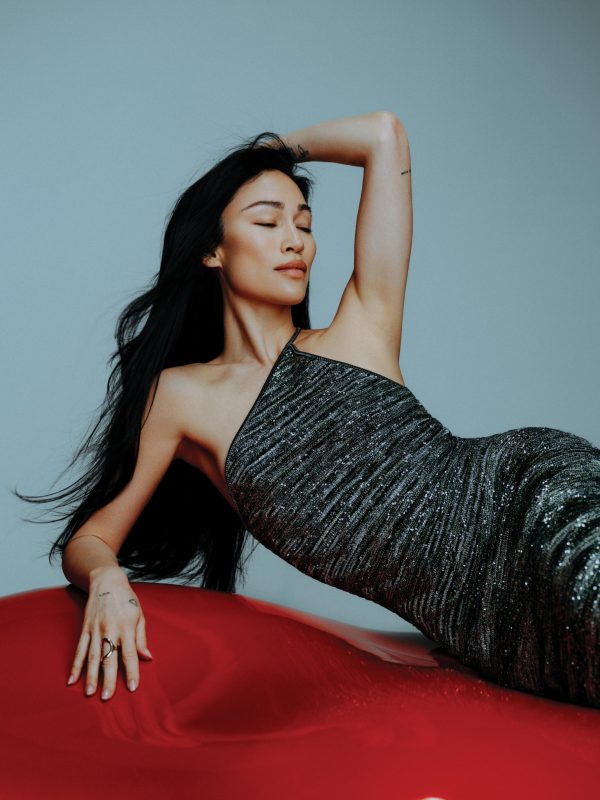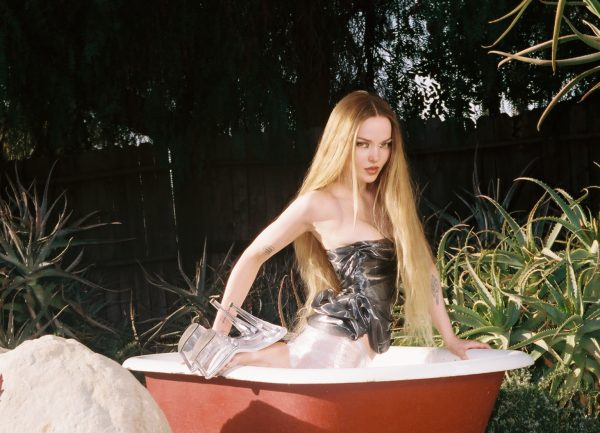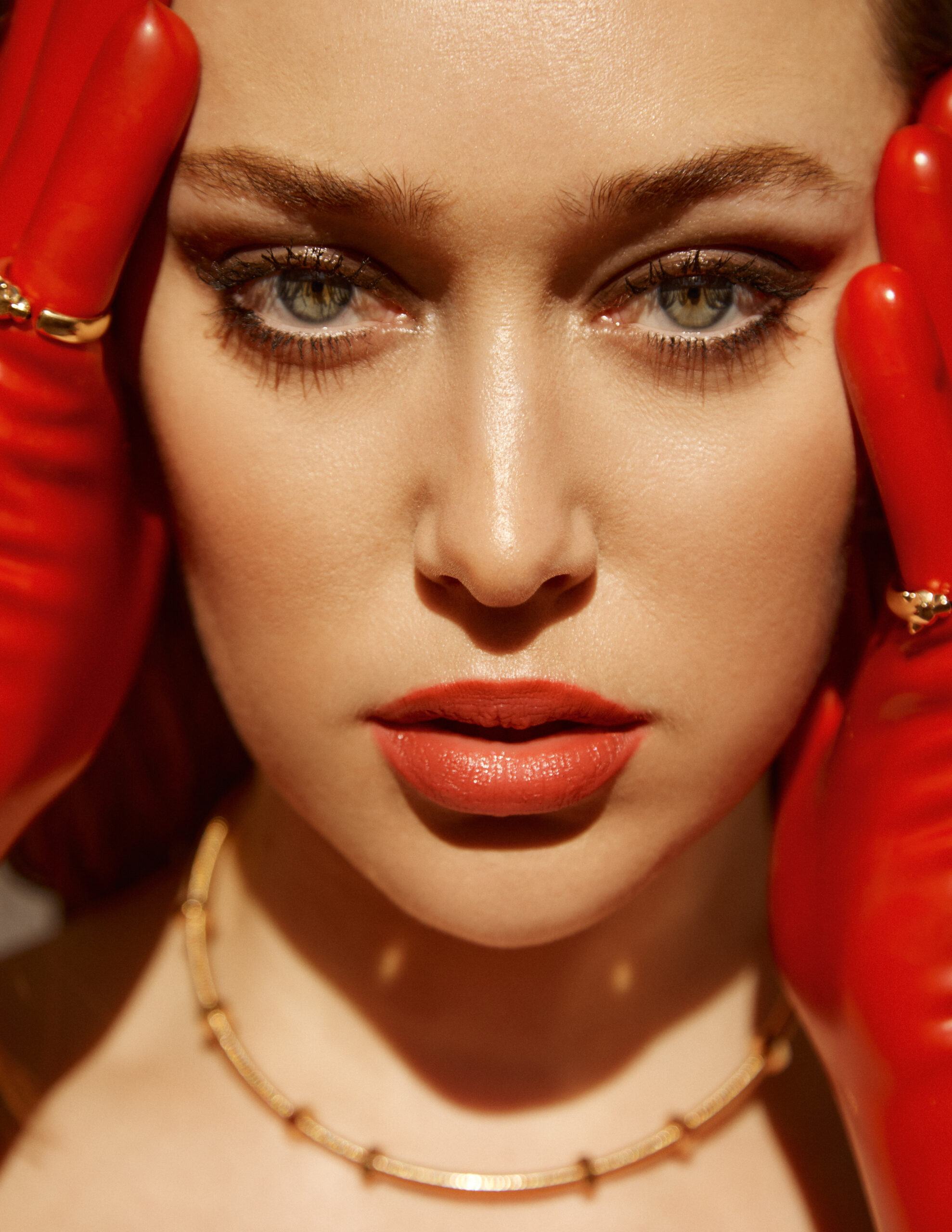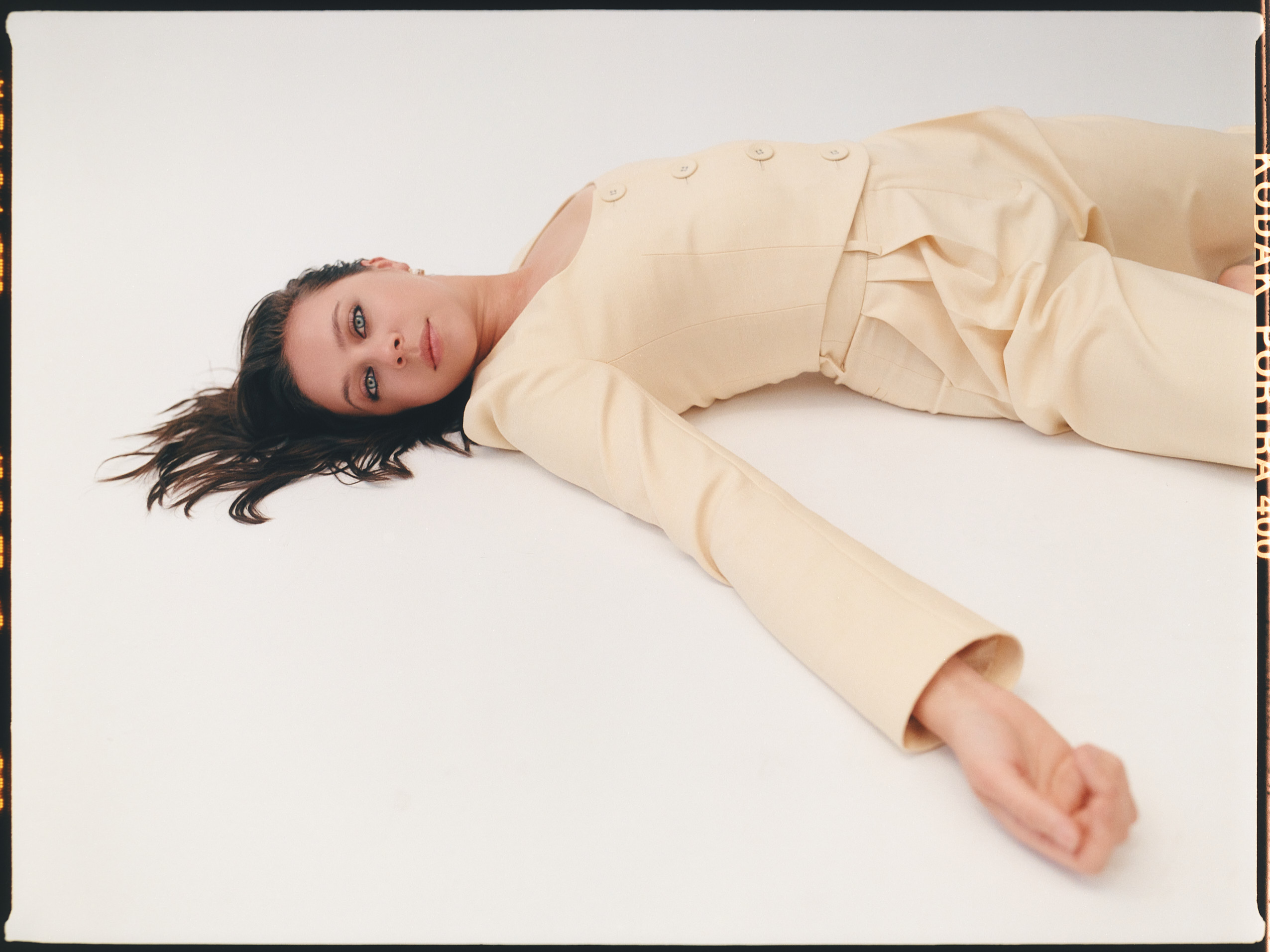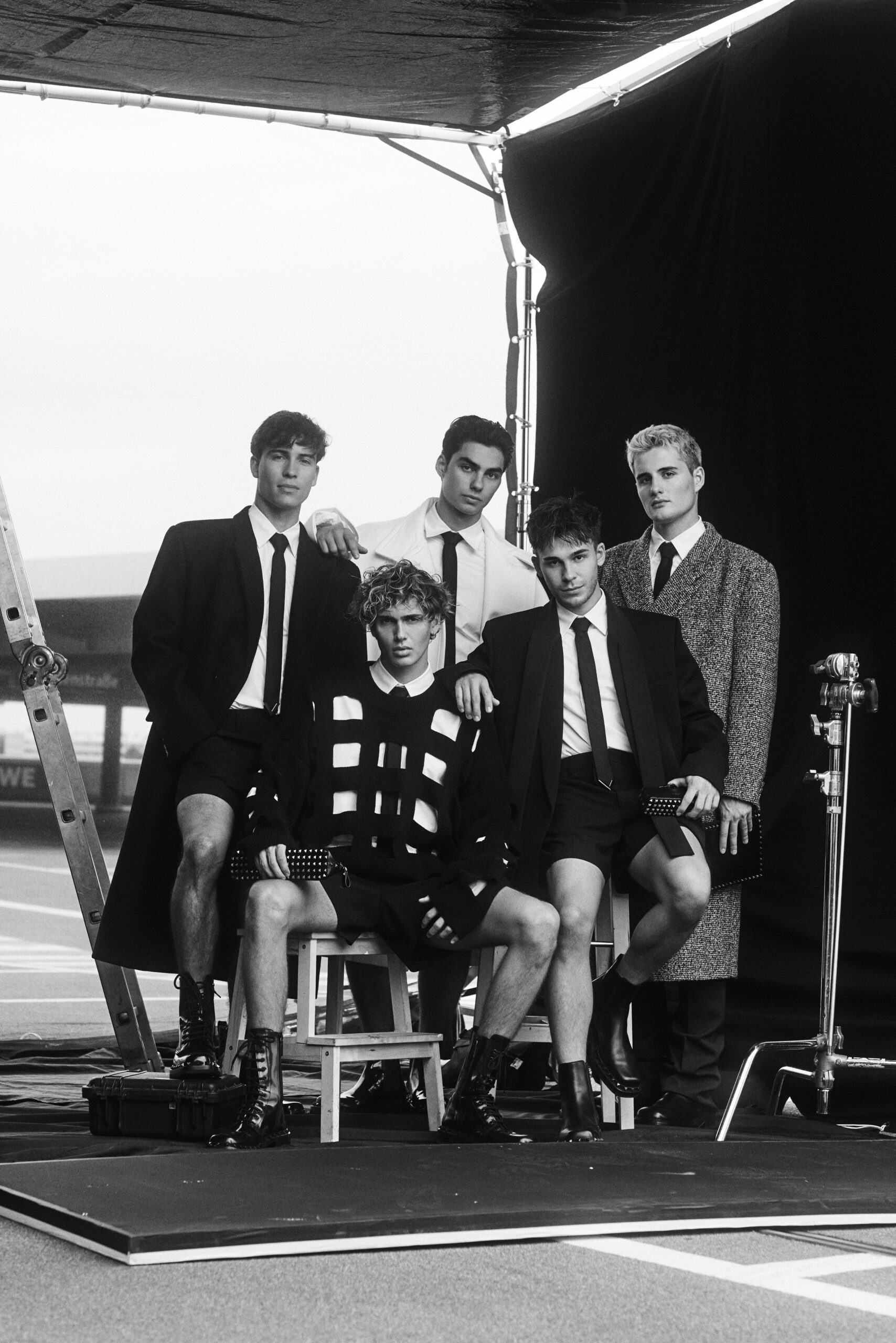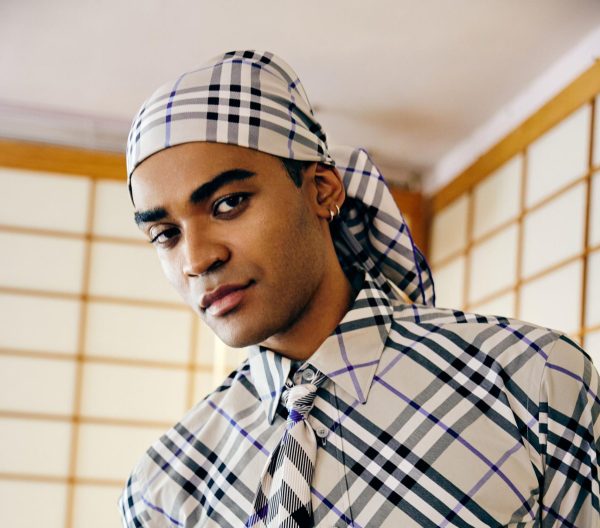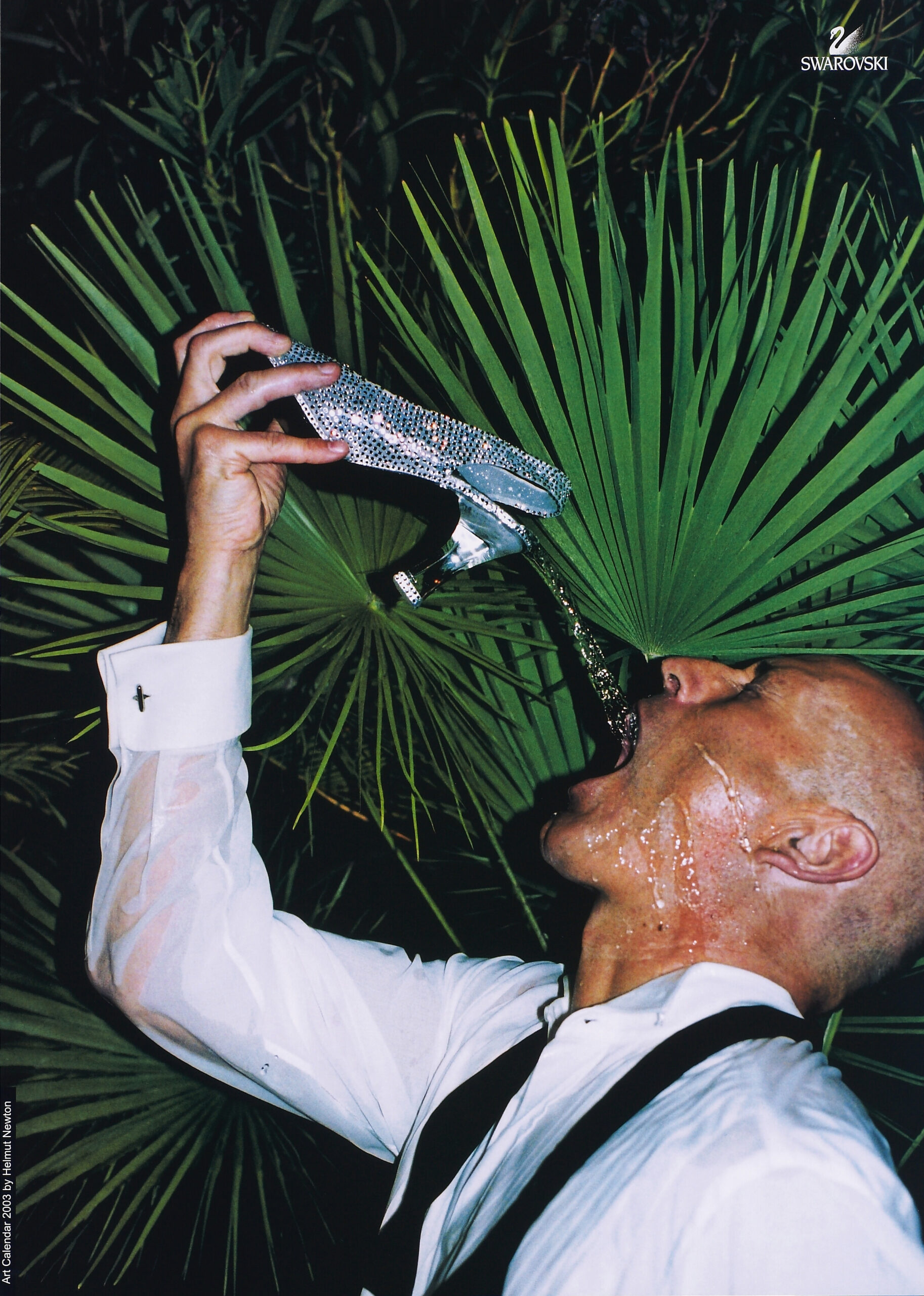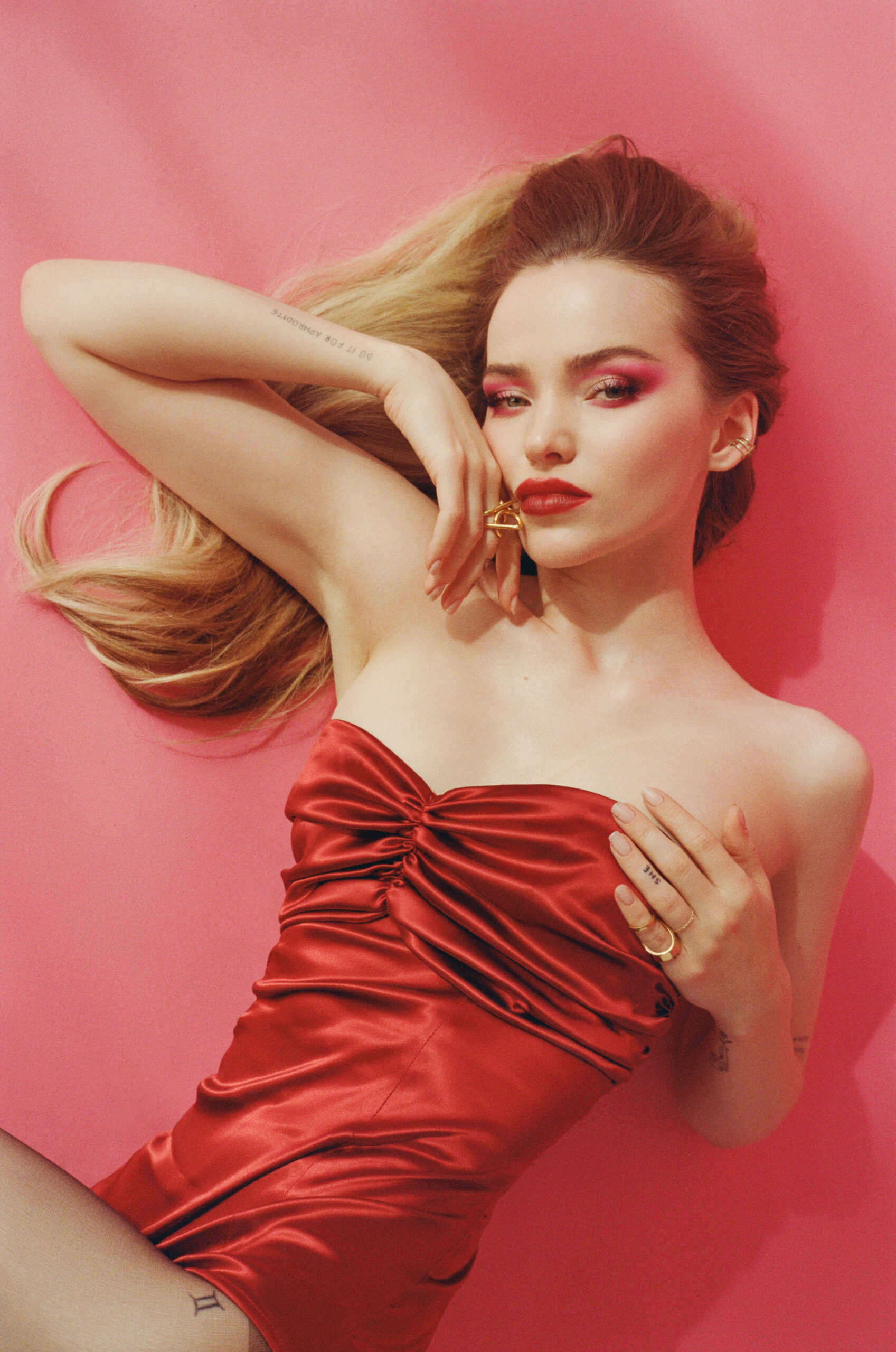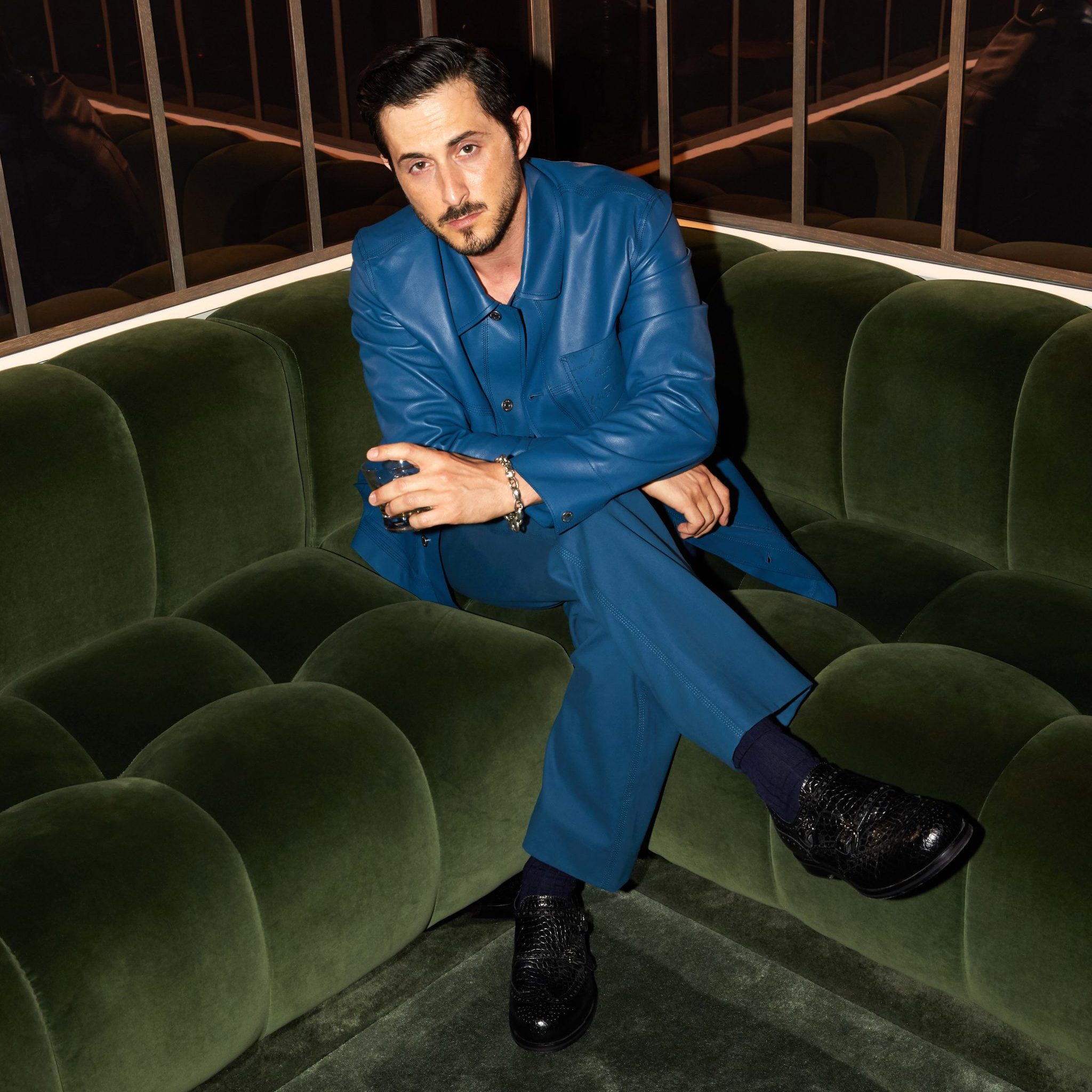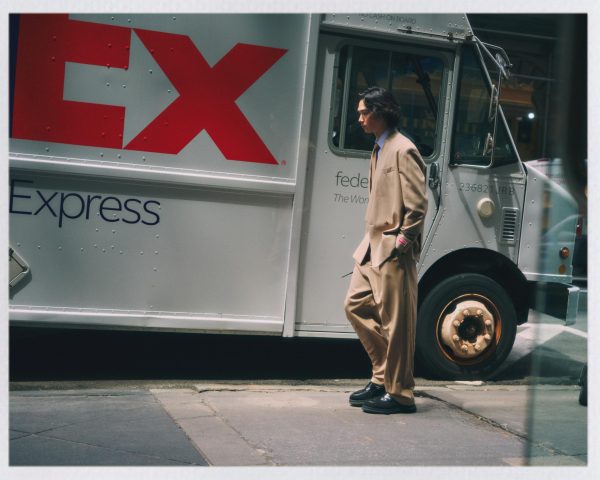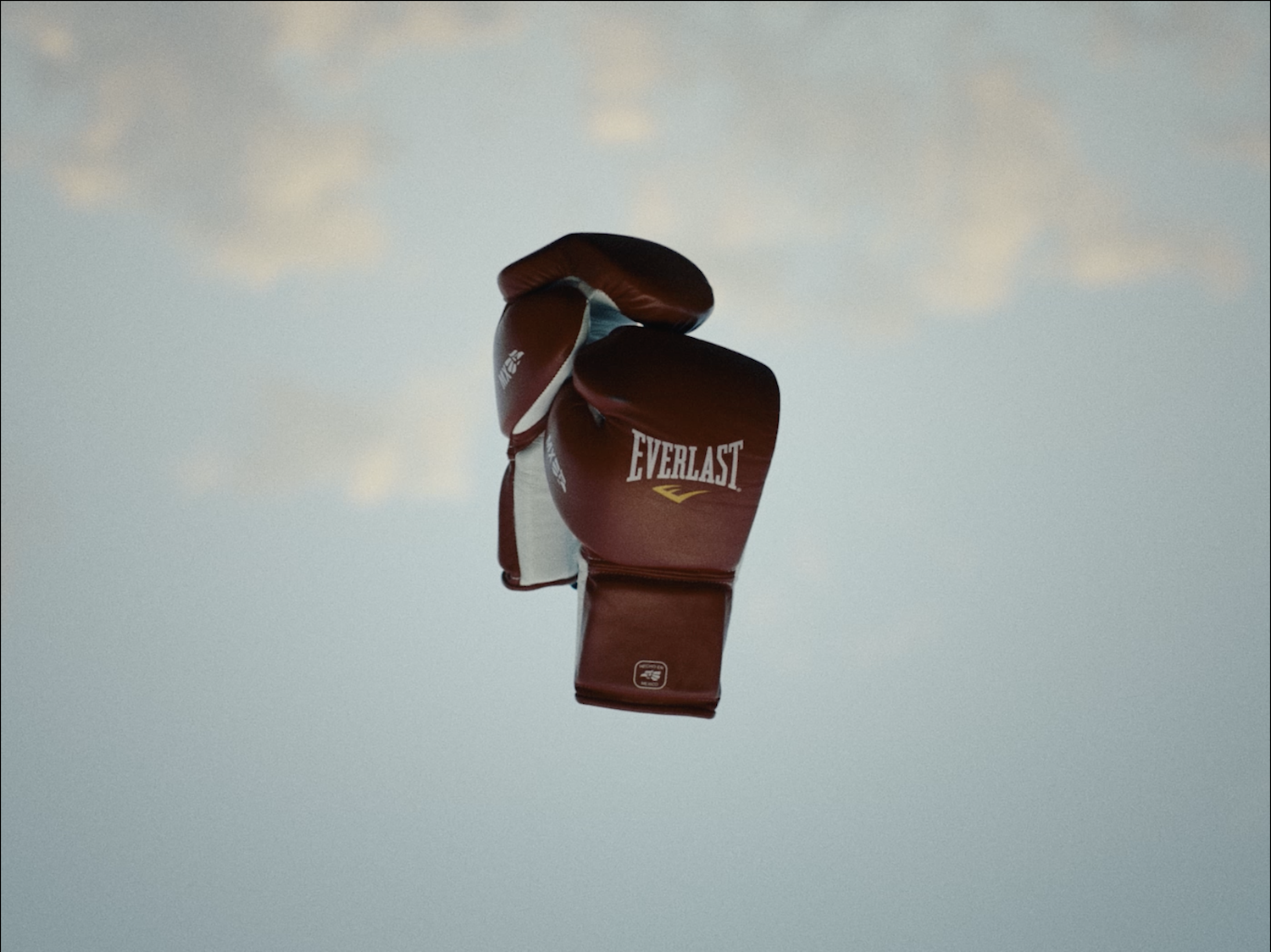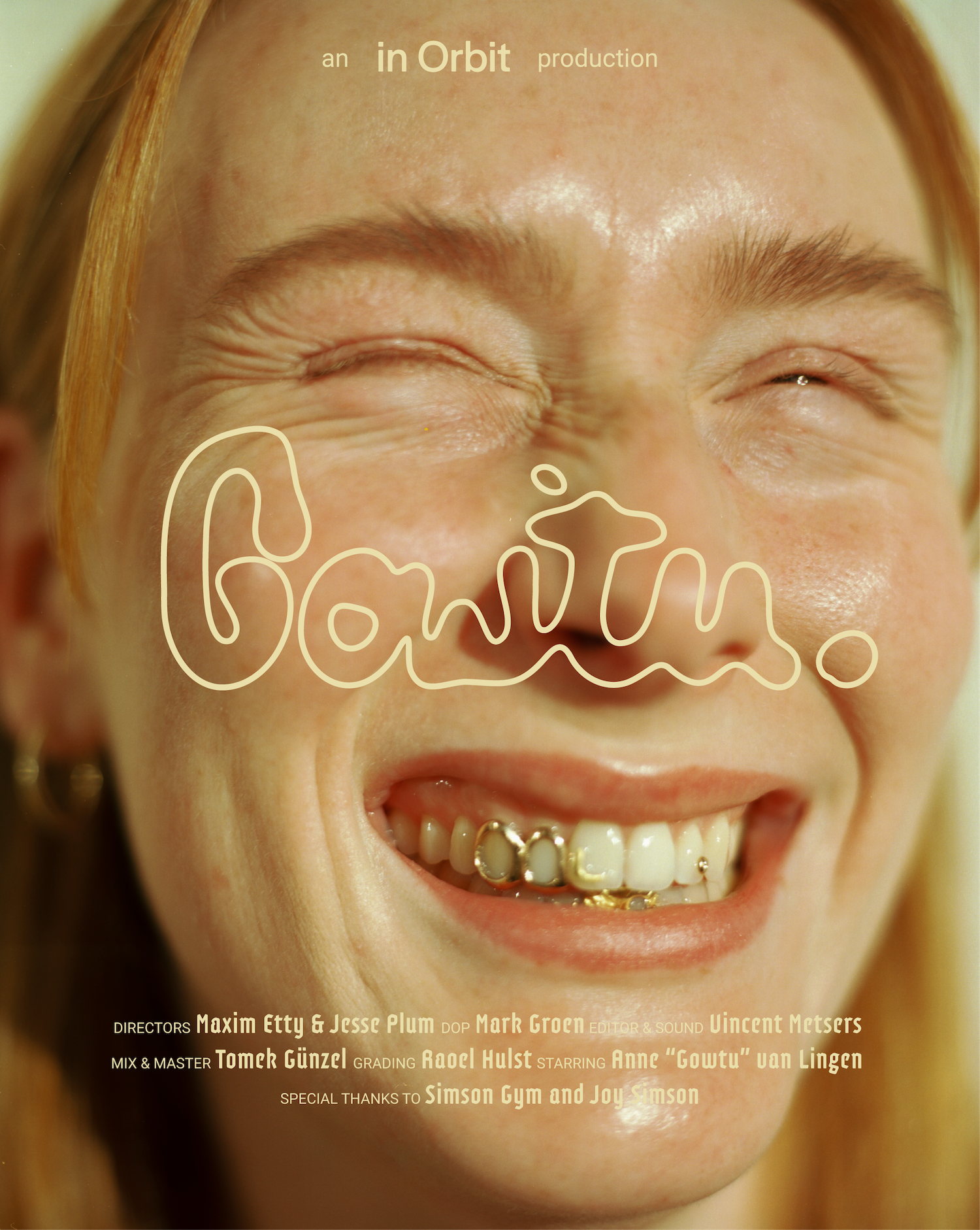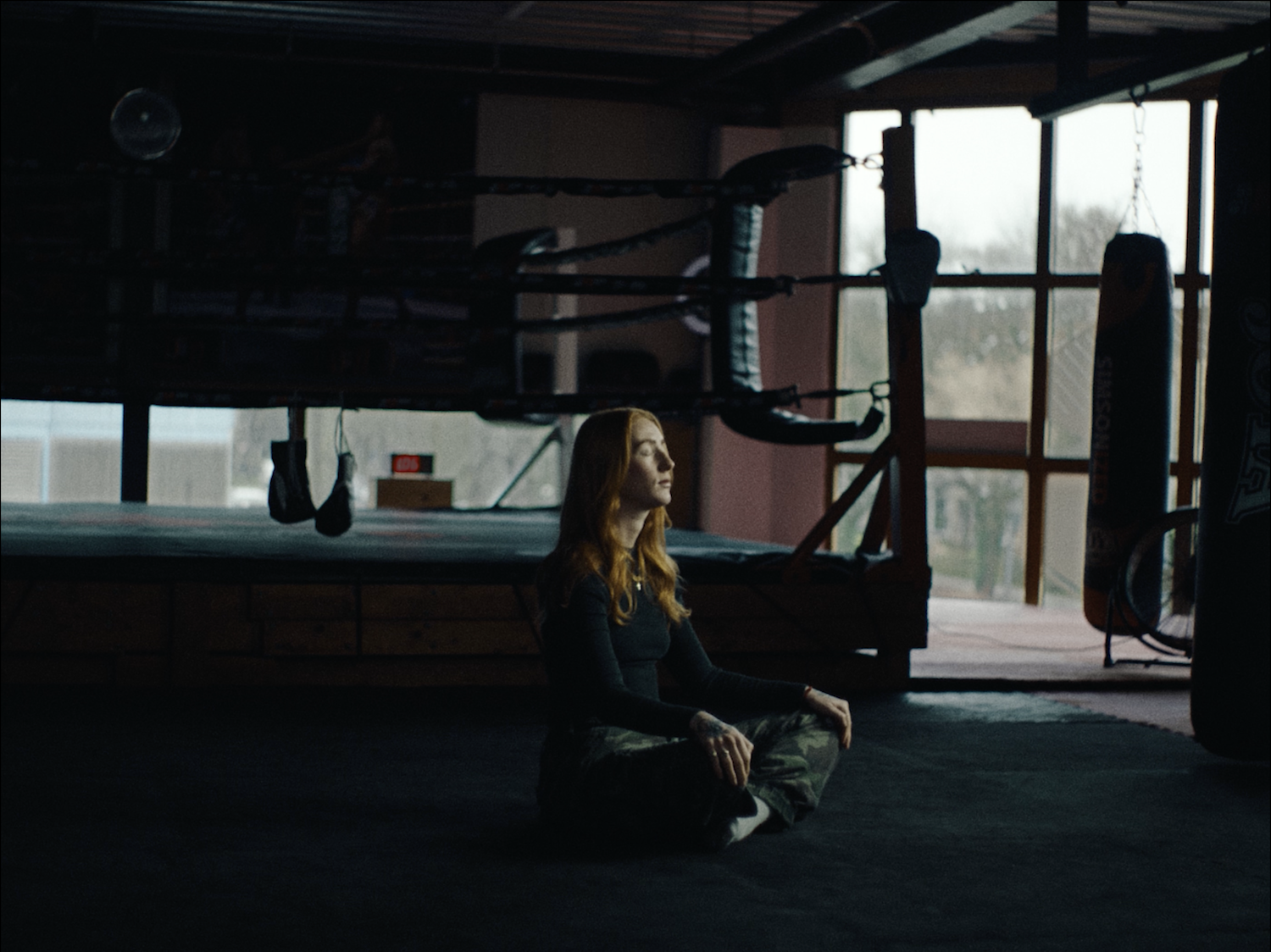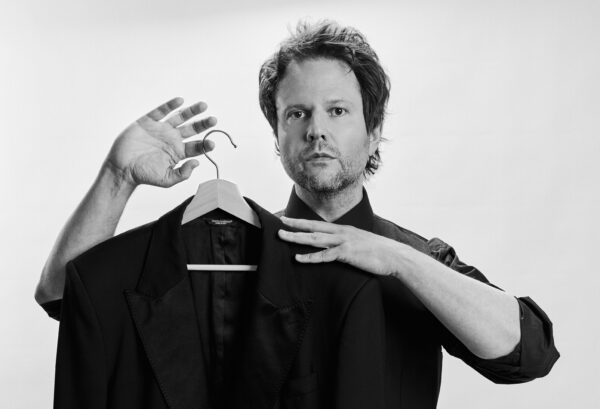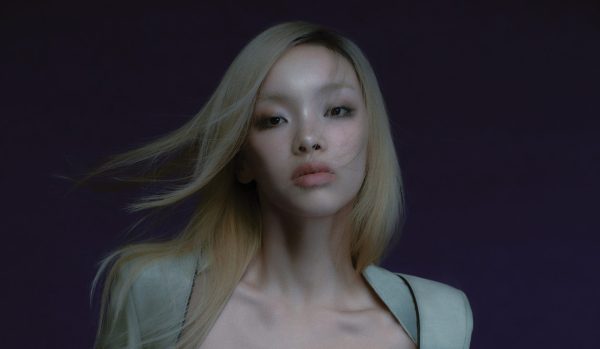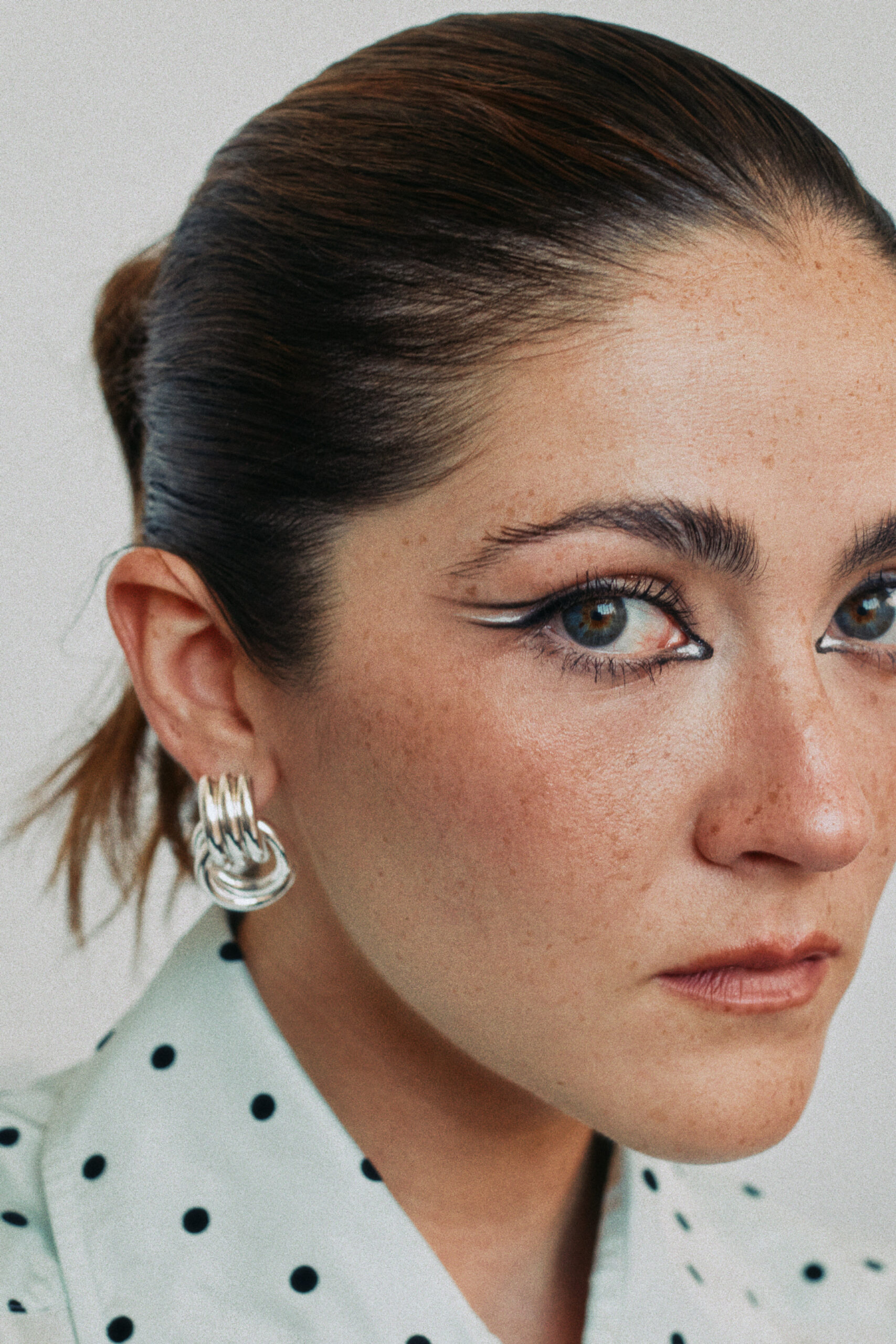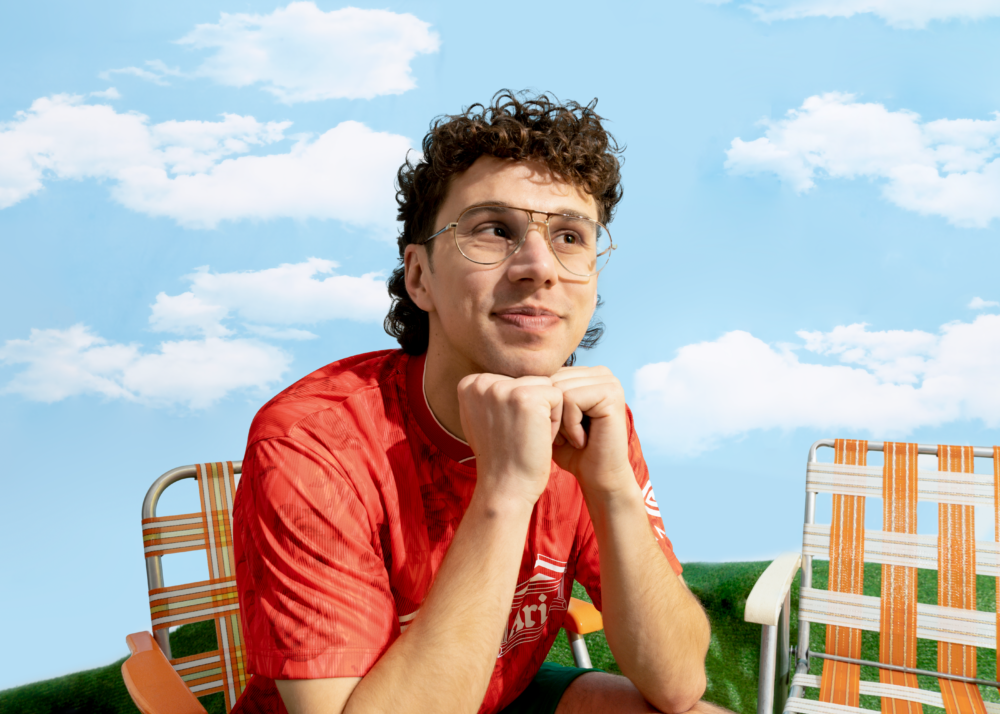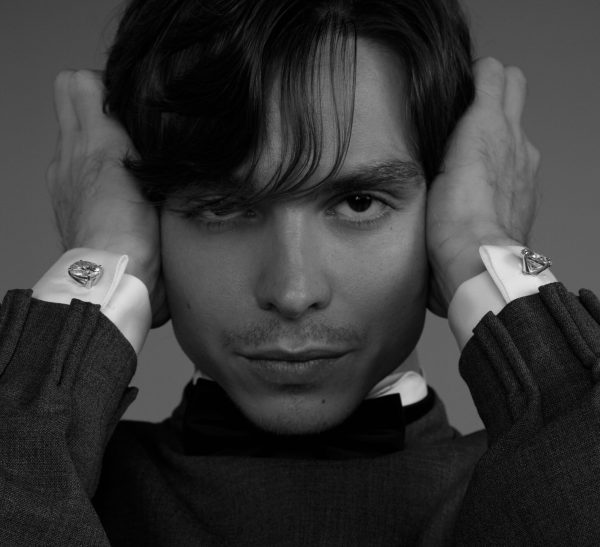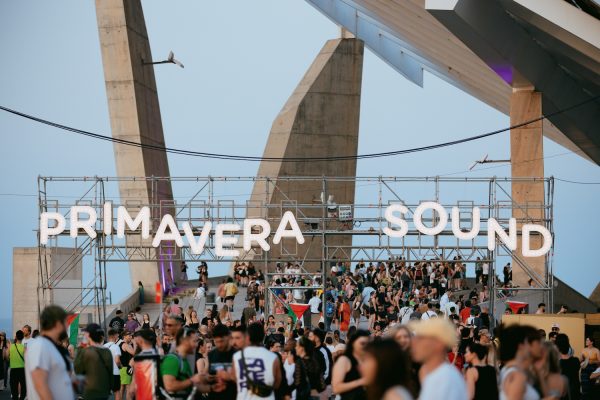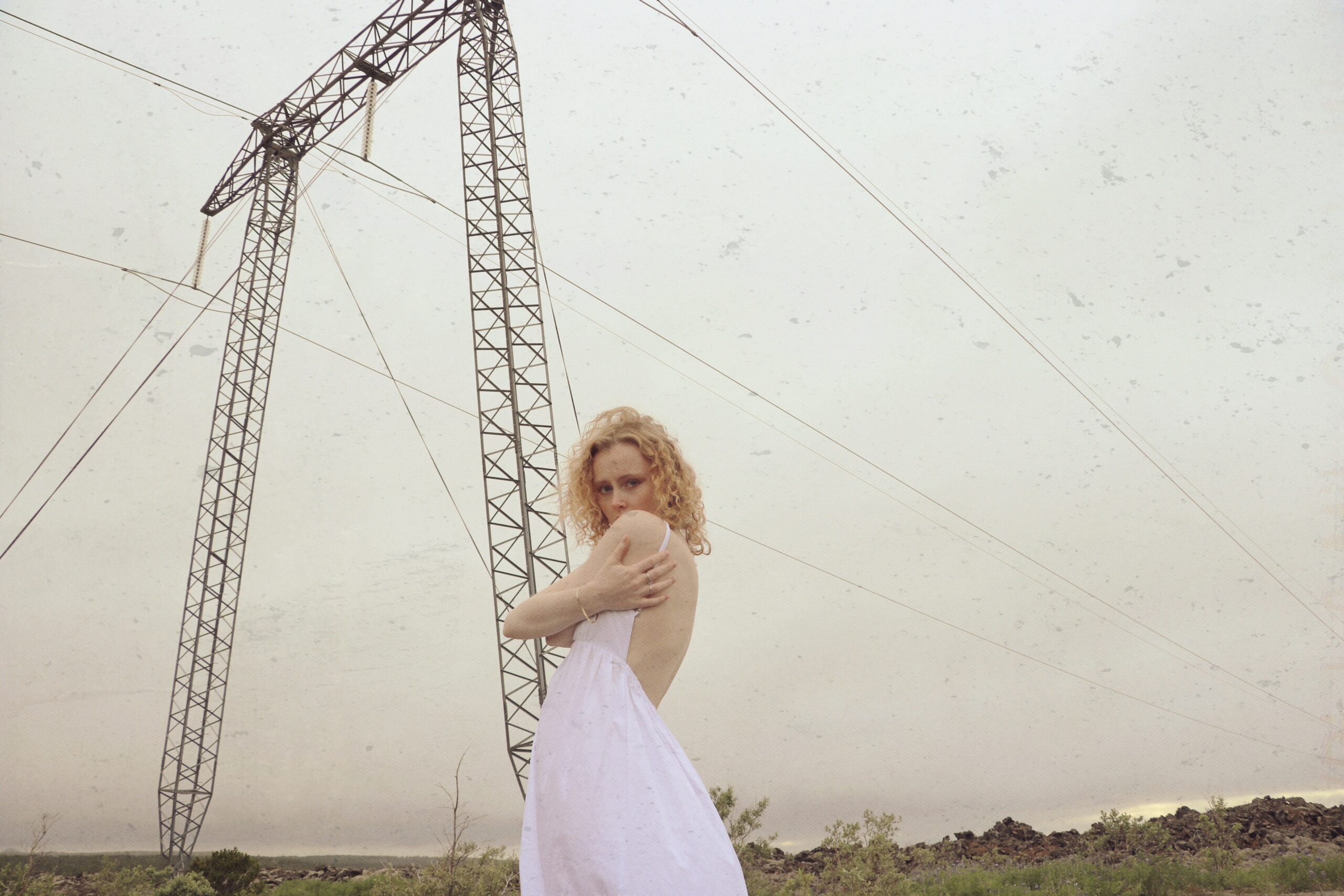
For those who have never visited Iceland, the country can be an enigma of sorts. Much has likely been left to your imagination — volcanos, lagoons, chilly temperatures — but exploring the country and meeting those who shape Iceland’s culture is something that must be experienced firsthand. What better way to explore than to visit the country’s capital city, Reykjavík, during Iceland Airwaves, happening Nov 7th to 9th. The annual music festival has grown from its humble beginnings — a small event showcasing local talent in 1999 — to the internationally known festival that artists and music attendees alike adore. This year, Iceland Airwaves celebrates the festival’s 25th anniversary — a feat that should be celebrated both for its longevity and its impact on the Icelandic music scene in the country and around the world.
One of the artists performing is Iceland’s very own Élín Hall. The multifaceted musician and actress has deftly crafted a filmography and discography that are as unique and distinct as she is. Her latest album, “heyrist í mér?“, was produced by Hall herself along with Reynir Snær Magnússon and Árni Árnason, and explores her embracing her power and using her voice — all while asking the question: can you hear me?
Hall sits with Schön! nestled in a summer cabin in the countryside where a handful of Icelandic artists, including Supersport and Magnús Jóhann Ragnarsson, have been brought together for a pseudo-Iceland music showcase in support of Iceland Airwaves. As we slip away from the rest of the group to chat, Hall jokes that it’s like we’re having a sleepover and it’s time for “girl chat.” With a voice that can evoke both the fierce power of the female experience and the delicate beauty of human emotion, Elín Hall has quickly become a luminary in the Icelandic cultural scene. And when speaking with her, it’s clear she will inevitably follow the same path that fellow Icelandic creatives, like Björk and Sigur Rós, and reach international acclaim. She just got back from London where she’s been meeting with songwriters and learning how to write in English, and earlier this year she made her debut at the Cannes Film Festival, where her new movie, When the Light Breaks, was shortlisted in the “Un Certain Regard” category.
Schön! chats with Hall to discuss the music scene in Iceland, the intersection of music and acting, and her vision for the future.
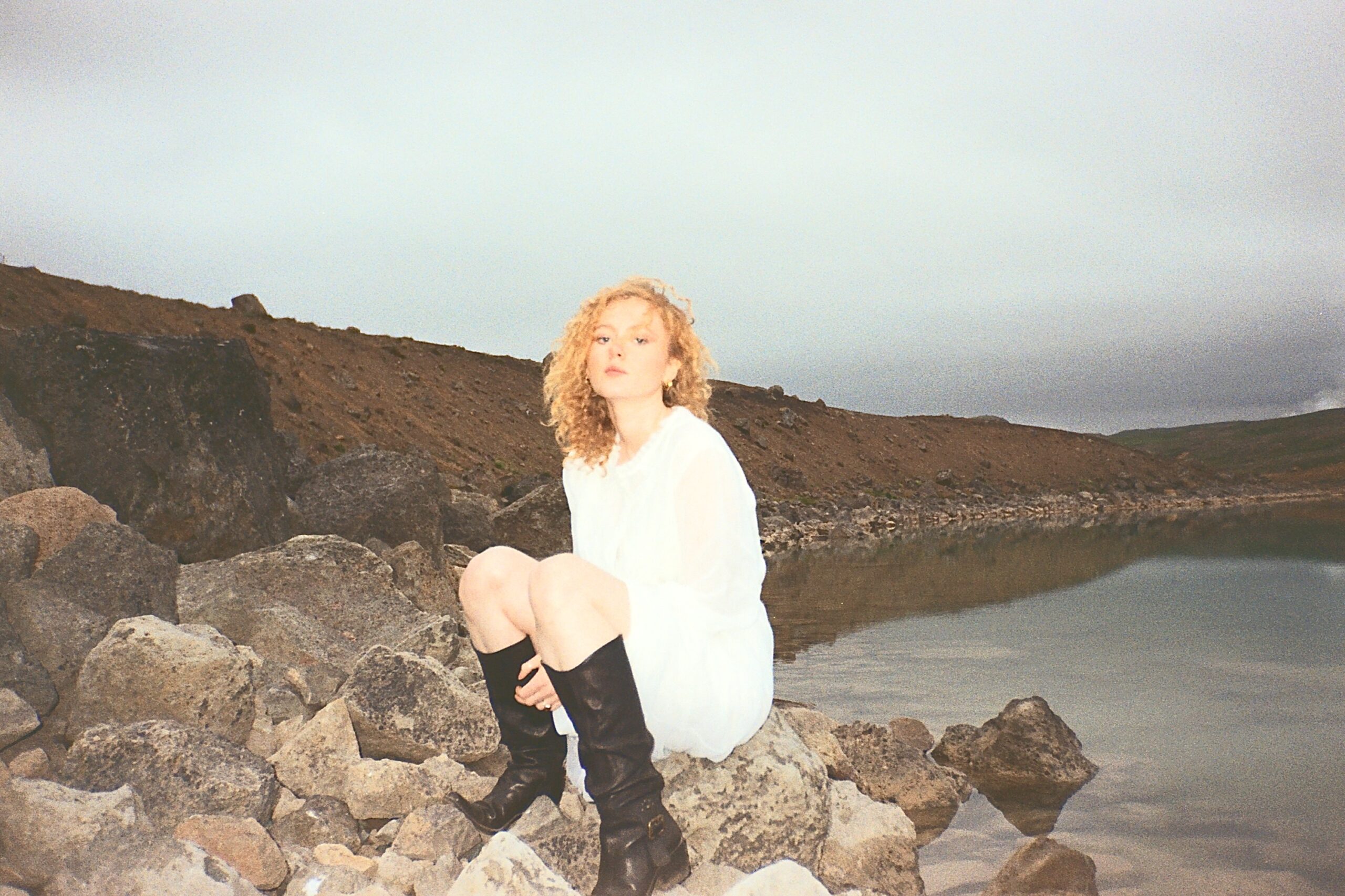
You told a story about your mom teaching you how to play guitar at the summer house here in Iceland when you were young, so when did you start pursuing music?
Well, I left school in 9th grade and I went back for 10th grade to finish. I initially went to Montreal in Canada to pursue a career as a professional ballerina. For me, music was always there, but I didn’t really think about pursuing it or calling myself a musician, even though I had always been writing. It was like playing as a kid, something I thought everyone did. When I finally quit ballet, it was my first heartbreak. It was really hard to turn away from that. It made me question everything I always wanted because I always wanted to be a ballerina.
When I was 16, I decided ballet wasn’t for me. The whole world of ballet seemed very ugly to me, so I decided I didn’t want it anymore. Music kind of found me through that heartbreak. I really needed music to get me through quitting. I think a lot of people might relate to giving their whole childhood and adolescence to something, maybe an instrument or a sport, and then realising it’s not for you. There comes a cut-off point where you decide… whether it’s what you…
Whether it’s what you want to do for the rest of your life or not, which is quite daunting at that age.
Yeah, 14 or 15. My whole life was going to be about ballet, and then at 16, I decided to completely quit. I think it’s like this in every country, but in Iceland, a lot of sports and extracurricular activities reach a point where it’s all or nothing. You can’t just dabble casually. Either your whole life is consumed by it—you don’t have friends, you don’t go to school—or you just don’t do it. I decided to quit, and that’s when music found me. It ended up being very beautiful and truly my passion.
When you think back to your childhood, is there a specific story or fairy tale that made you want to pursue songwriting?
I was really inspired by my grandmother. She is a writer, mainly of children’s stories and novels, and she taught me to create stories around anything. We would go on long nature walks, and she would create whole universes around the rocks, like trolls that have seen the sun and then became stones. She always told me that every story has something good in it, a little glimmer of hope. She fundamentally shaped who I am and why I wanted to pursue being an artist — because of how she thinks and how she raised me.
You’re an actress as well — playing a character can feel quite separate and detached whereas music comes directly from you. How has it been navigating those two worlds?
Sometimes I struggle with acting because it’s more about portrayal. Acting is such a broad field, but when you get a role in a movie, you’re usually portraying a character that somebody else has created. I love acting and have a huge passion for it, but sometimes it leaves me feeling like I’m lacking a creative outlet. That’s why I lean into songwriting so much because that’s where I feel I have creative control. I am the director of my own songs.
Characters are so different. If you create a character, it comes from you. But often, you’re trying to fit into a mold. There are many factors involved. When I’m writing music, it’s all me. I call the shots, and I really like that.
Do you make playlists for them to get into their mindset?
Yeah, I have all these playlists for the characters I’ve played, and they often make no sense to anyone else. They must make sense to me. If someone else found them, they might not understand. For example, in my newest film, I’m playing a very strange, androgynous character. I listened to a specific Taylor Swift song — “Sweet Nothing” — which is not related to the character at all. But for me, it makes sense. I love writing music for my characters, and I have been quite lucky with that because I’ve been able to convince the directors to let me use it. That is when I feel like everything is working out — when I’m using everything that I’m passionate about.
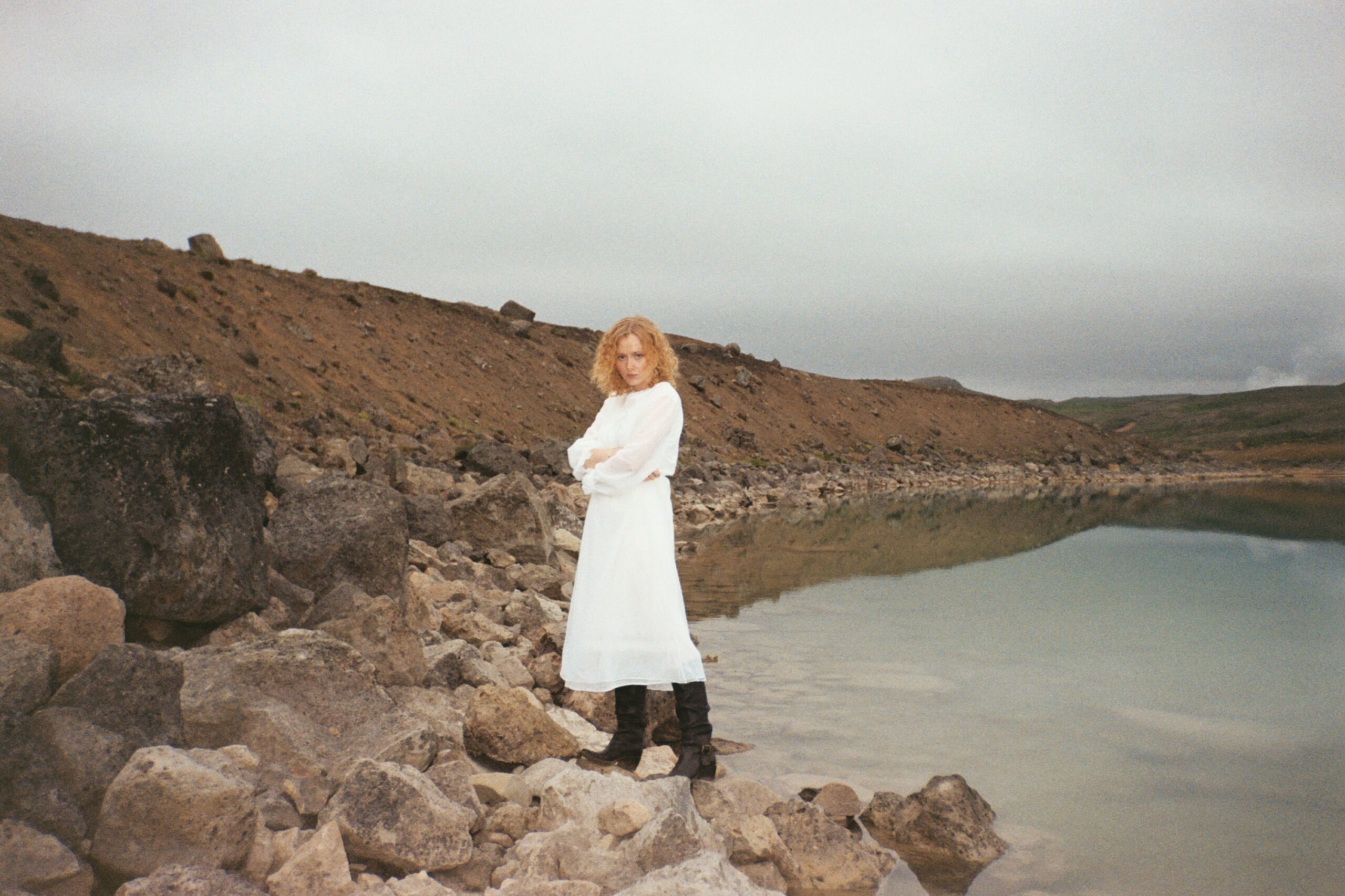
Your album “heyrist í mér?” — or “can you hear me?” — is an act of discovering your voice. It’s vulnerable work. A song like “júpíter” has you screaming, almost in defiance. Was it a cathartic experience to first write and sing that song, but also craft an album around the concept of demanding to be listened to?
It kind of felt like I was crafting an album around the concept and ended up being the reason why I was doing it. There was this underlying tone that this was something important, a motive in my personal life. “júpíter” is a good example because it talks about an interpersonal relationship where you feel like you’re doing so much for a person, and they just don’t listen. When I’m screaming at the end, I’m saying, “I’m speaking, I’m speaking, and you’re not listening.” So, it was inspired by these interpersonal relationships, but also, in a bigger sense, I’ve been making music for 10 years, and that feels like my whole life. It was only really this record that ended up getting me known.
It was also about claiming the space in a way. For me, going from being a dancer to becoming a musician and then an actress—that was the trajectory. It was also about finding a voice. I only realised this when I was in art school and we took some voice lessons with the dance students. It was so strange to see the girls who were studying dance having to use their voices. They were so shy.
They were just used to moving their bodies and not using their voice.
They were terrified of it. I realised how far I had come from being a dancer, starting by whispering little songs. The later song I sang here was from a musical. I had to learn how to sing for my title project, so I wanted to incorporate that into the record. I wanted to have these moments of almost screaming and going into screaming.
How do you think you’ve grown over the last decade or so when you look back at your career so far?
Yes, I think I’ve grown a lot. I always knew that I had some sort of creative calling. Some people are lucky to find it right away, but I’ve had to explore a lot because I have such a strong creative urge. I’ve tried everything and enjoyed all of it. My main passion is about being a vessel for some shared human experience. I don’t really mind what form it takes, as long as I feel I have creative control and ownership over it. Maybe it’s a very feminine thing—wanting to call the shots.
What are you working on right now?
Actually, I’m trying to write songs in English which has been interesting.
Is it a different songwriting process for you?
Yeah, it’s hard because there are so few things that haven’t already been said in English. In Icelandic, you can say many basic things, and nobody has said them before because the language is spoken by so few people. That’s an advantage. But now, I’m trying to find my own narrative voice in English. I constantly compare it to my Icelandic lyrics. It’s a process, but I’m working with some really cool people, so hopefully, it will turn out fine. I wanted more people to be able to understand and connect with my music. That’s the aim of translating and trying a different language.
That’s exciting for you, though. It must be like growing pains, right? You need to try it in order to grow. It’s important to try. Speaking of Iceland and the Icelandic music scene, how has this place shaped your worldview as an artist?
Yeah, that’s a good question. I did grow up partially in Canada, and the main difference, at least where I lived in Montreal, is that children are so encouraged to play with the arts. There are so many opportunities, especially for youth, to get recognized or to play alongside top industry leaders in music. That’s why we have so many musicians from this tiny country who have gone far. We’re very mindful of nurturing young musicians, and I’ve felt a lot of love and support from my country, whether through platforms or grants. The music industry in Iceland is very special because everyone is so nice and everyone’s friends. Whether it’s the music industry or the acting industry, it feels like belonging to a supportive community. I feel like the Icelandic Music Awards and Iceland Airwaves are always very good examples. Everyone’s just hugging and being supportive. It’s a very beautiful industry where rappers and folk legends are best friends. Everyone supports everyone. You do somebody a favour, and they’ll do one back. It’s a very supportive community.
What kind of legacy are you hoping to leave through your art?
Big question. I try not to think about the big picture too much. I went to a Nick Cave concert the other day. He was performing with the bass player from Radiohead and it was the coolest concert I’ve ever been to. Nick Cave had this idea that his songs were like boxes that he would open to see if they resonated in the moment. If they did, great; if not, he would just close it and open another one. This concept really moved me. It made me think about art and myself as an artist in a different way. It’s about seeing if what you create resonates in the moment. Maybe it does, maybe it doesn’t. Maybe it connects with one person or a hundred. It’s all about time, place, and what you’re feeling at that moment — those magic connections.
I believe what makes a piece of art special is not just the artist but also the audience. There’s a connection that happens between the artist and the people enjoying the art. My main goal is to have as many of those connections as possible. I want to connect with others, enjoy other people’s art, and have my art matter to someone, even if just for a split second. I can’t really ask for more.
I think as a songwriter, when you’re writing from very specific experiences, you might feel alone in that experience. But as soon as someone resonates and says, “Oh, I felt like that too,” it creates a collective group of people who have experienced similar things. It’s nice.
Yeah, it definitely is. Being a solo artist is different from being in a band, which has its own lovely aspects. But I do find it challenging to compromise. I have a loyal little following here, mostly teenage girls, and I love them so much. They feel like my band because they show up and sing back to me. It means the world to me. I feel like I’ve made all my dreams come true in this bubble of Iceland. Honestly, I could be very content and happy with what I’ve accomplished. I feel like I’ve done everything I wanted, which is nice. Doing music in English and trying to branch out is just a bonus because the Icelandic music industry is very fulfilling and a safe place. I was in London recently going to writing sessions and I just signed with an agent as well. It’s such a big, terrifying, and beautiful world. I love it and hate it at the same time. Meeting new people has been fantastic. The industry here is small, which is wonderful, but going abroad and meeting people from completely different backgrounds gives me life and inspiration.
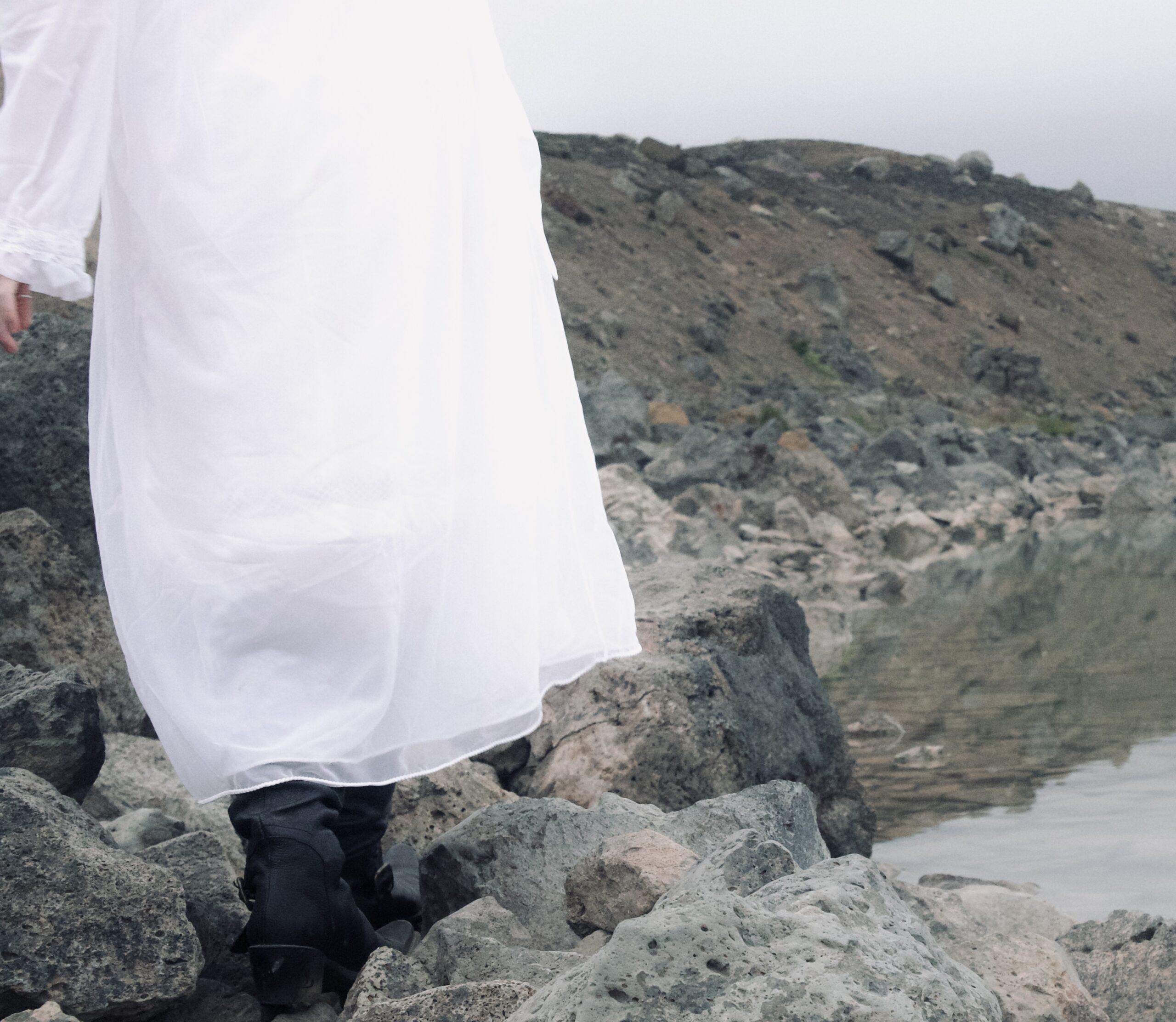
Élín Hall’s album “heyrist í mér?” is out now. Iceland Airwaves takes place 7th – 9th November 2024, tickets and travel packages are available now in partnership with Icelandair.
photography. Elín Hall
interview. Kelsey Barnes






